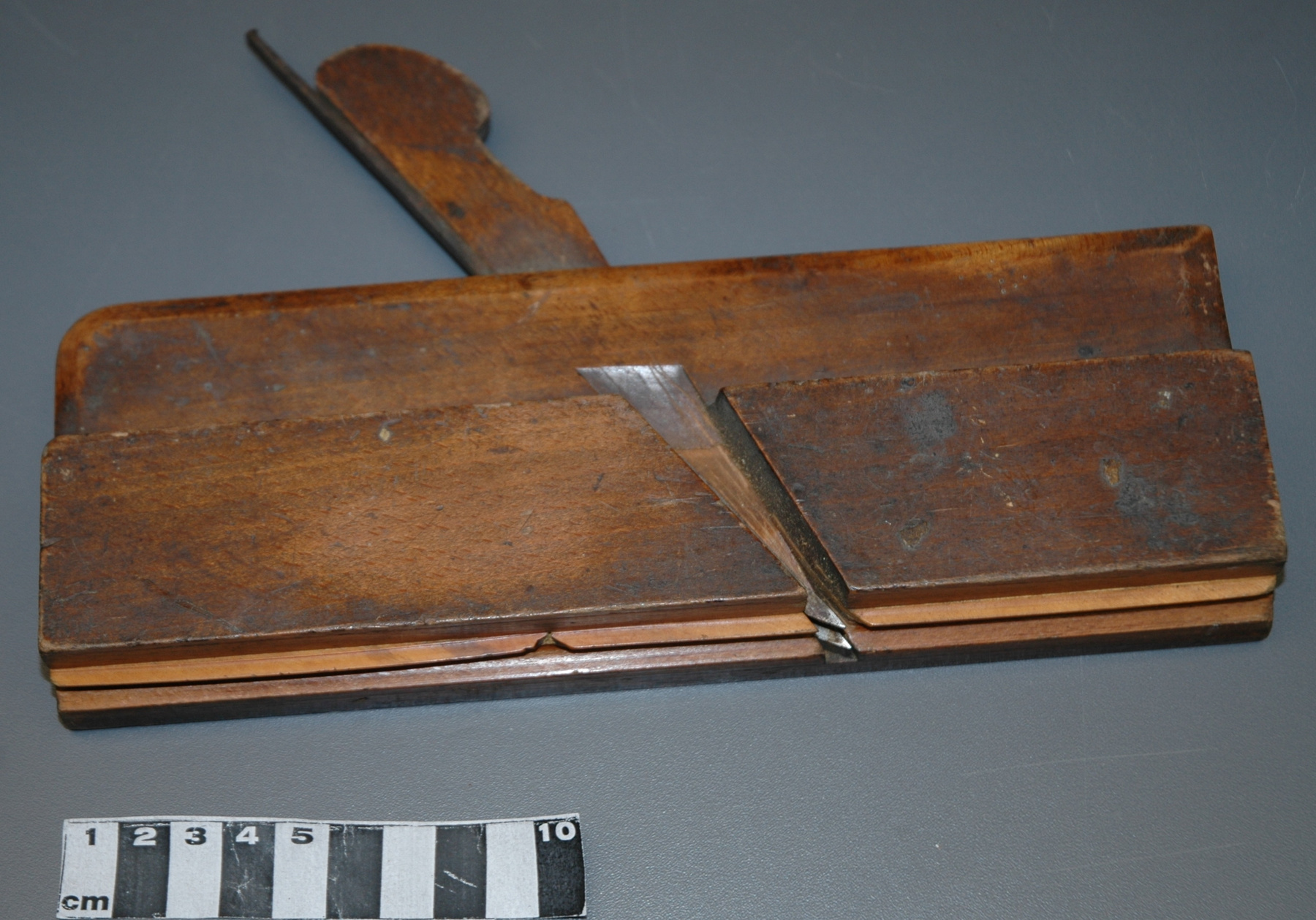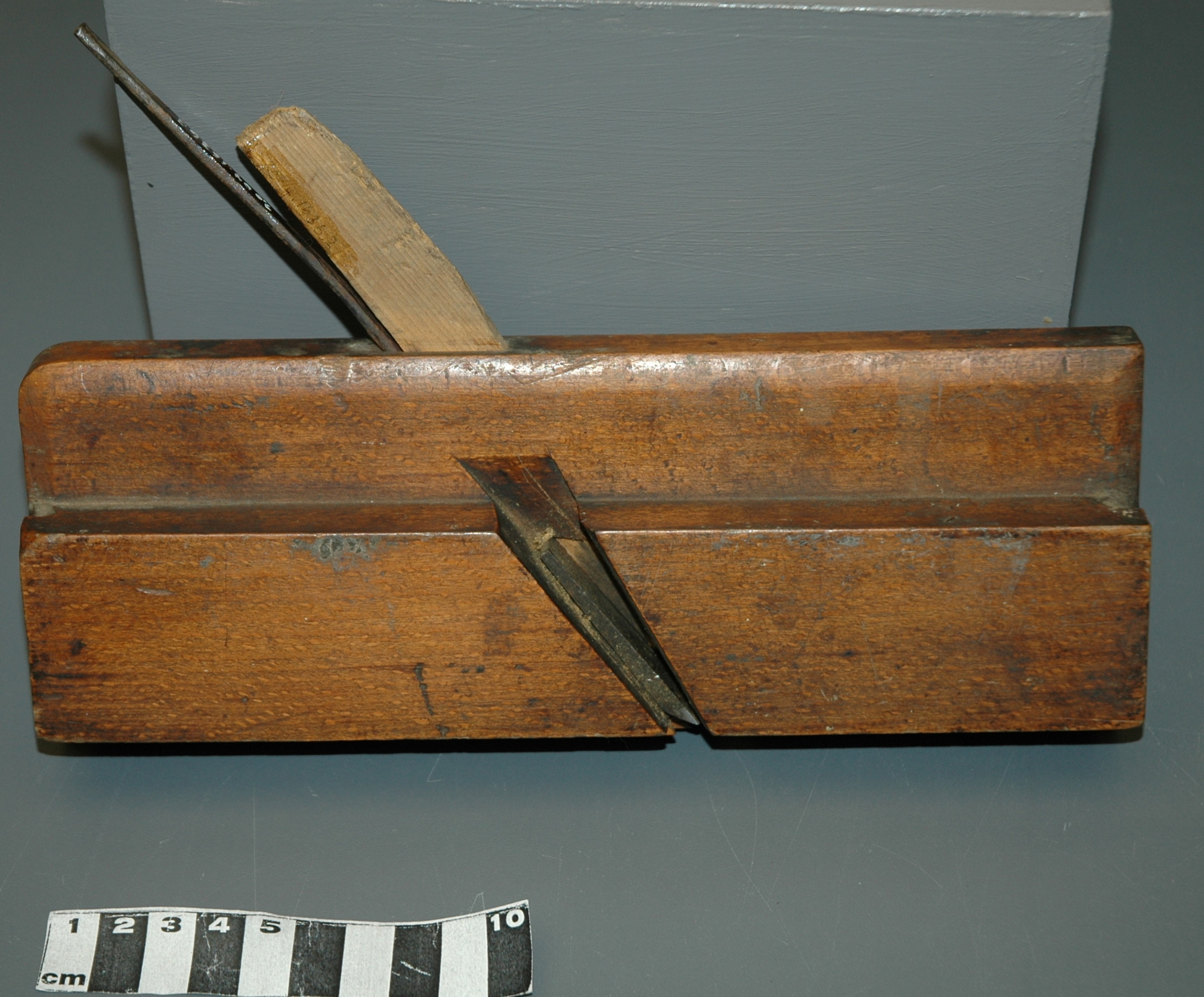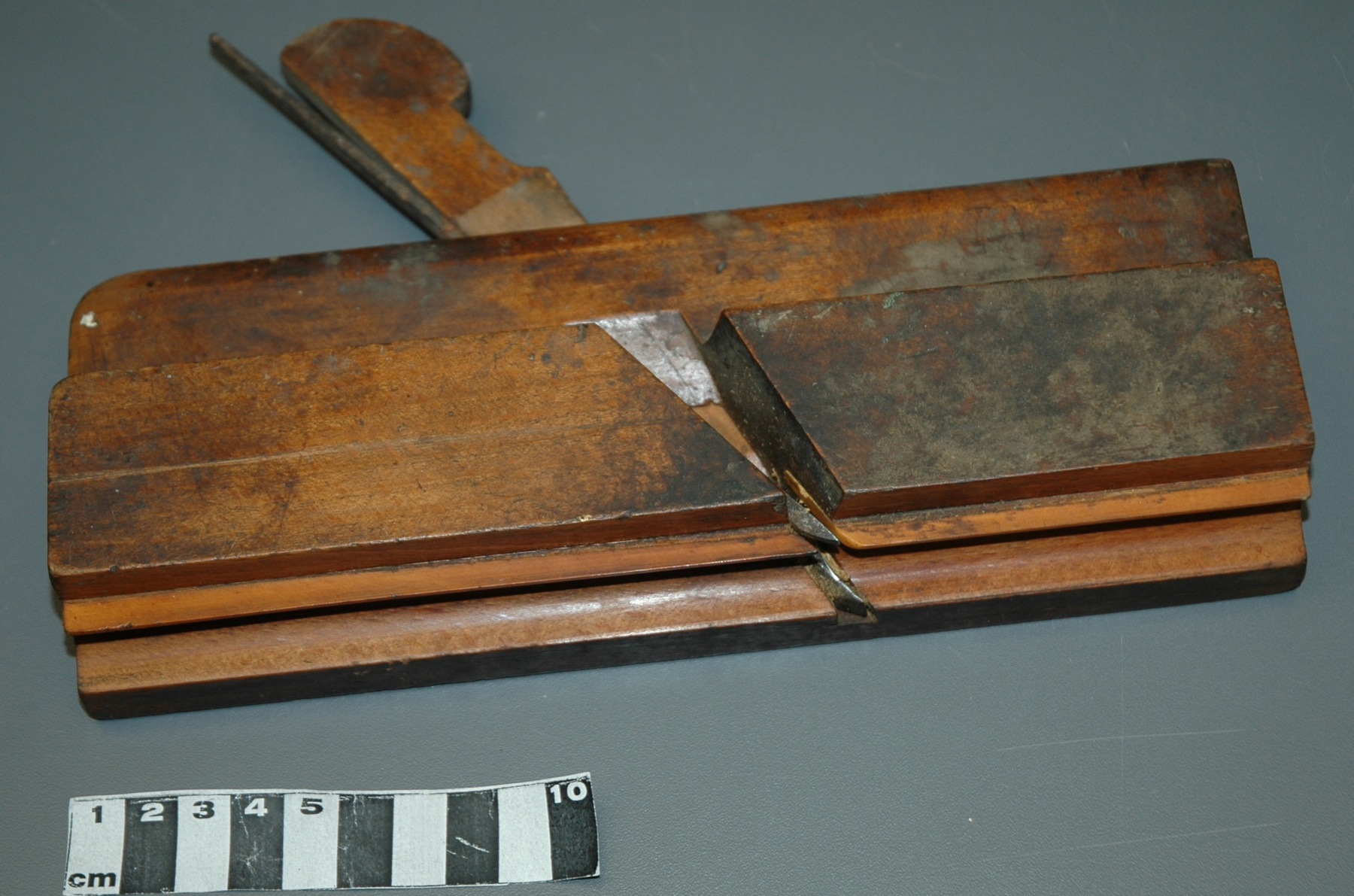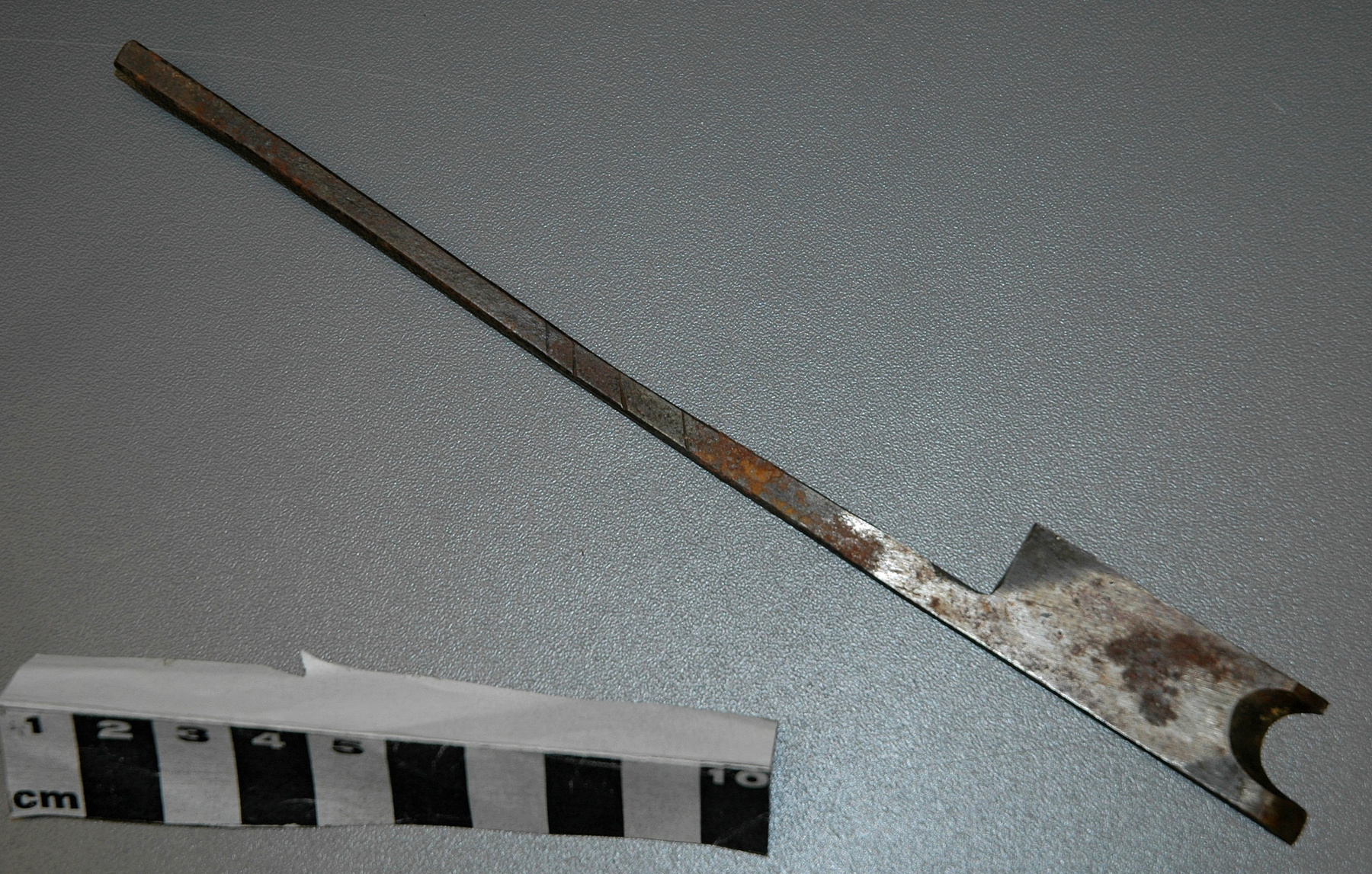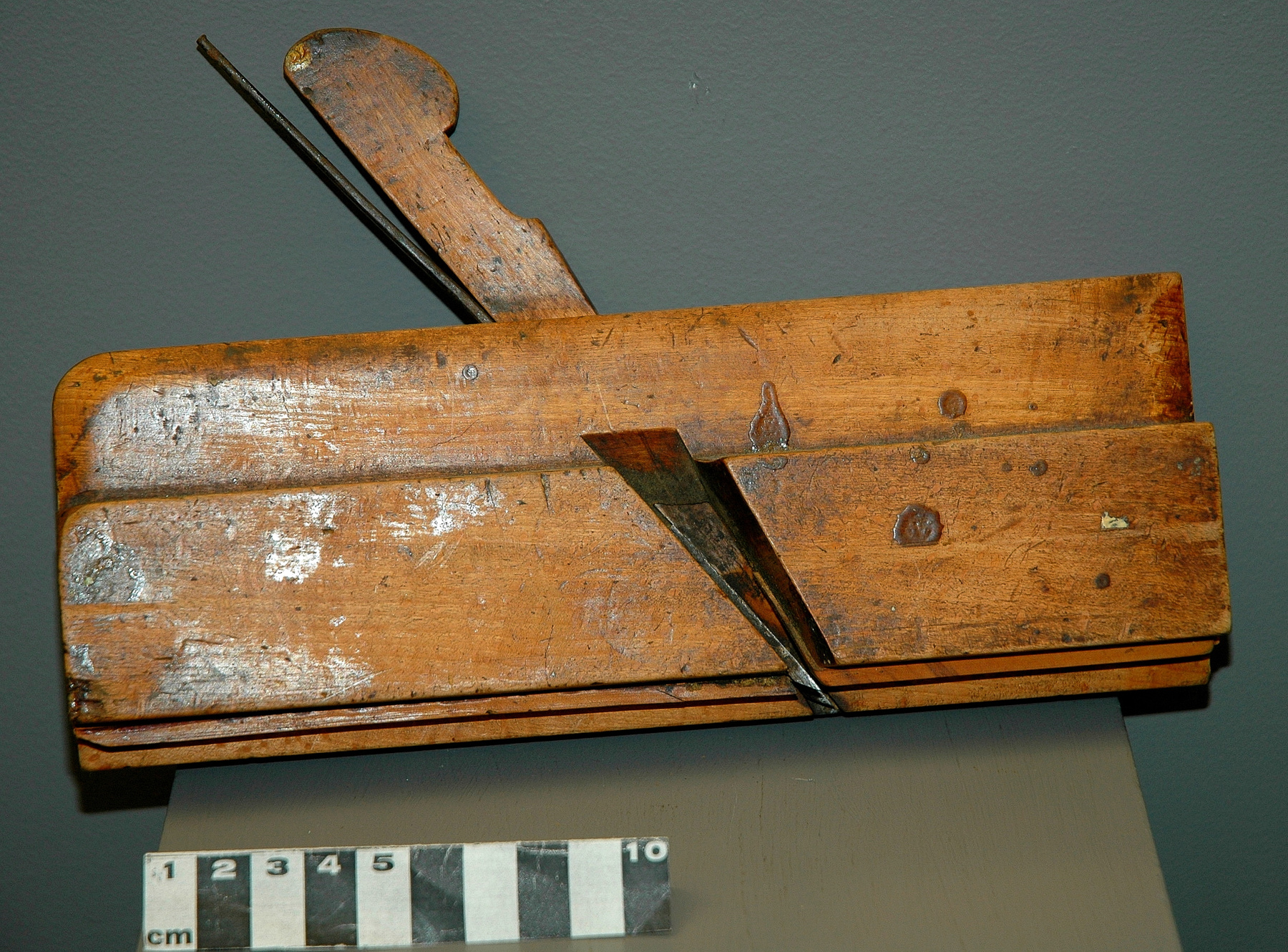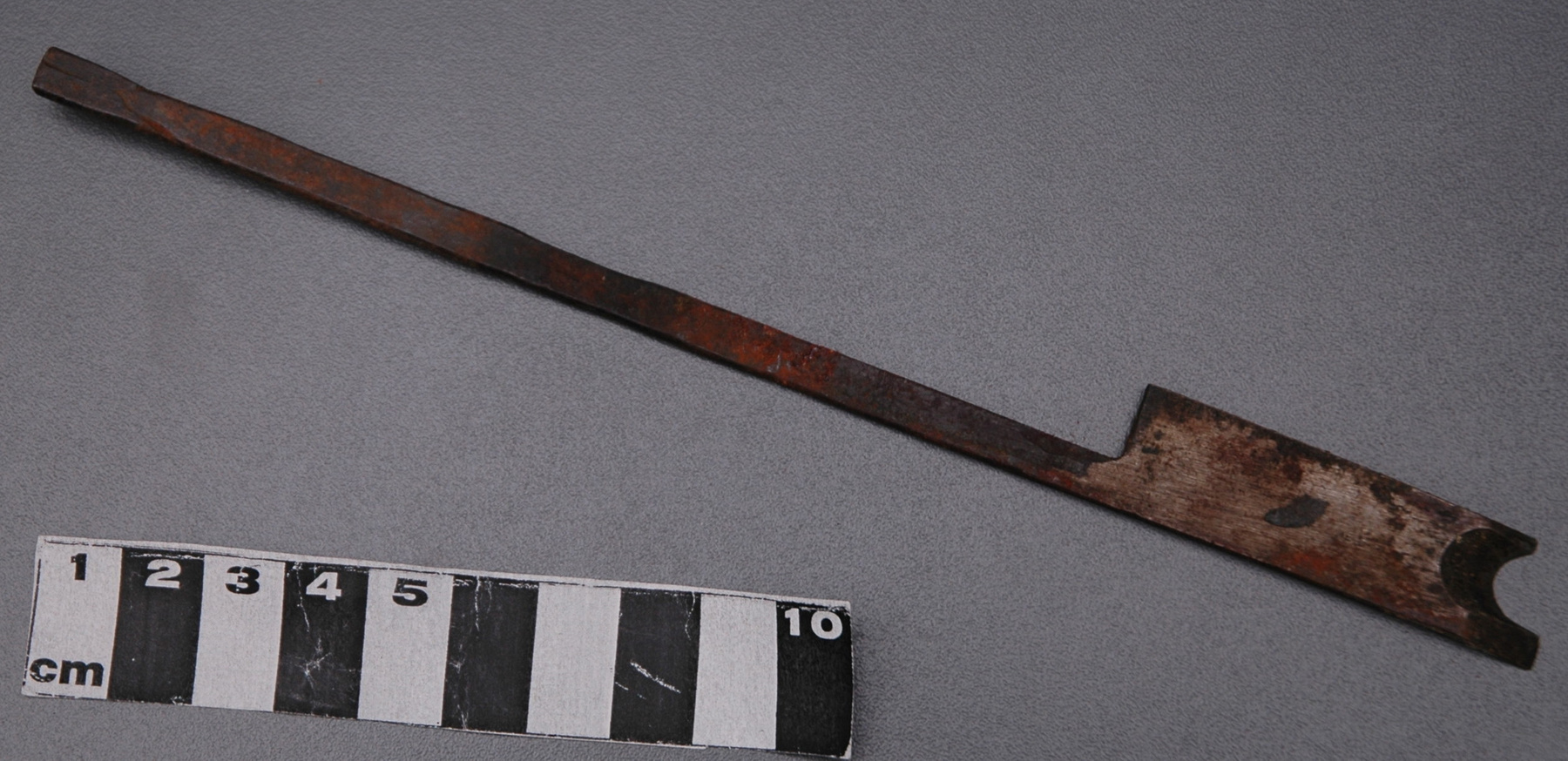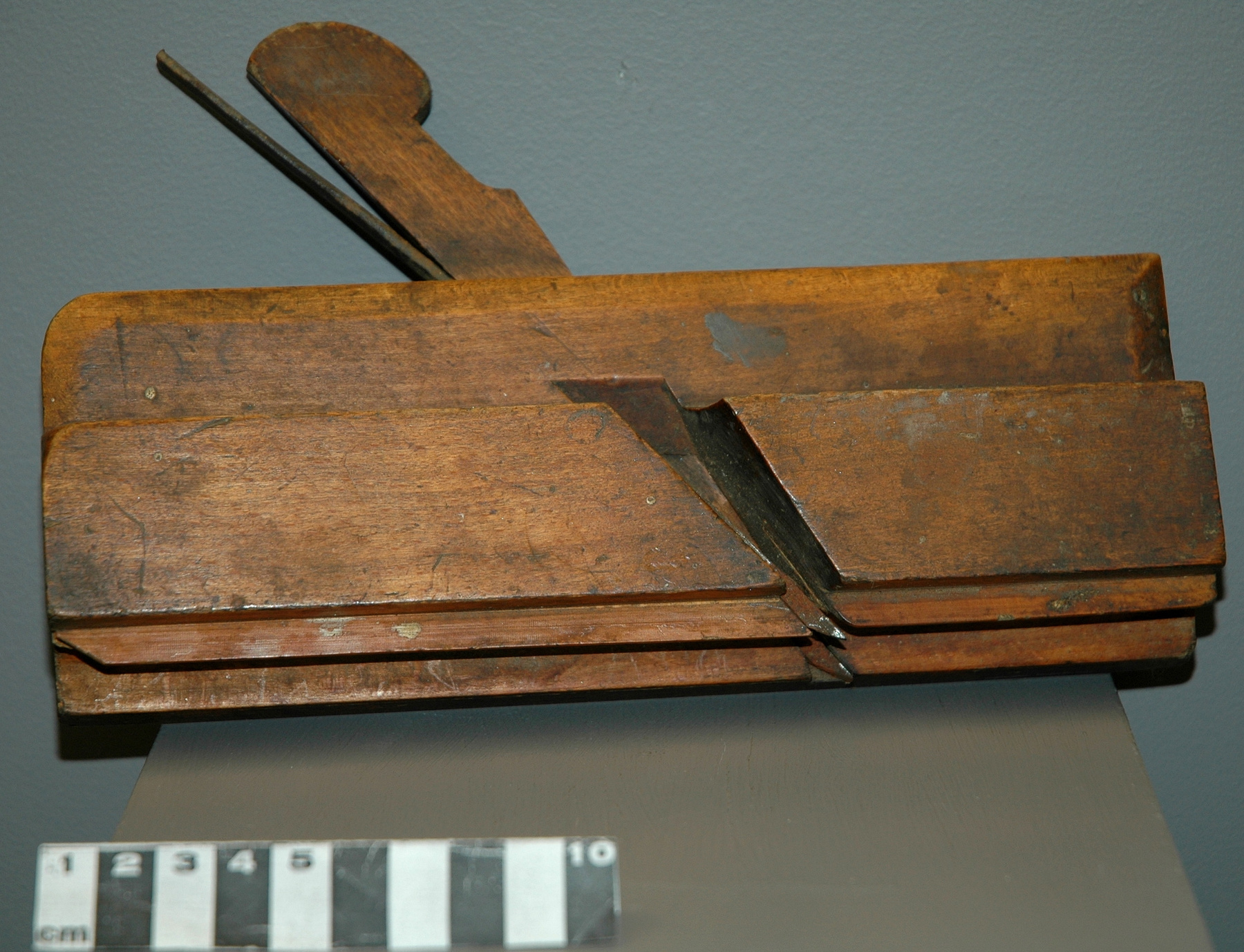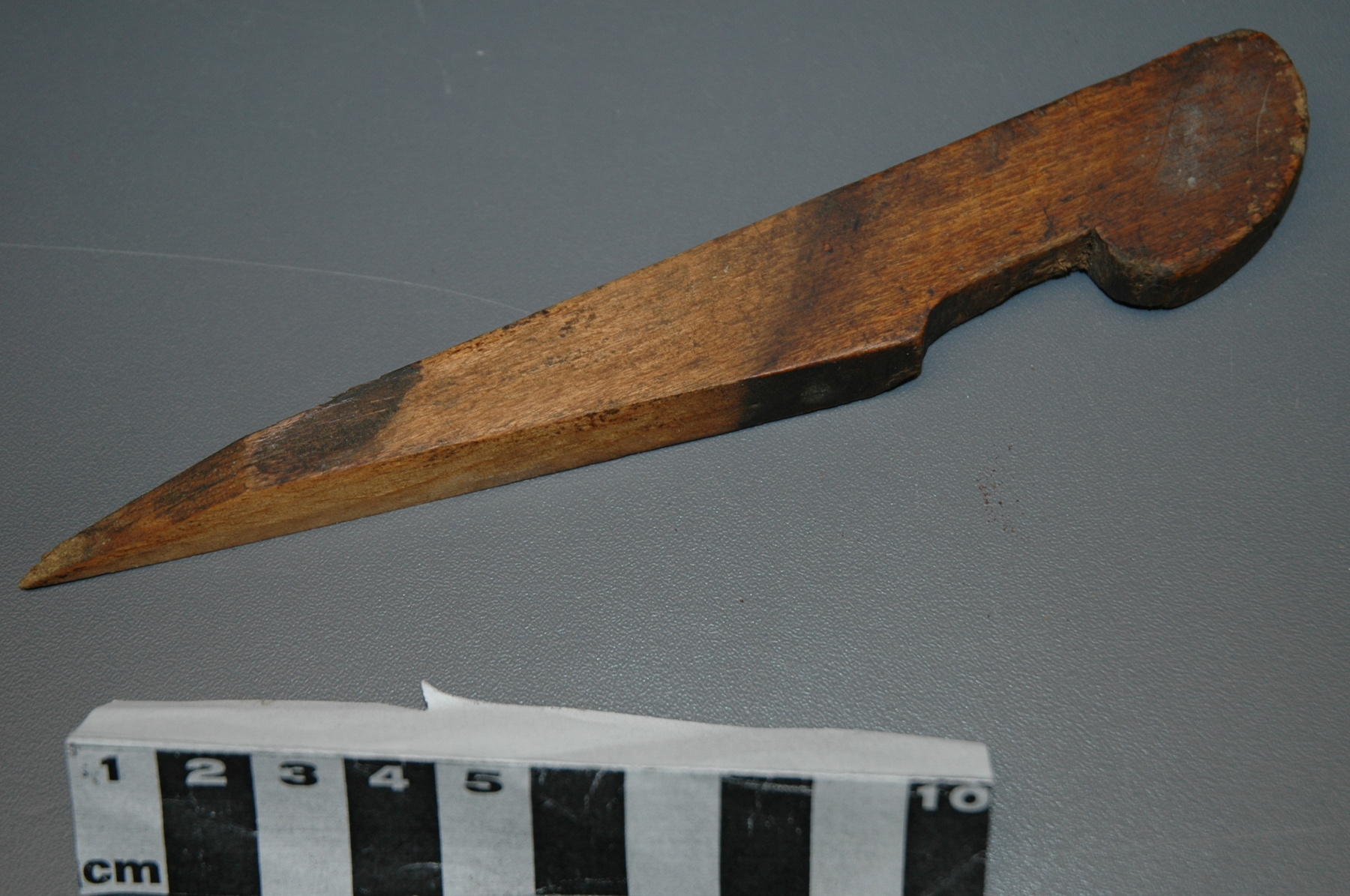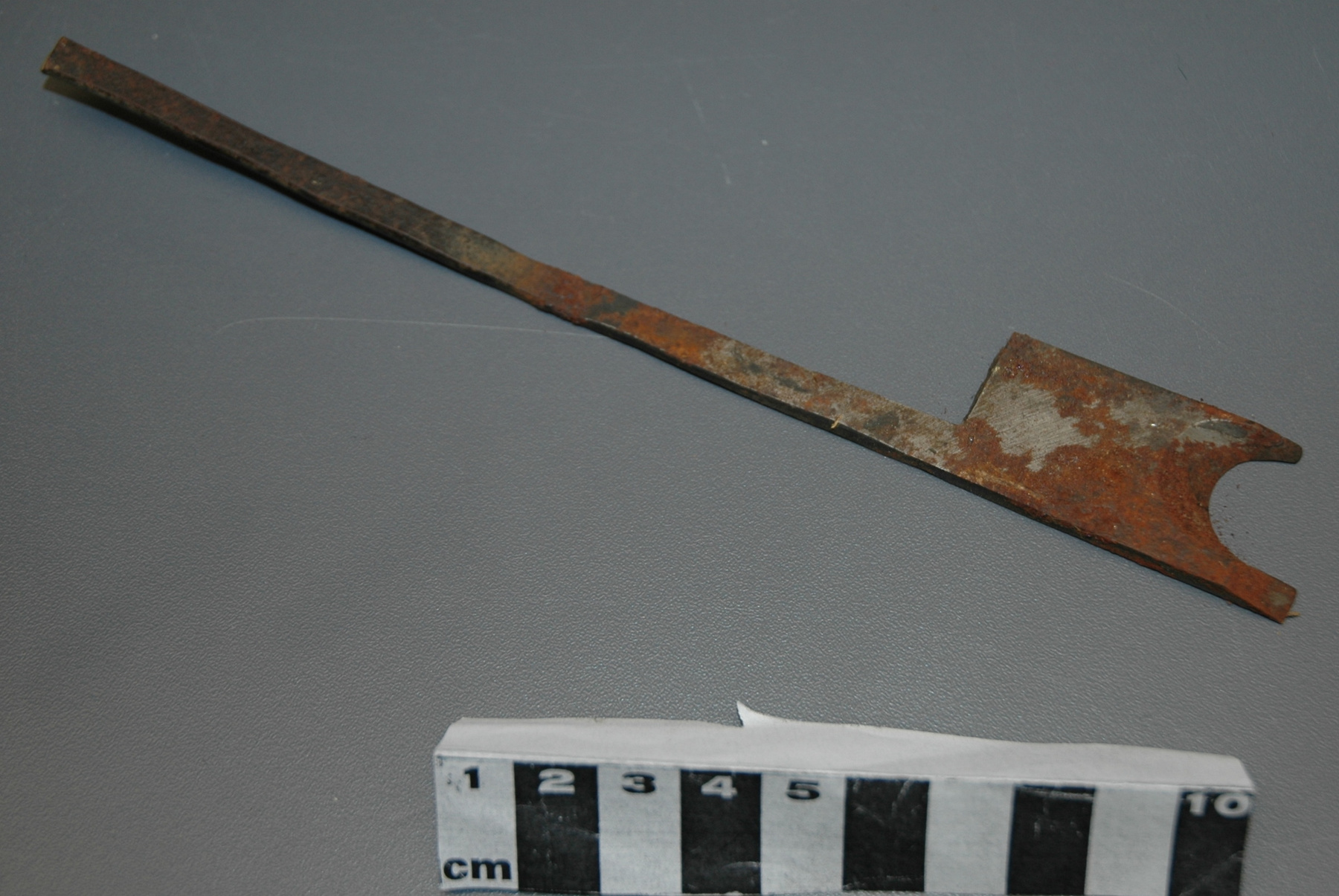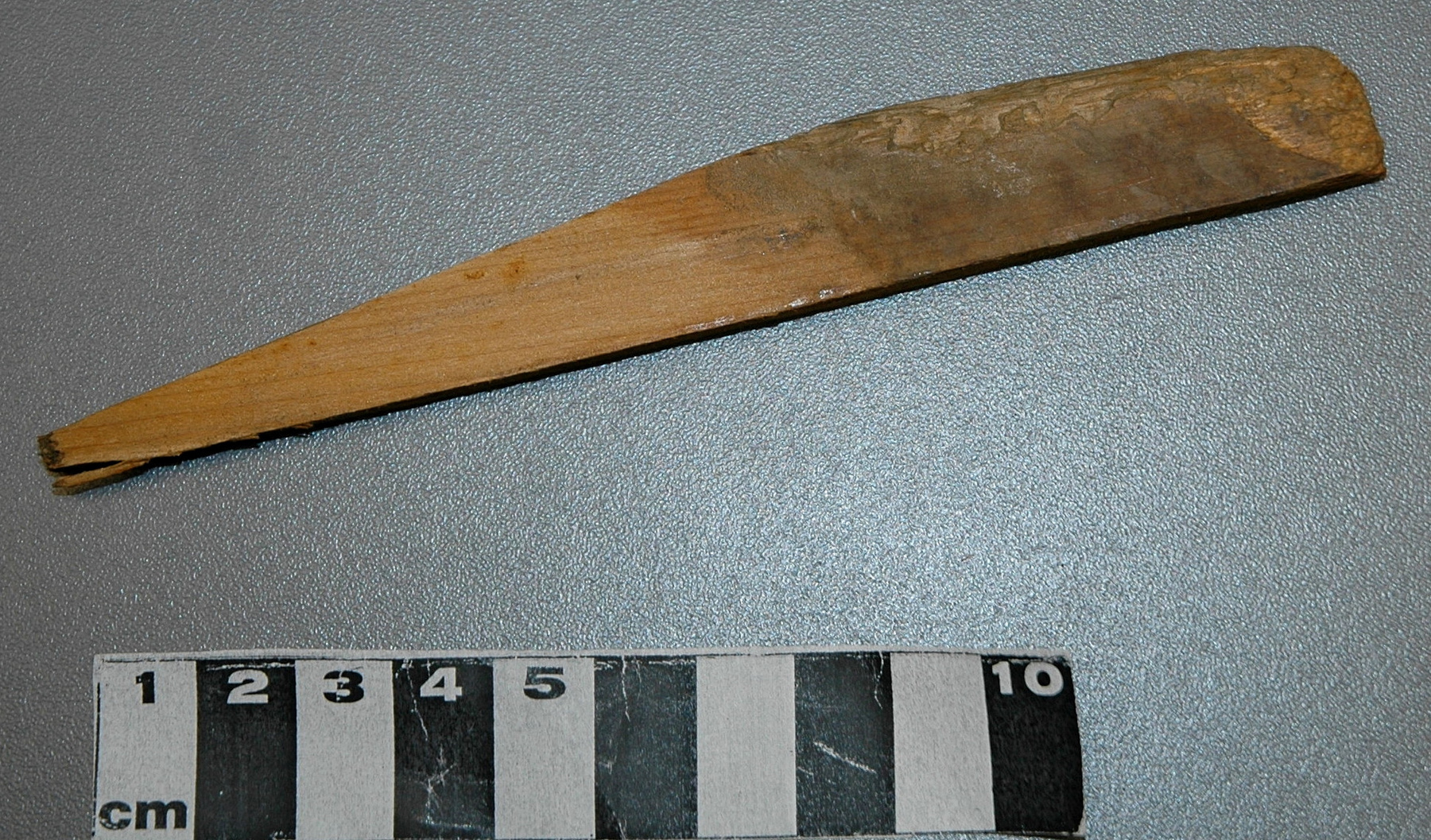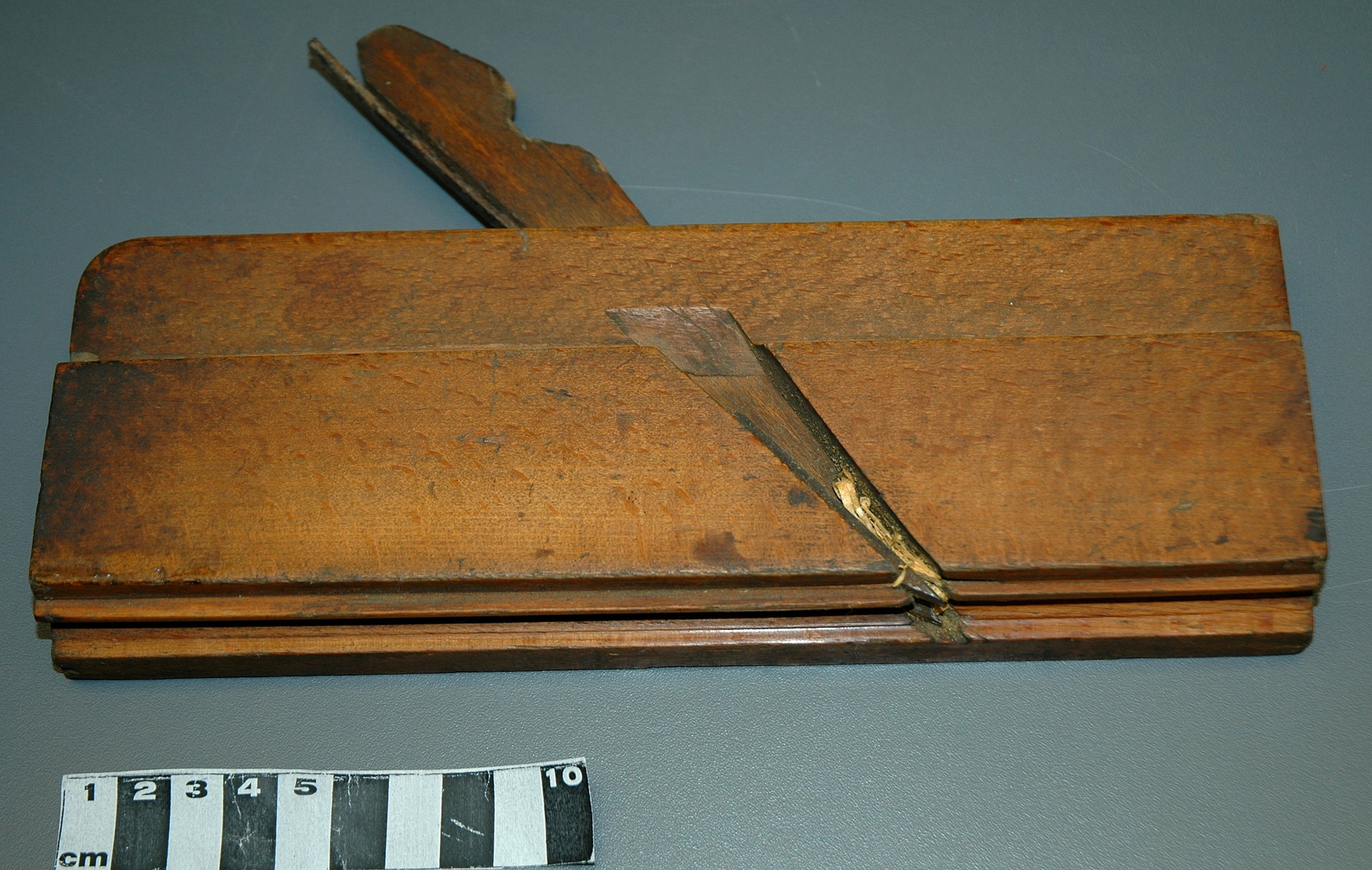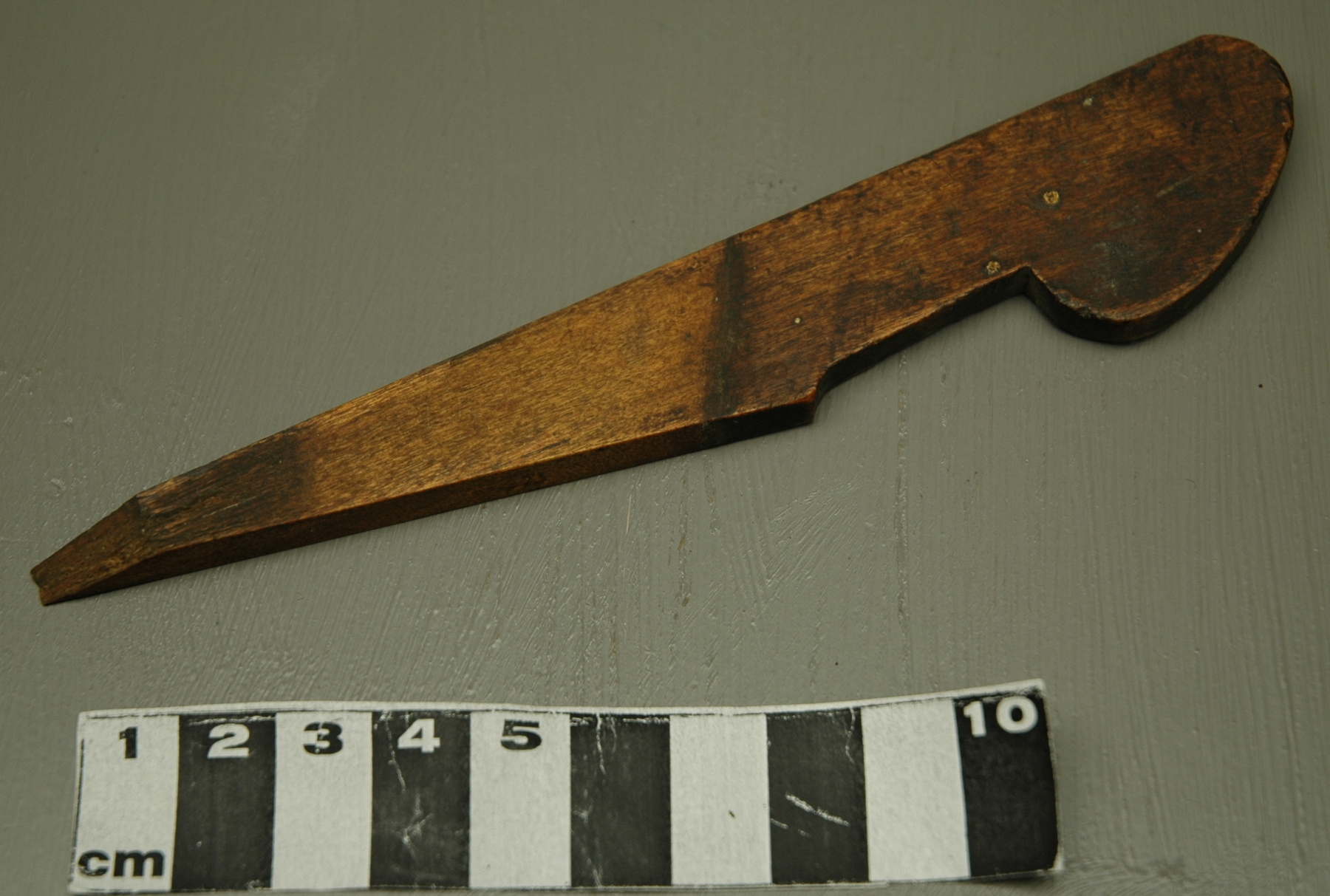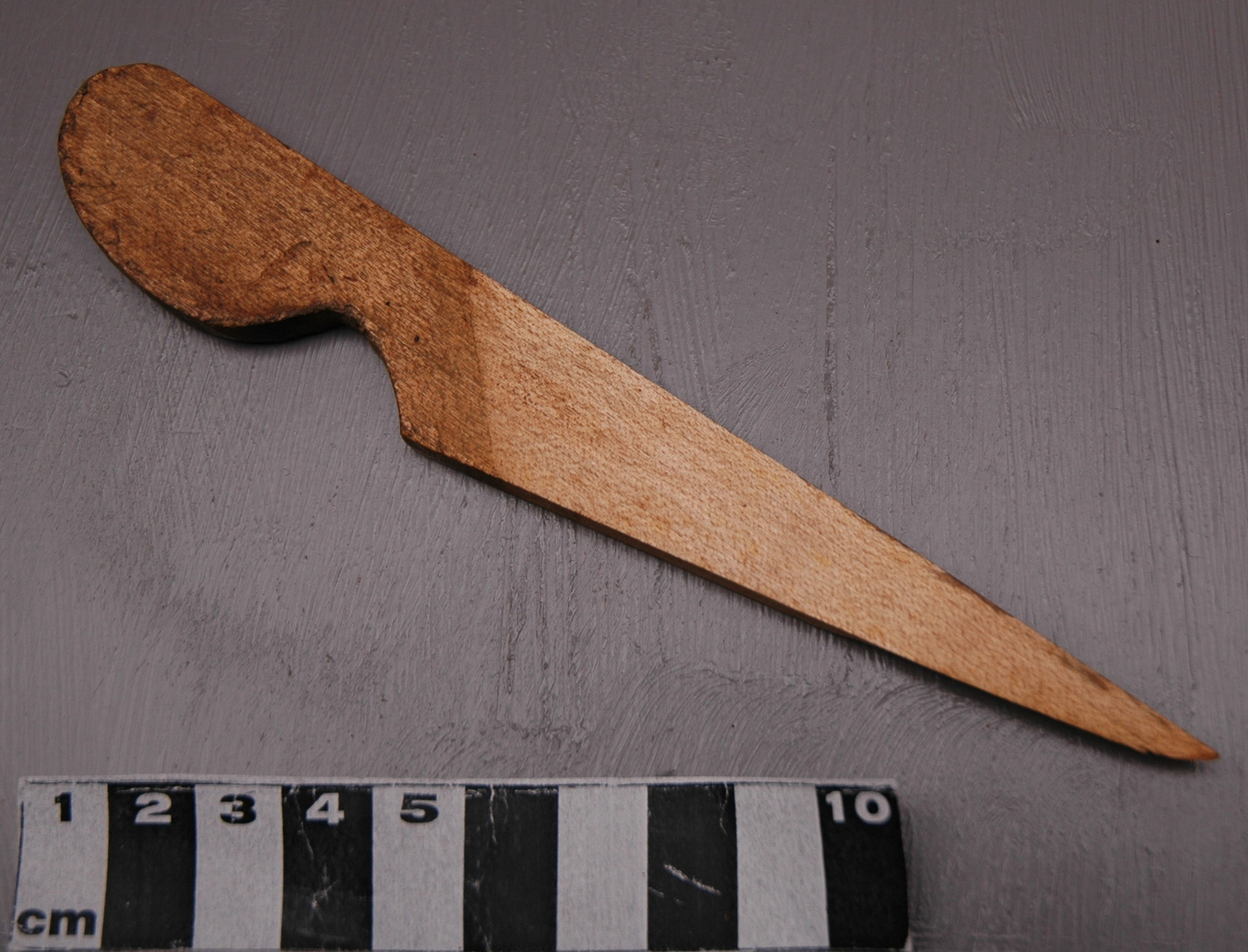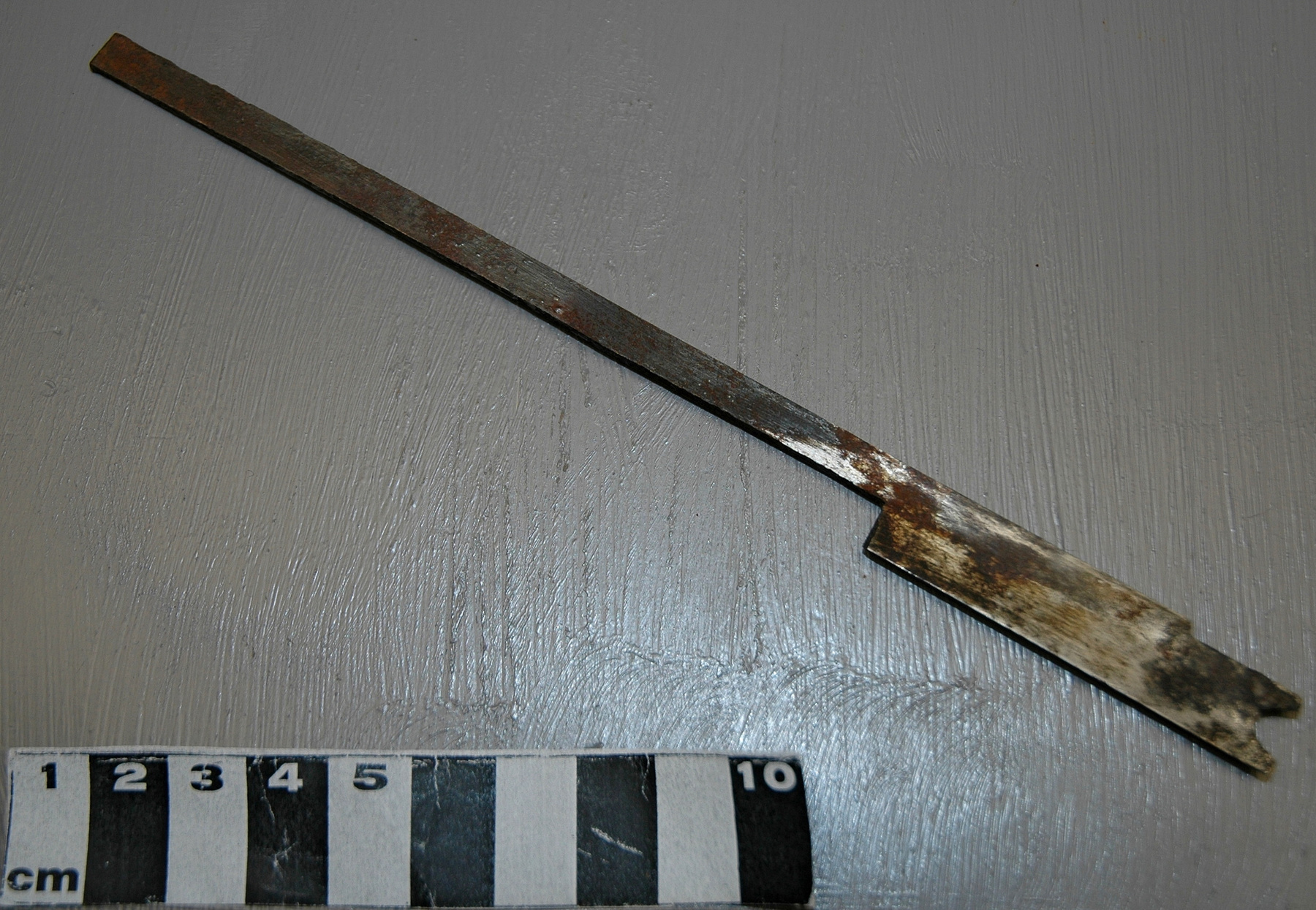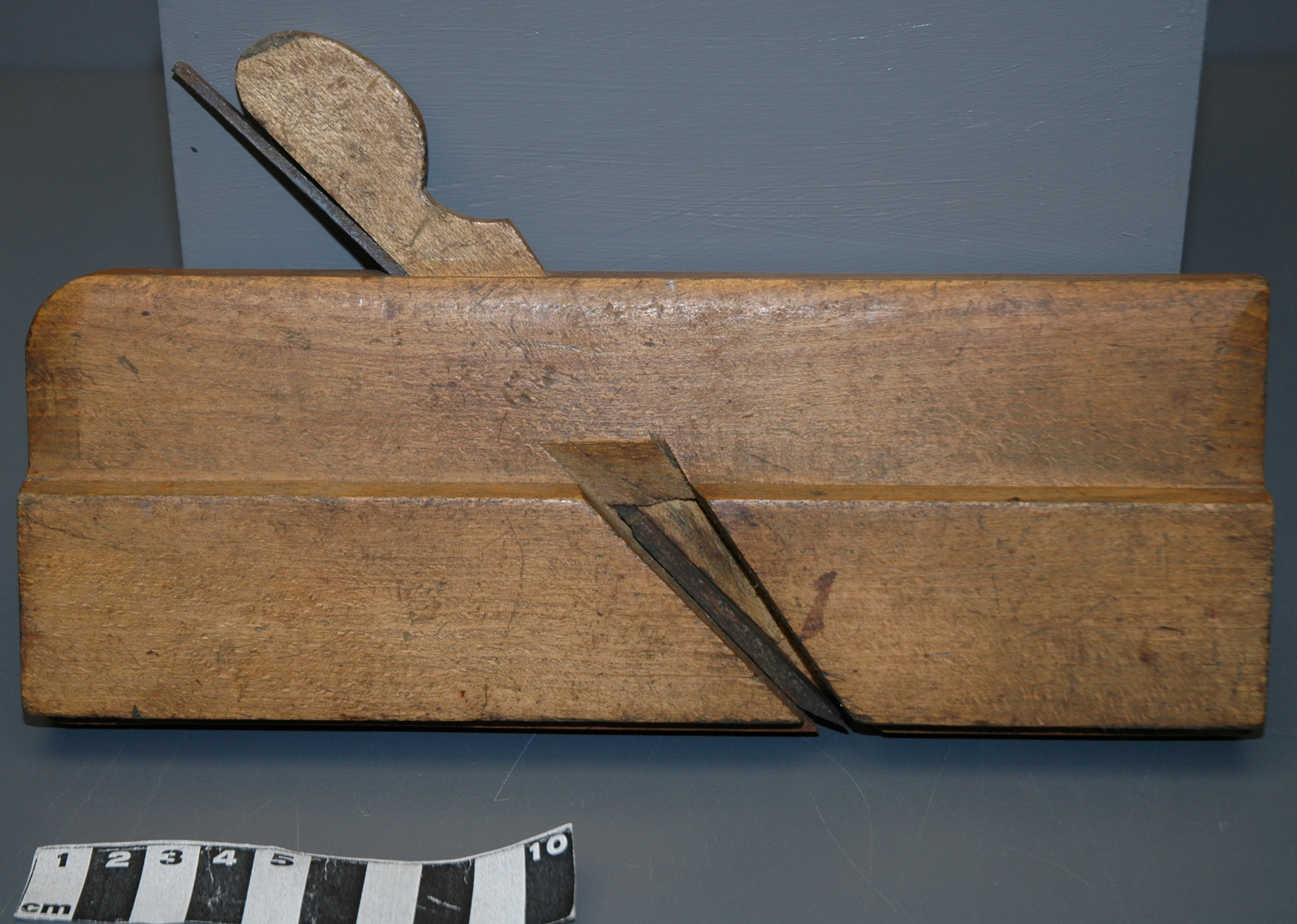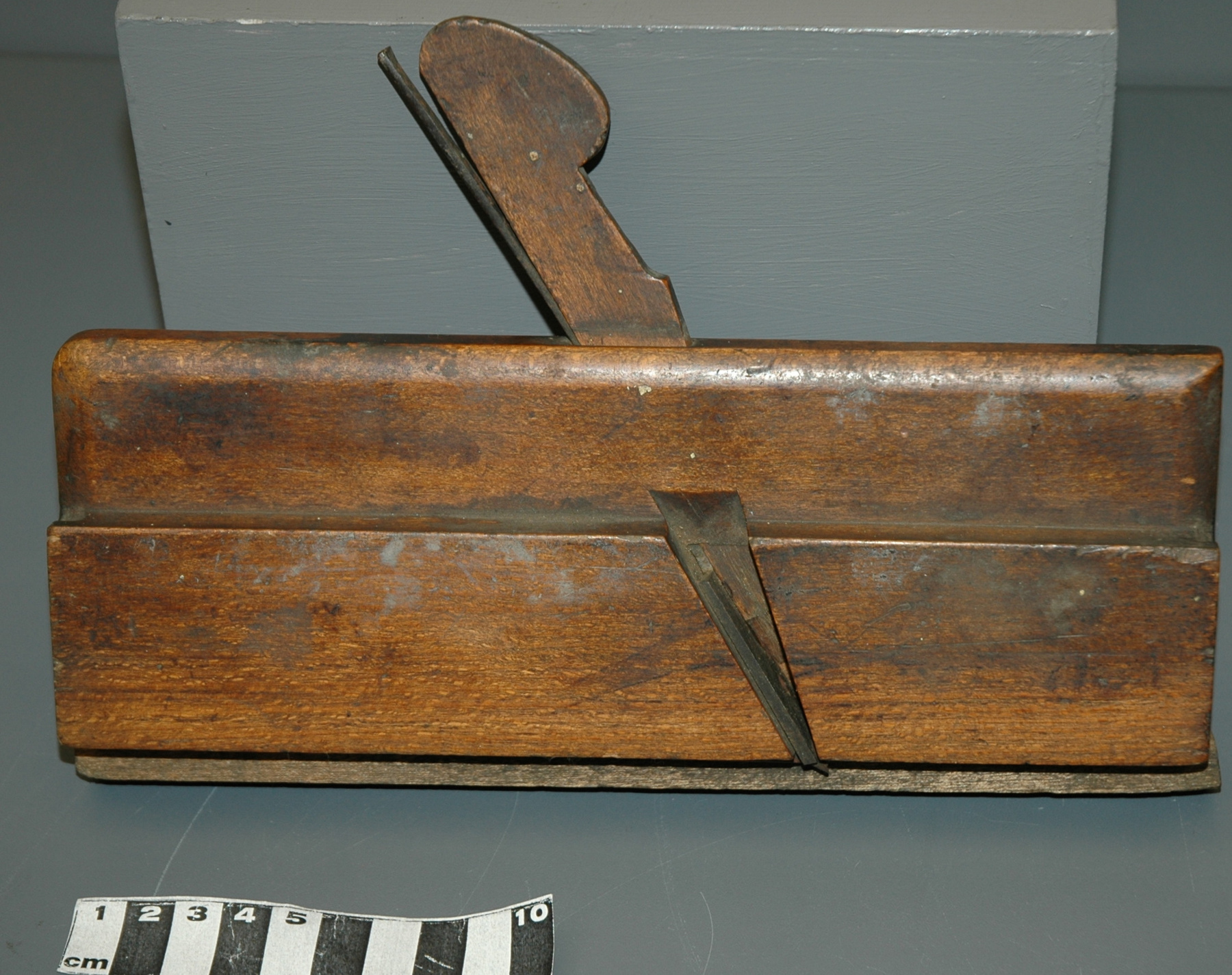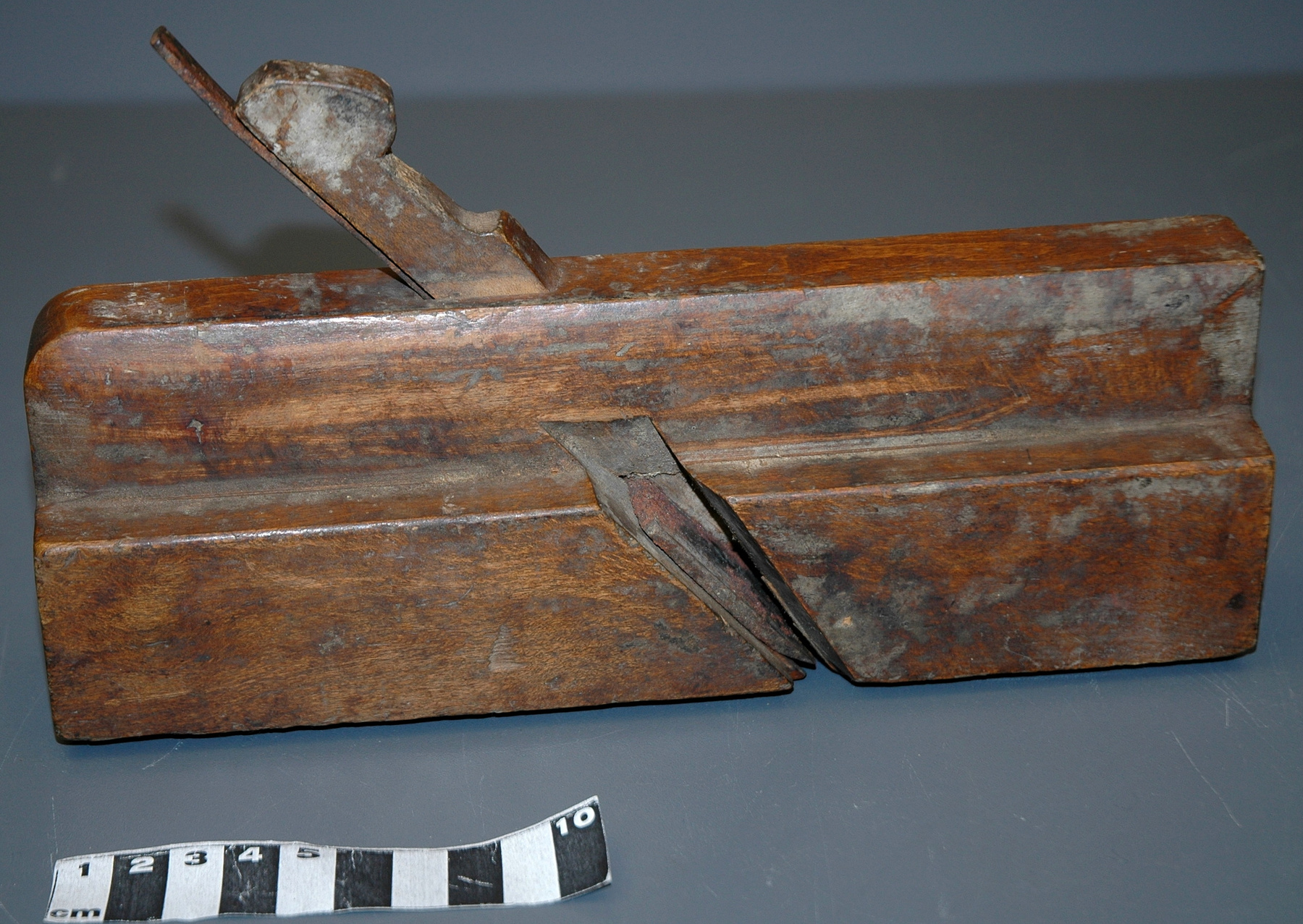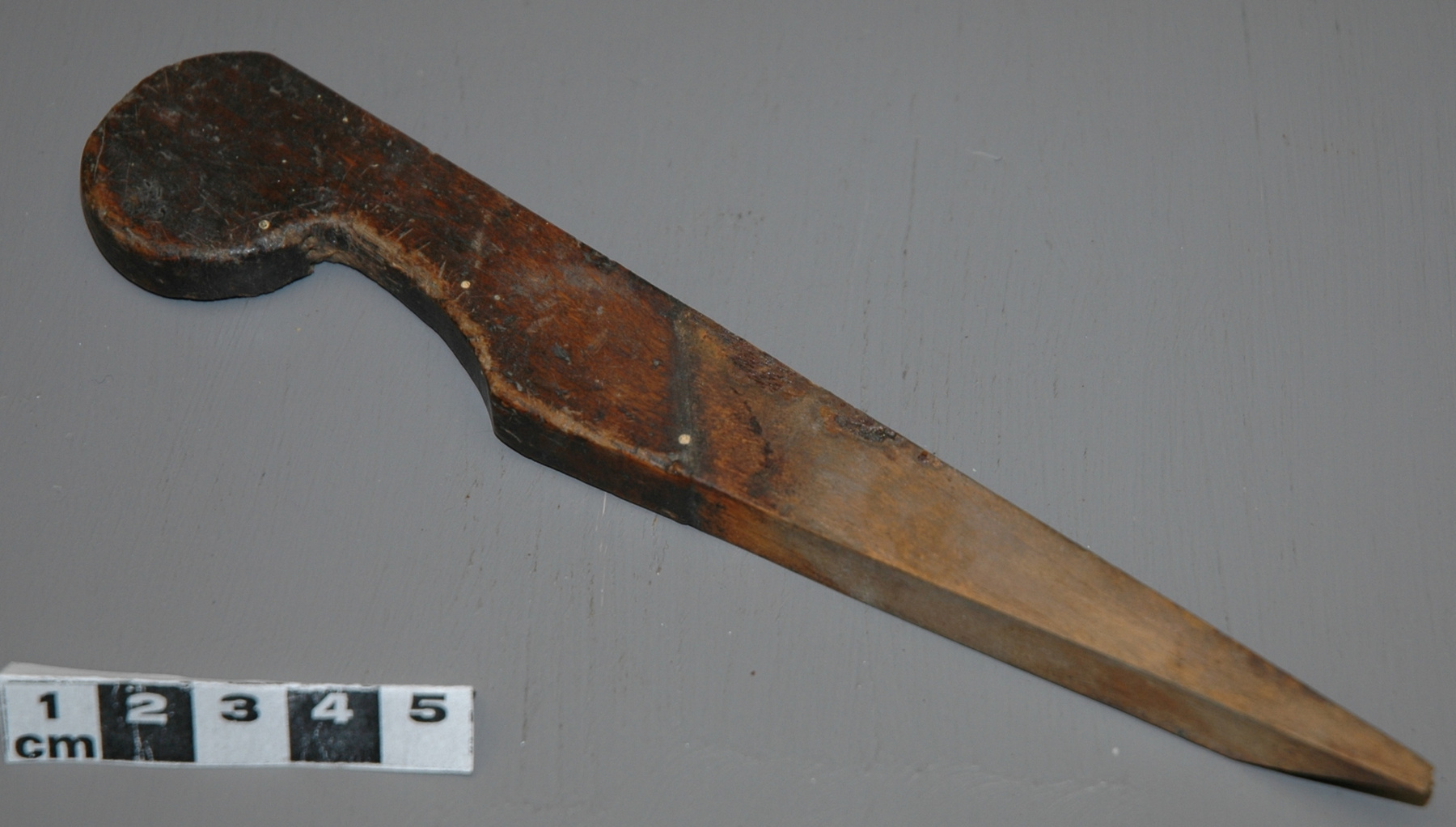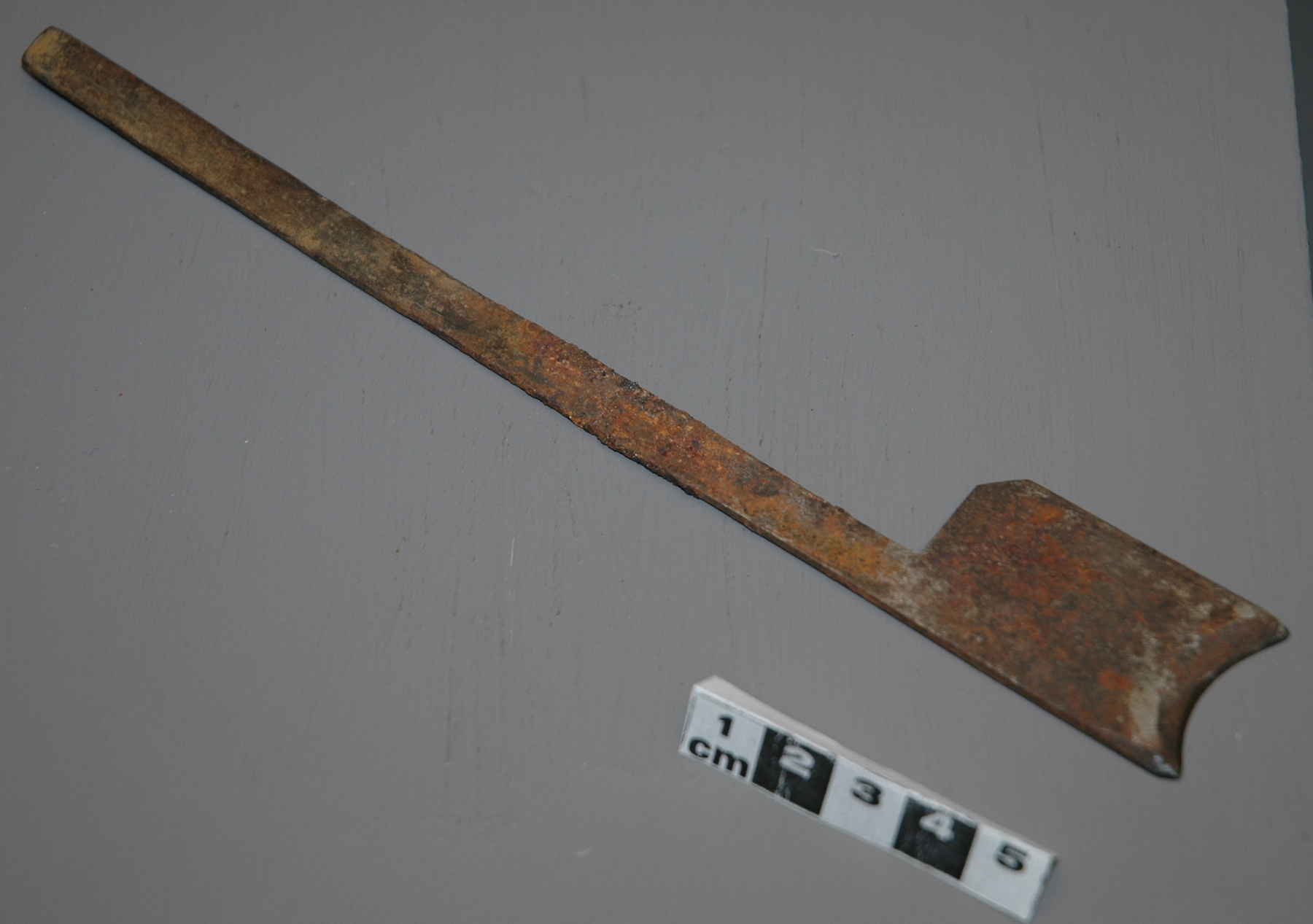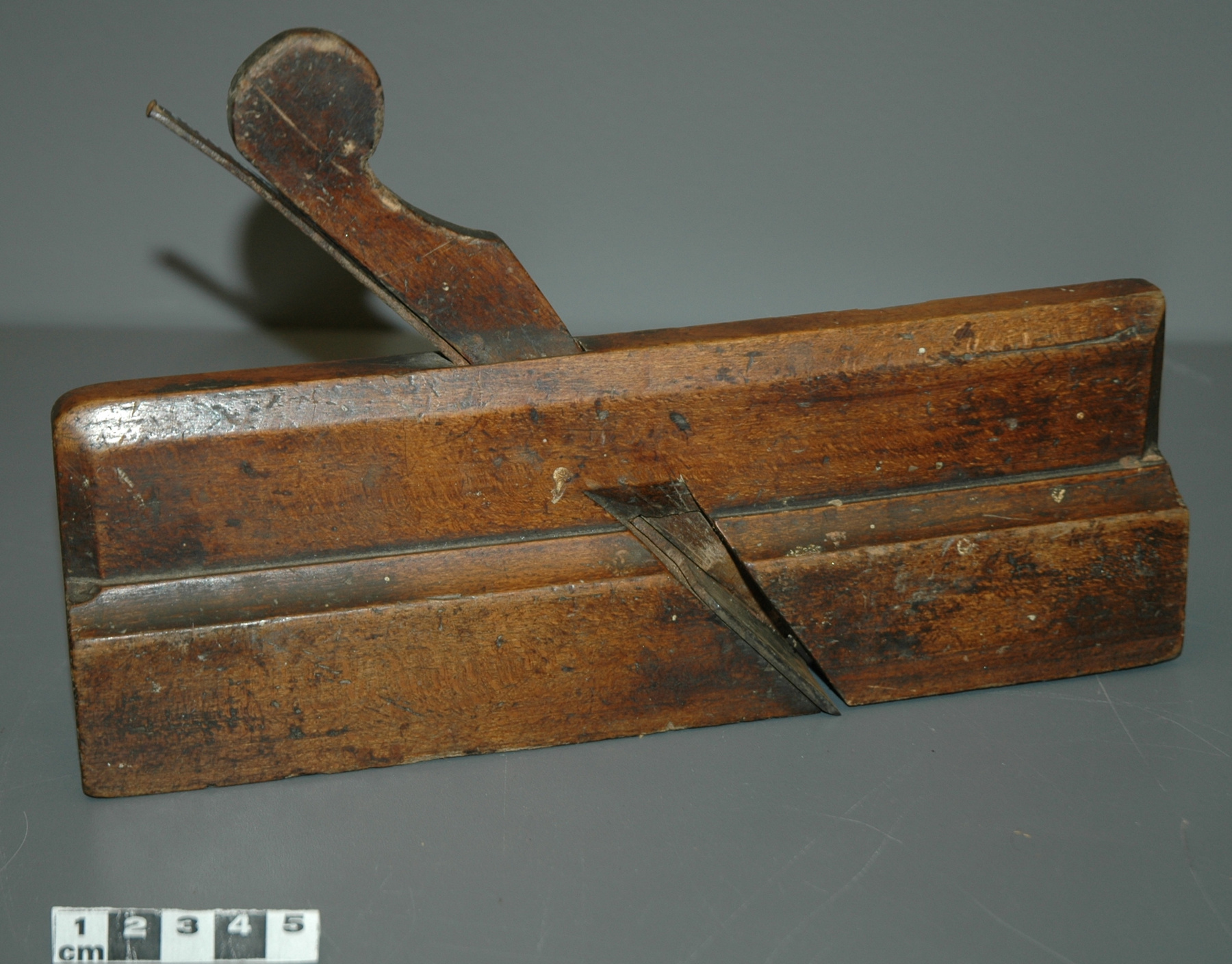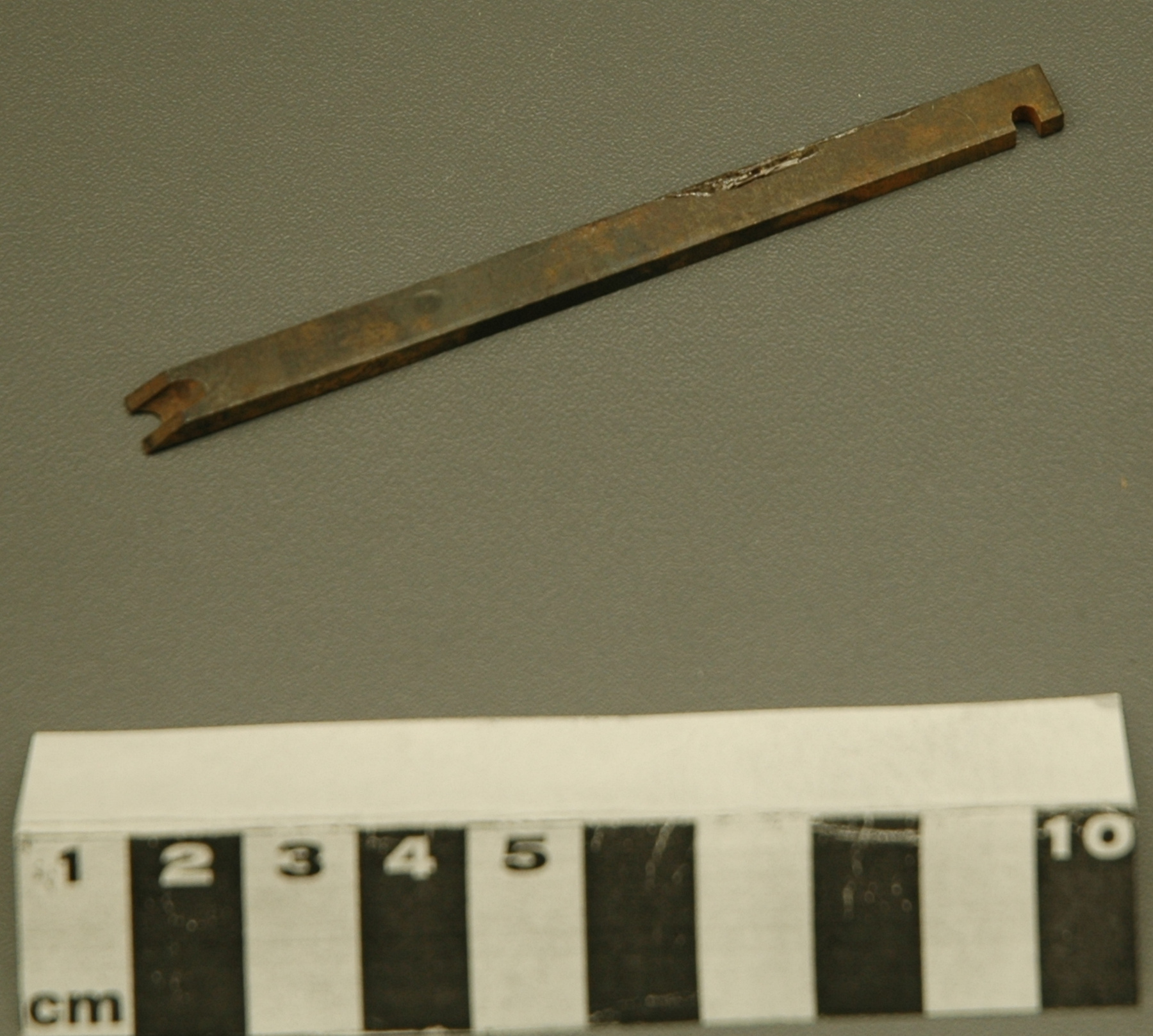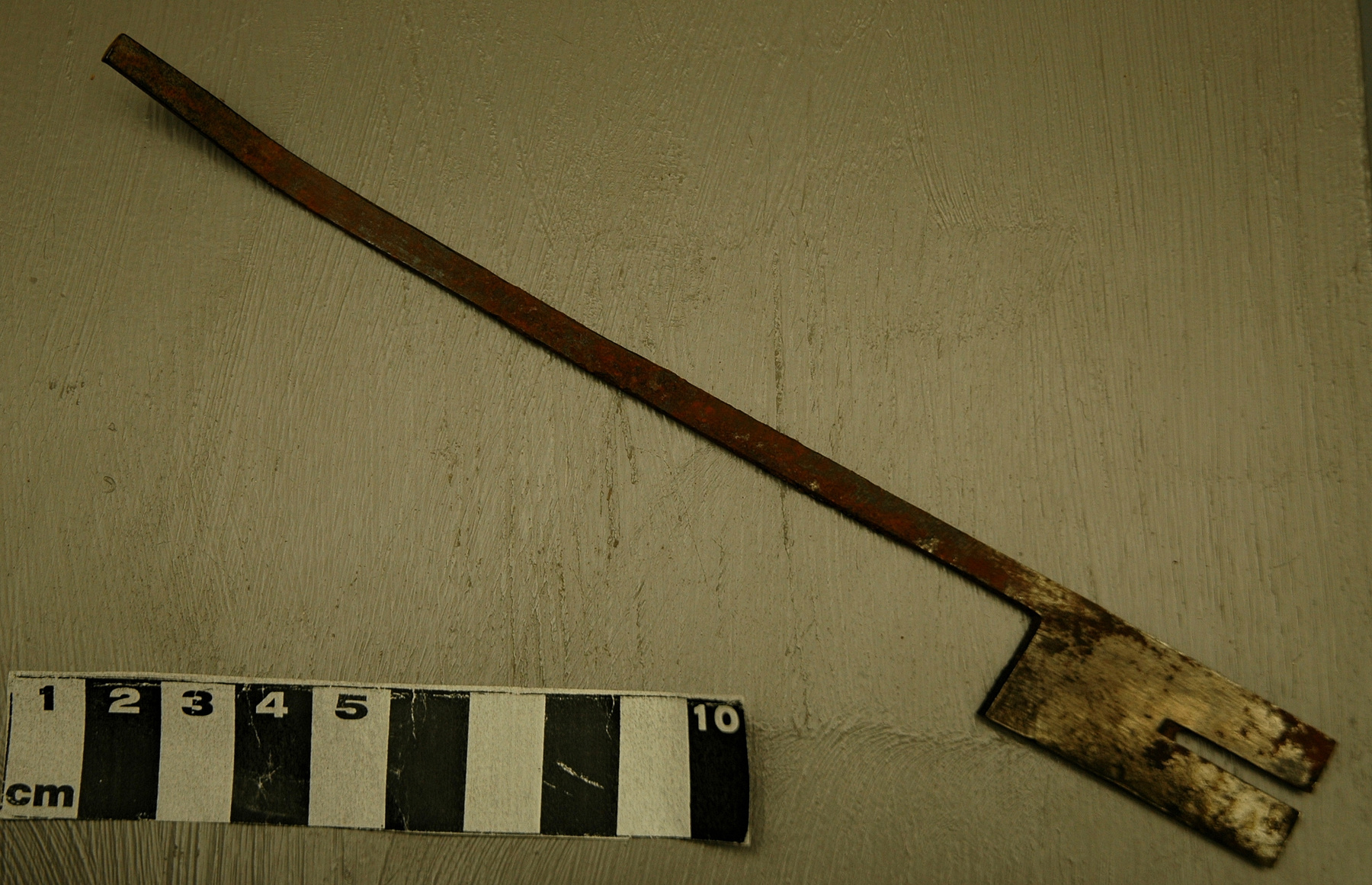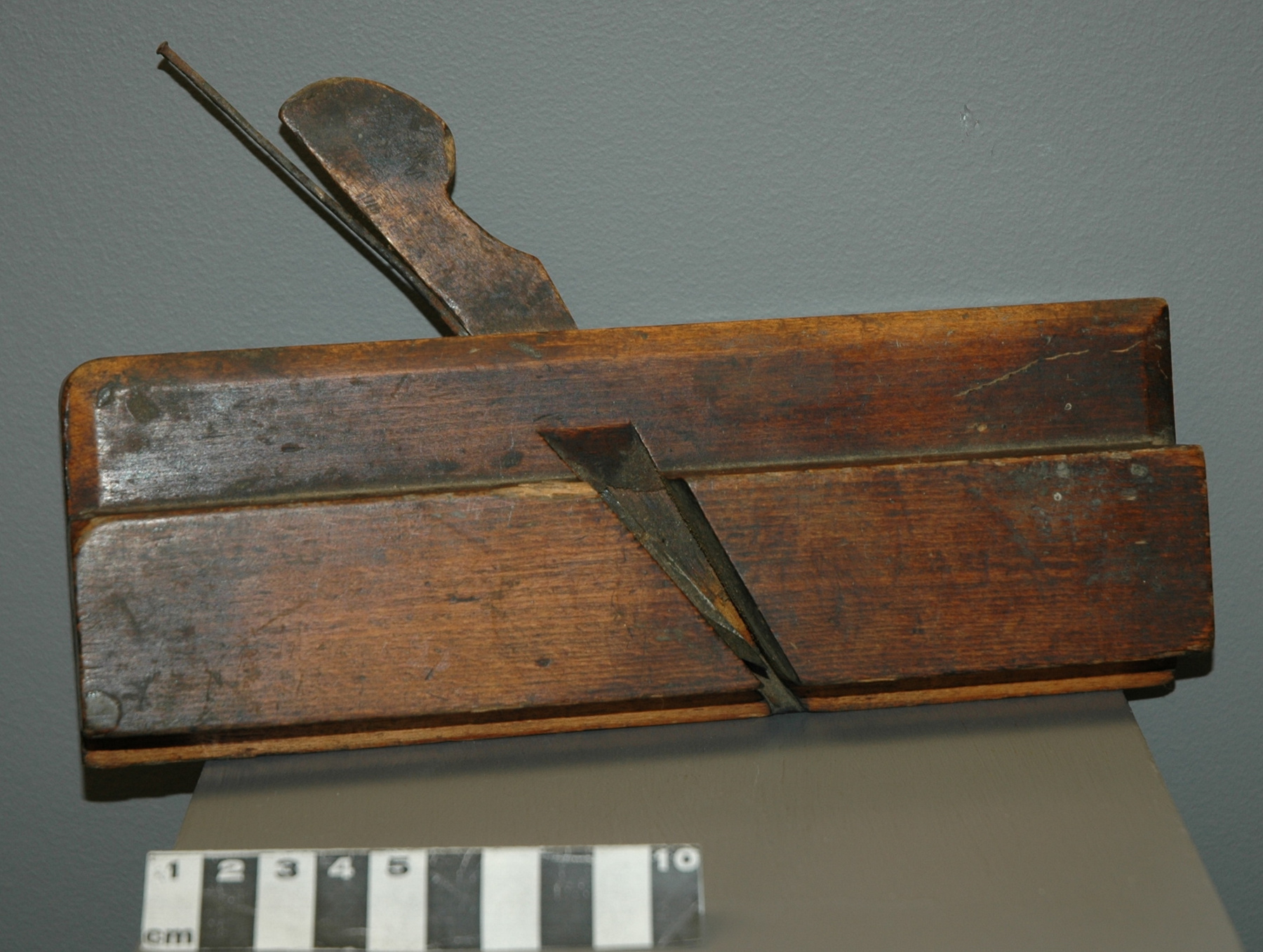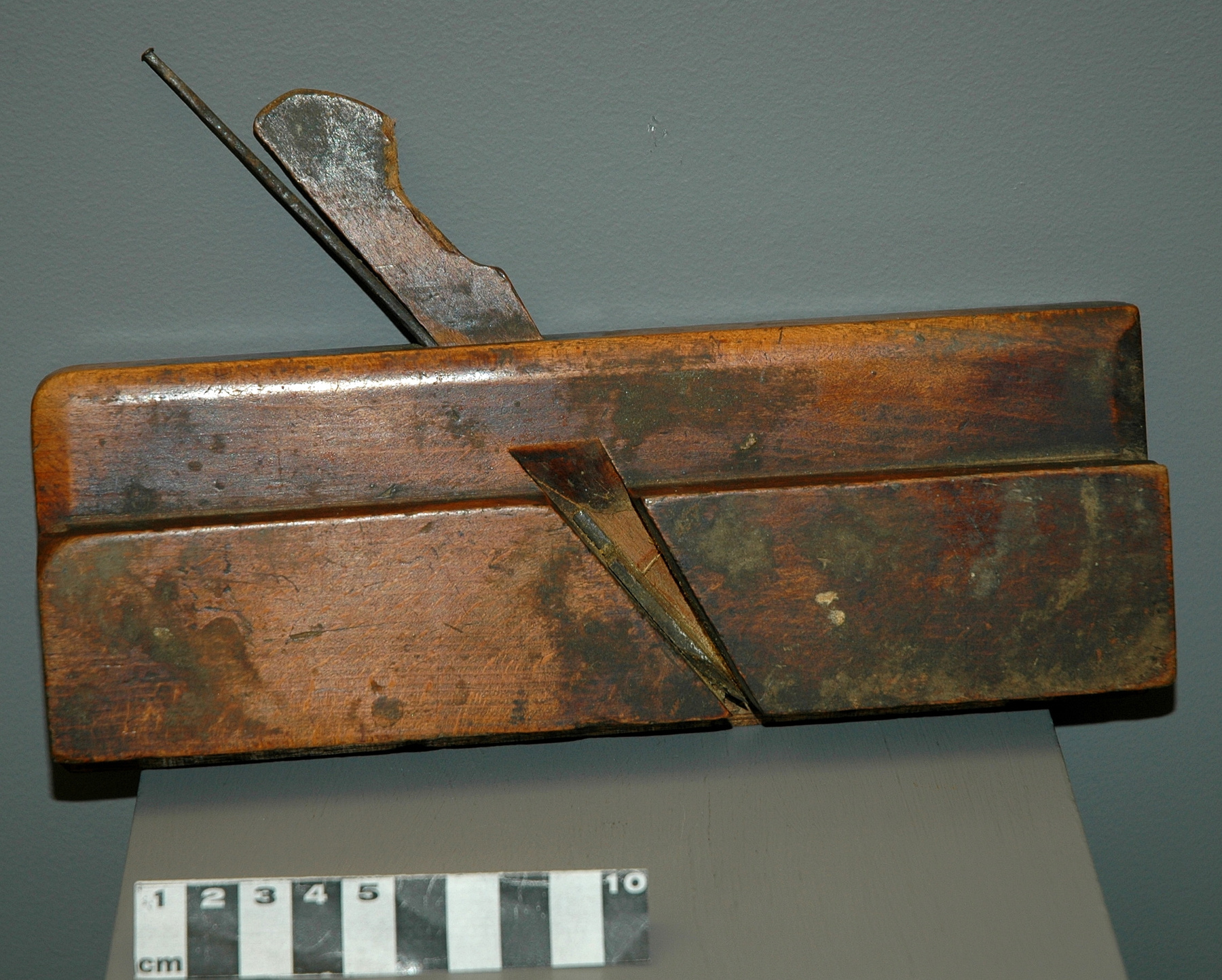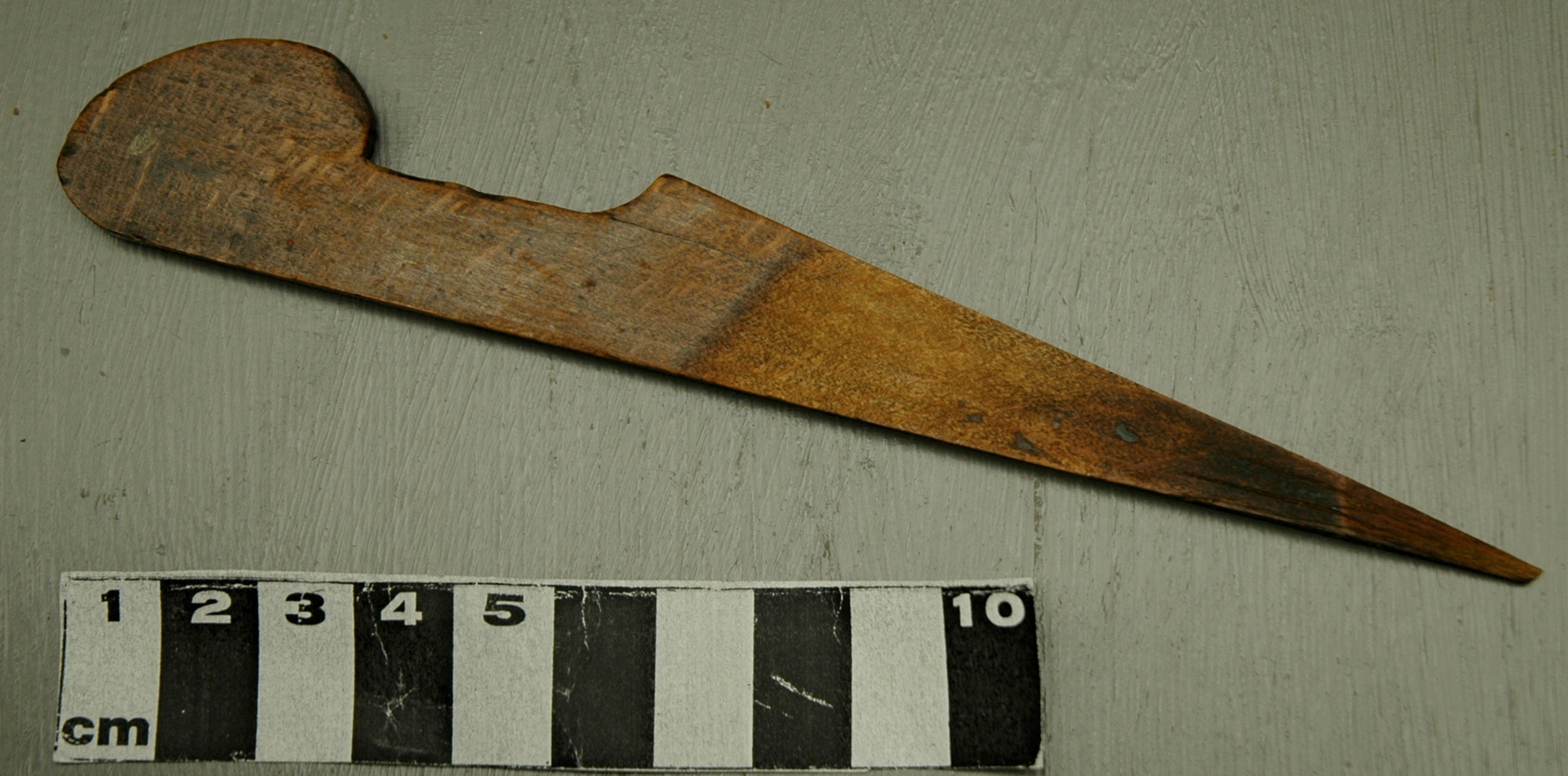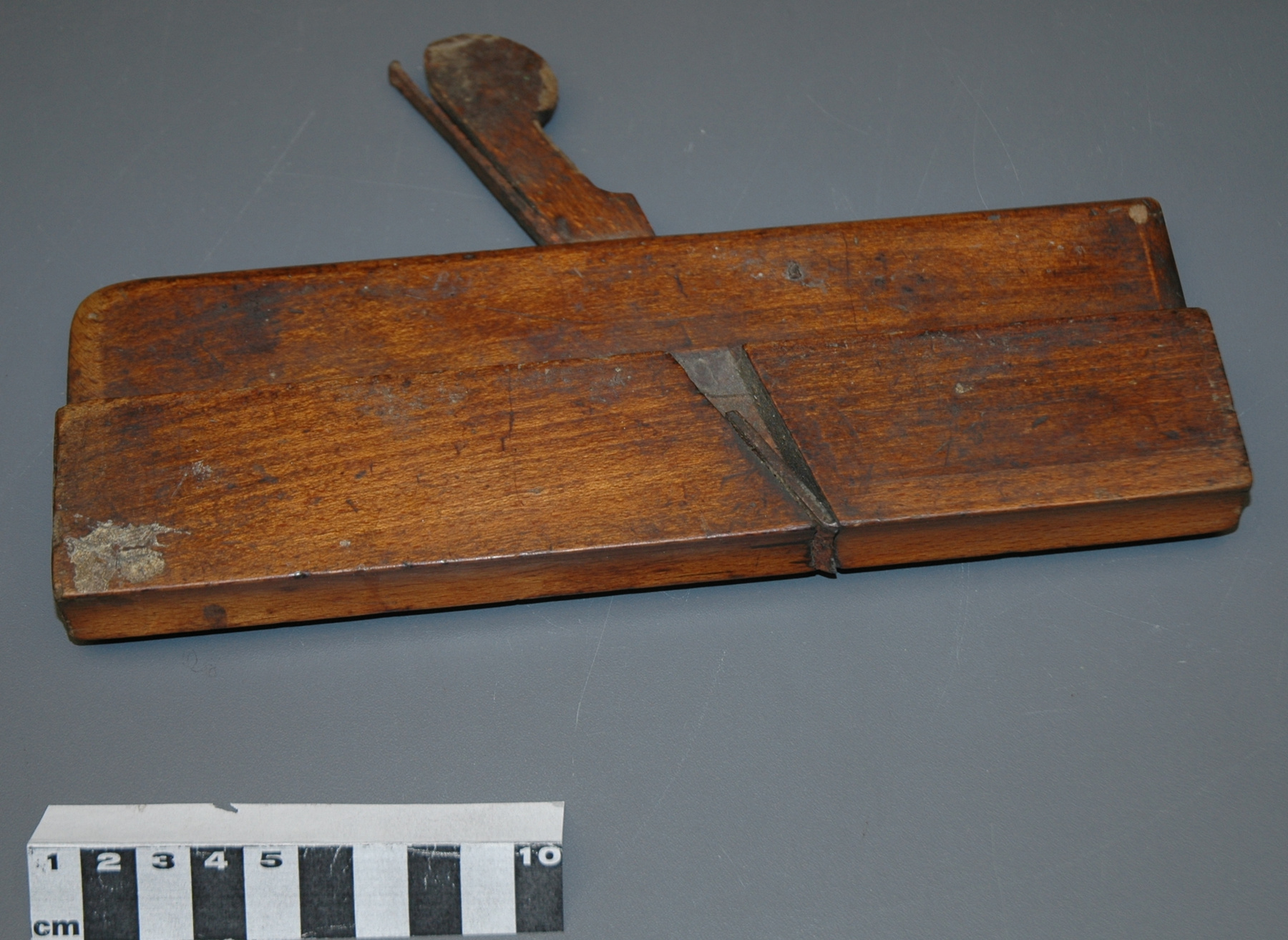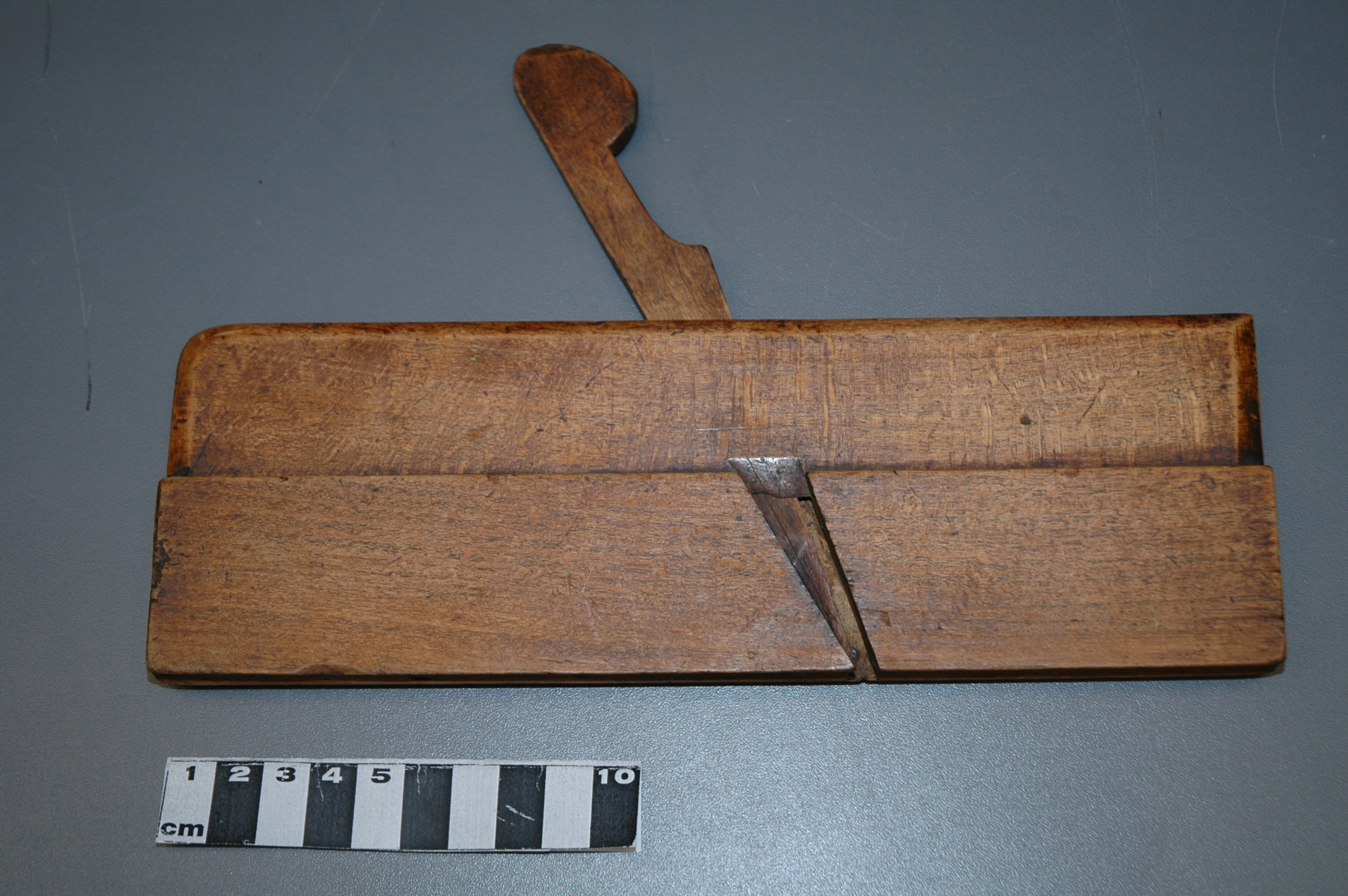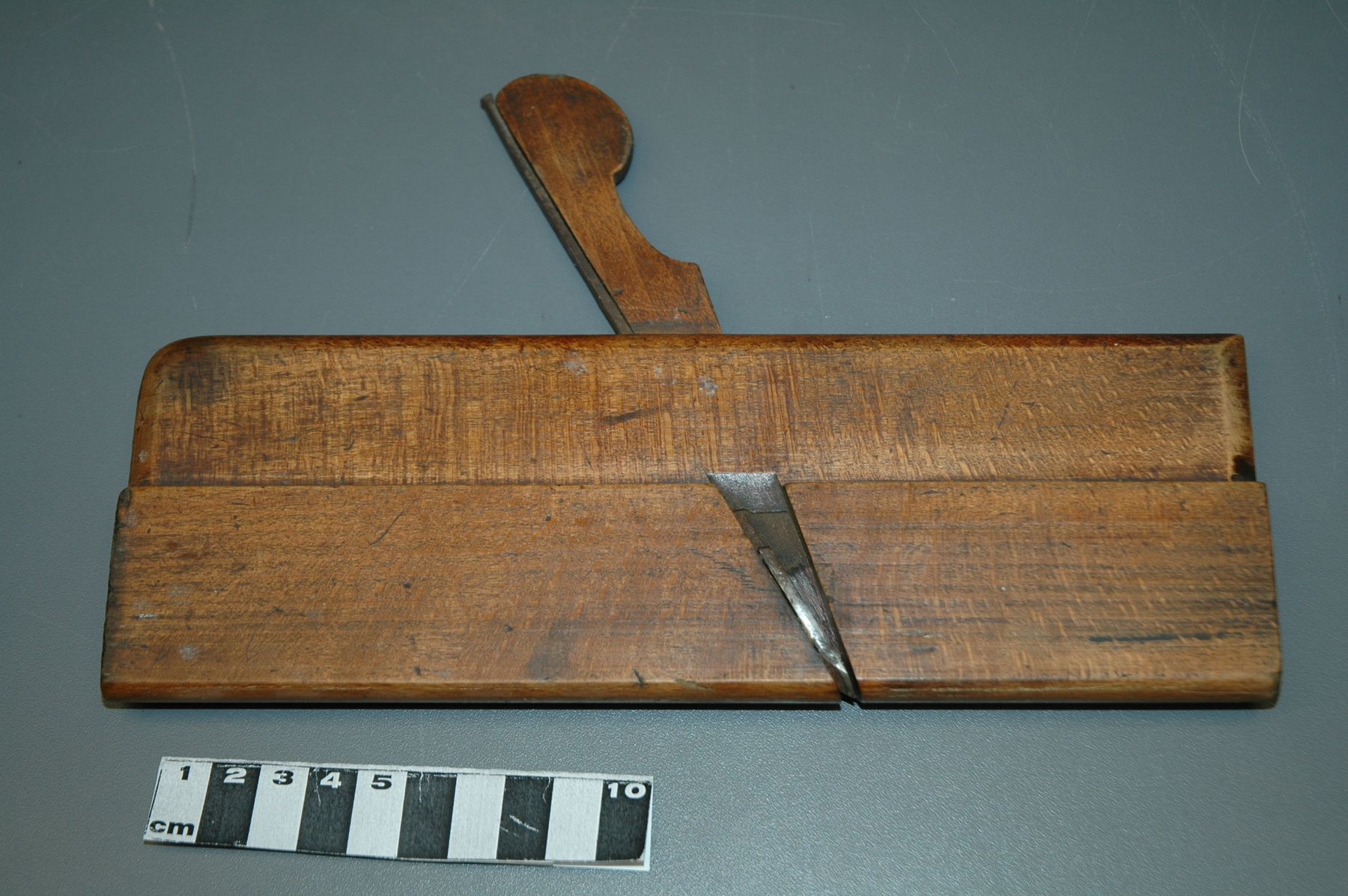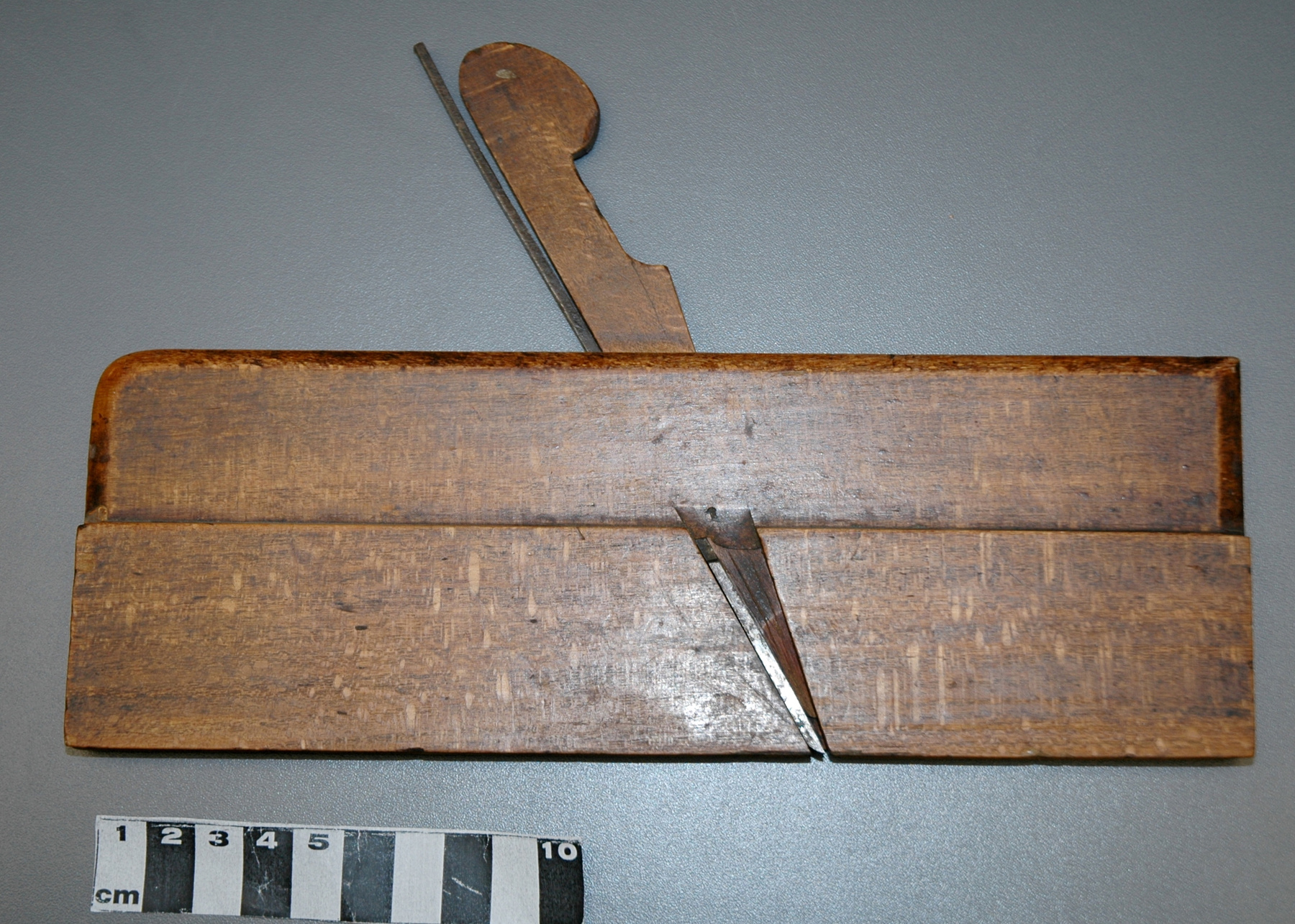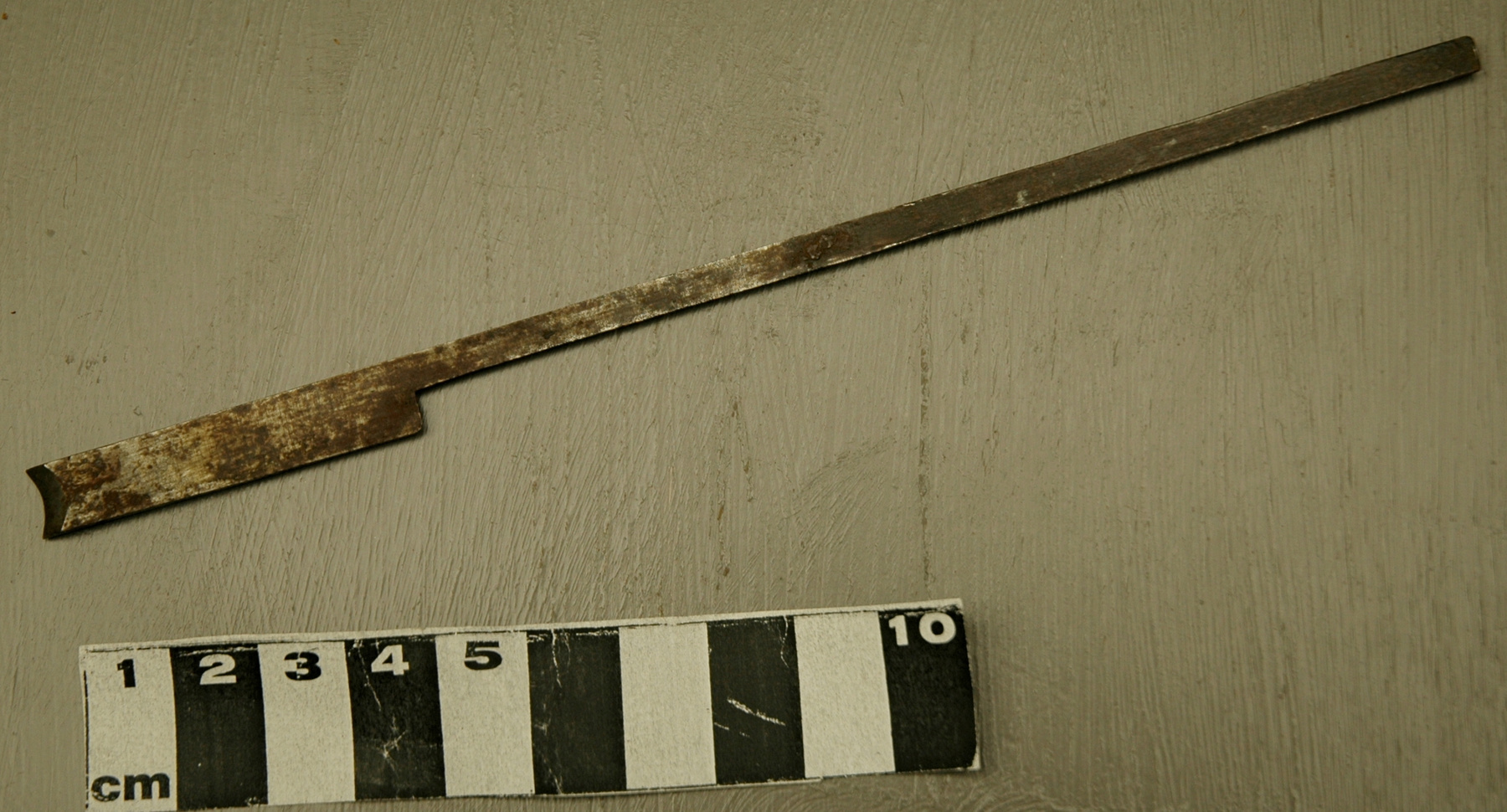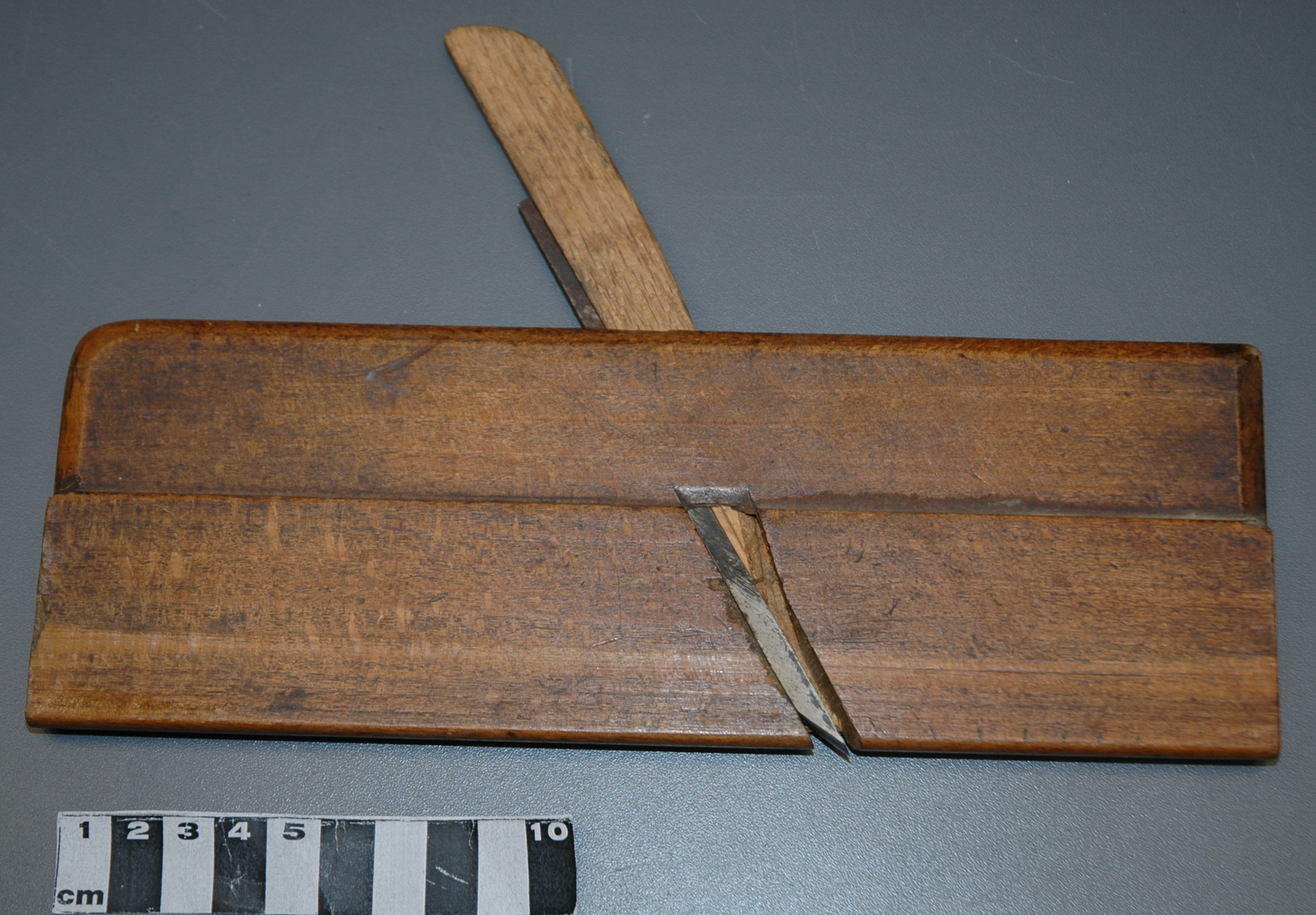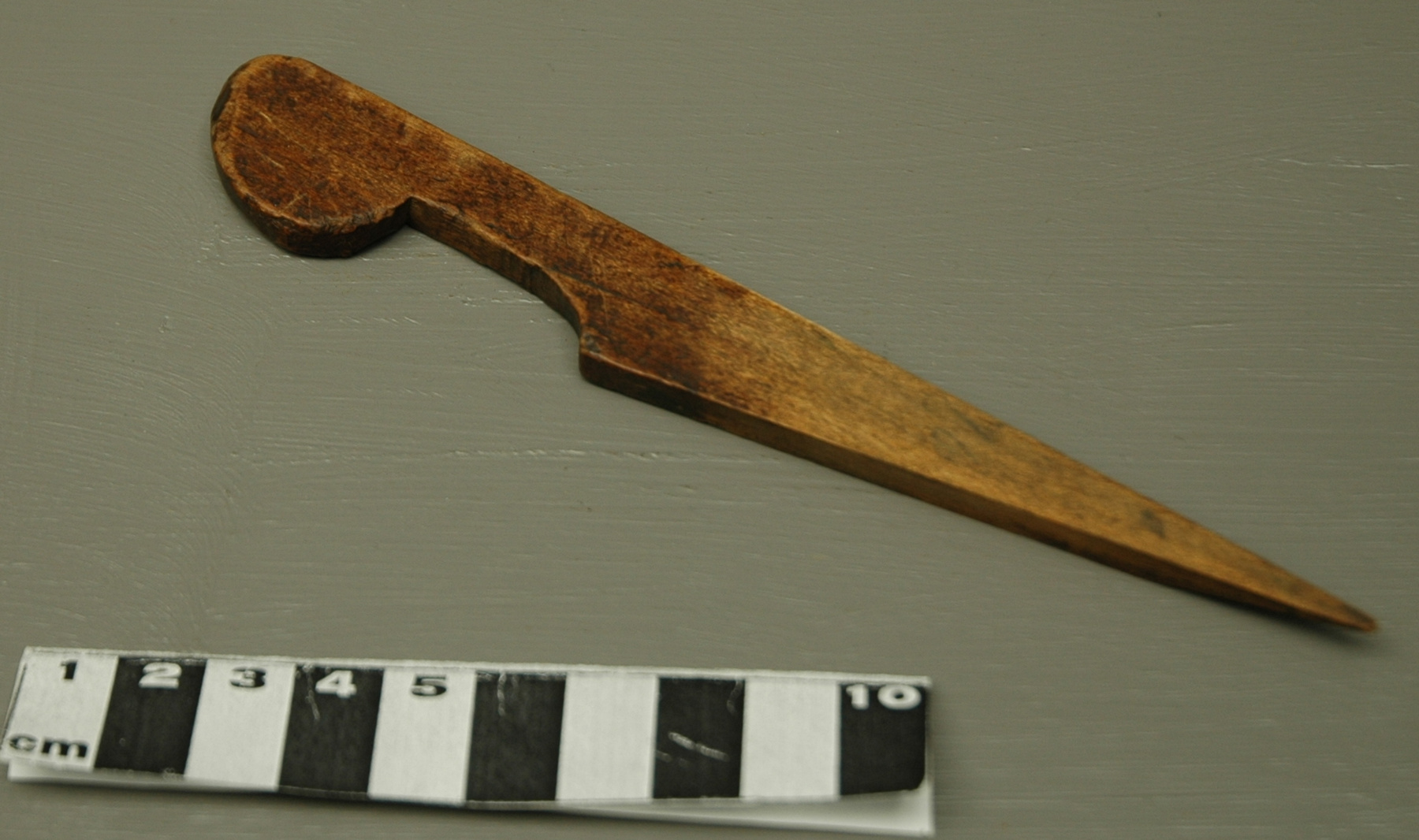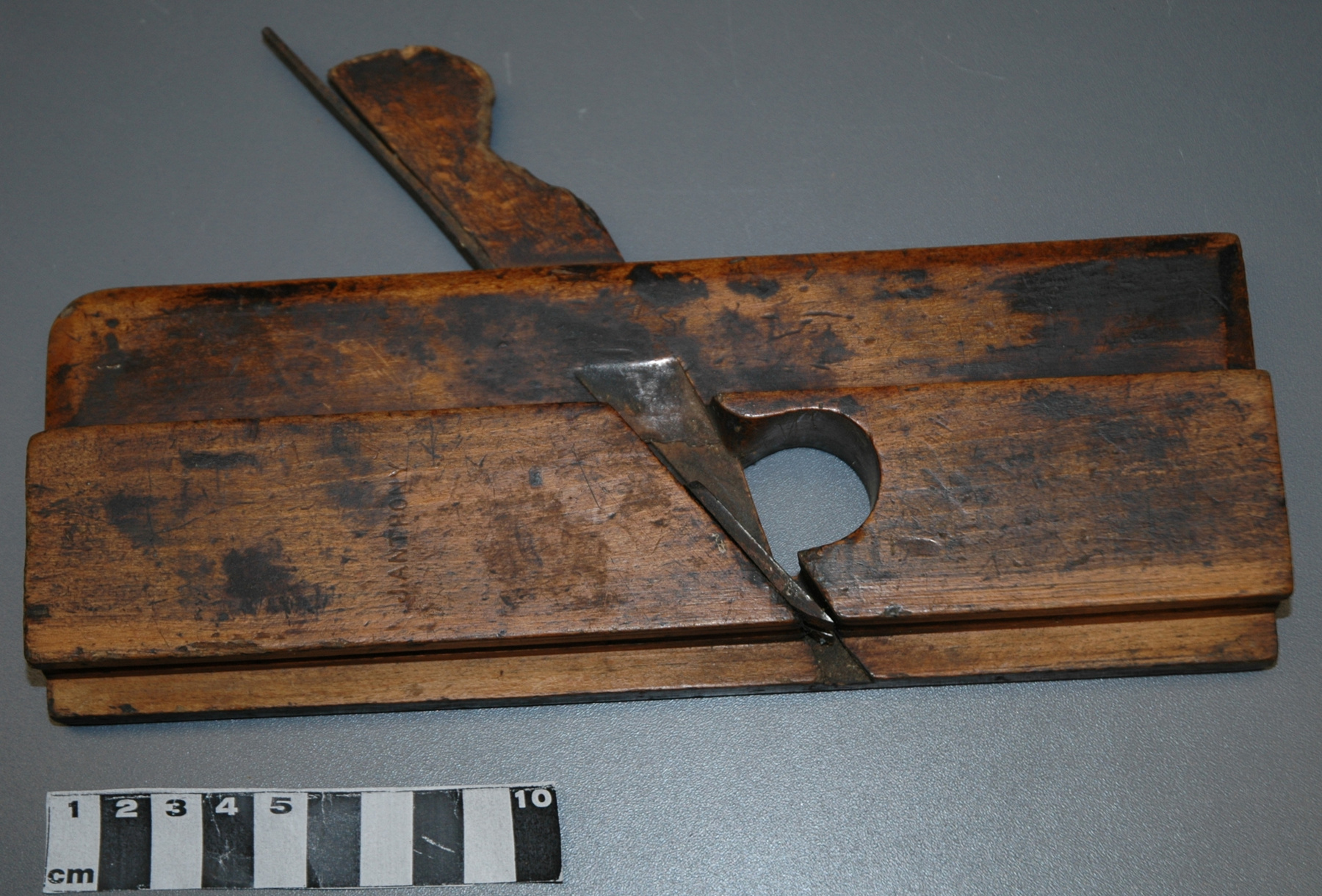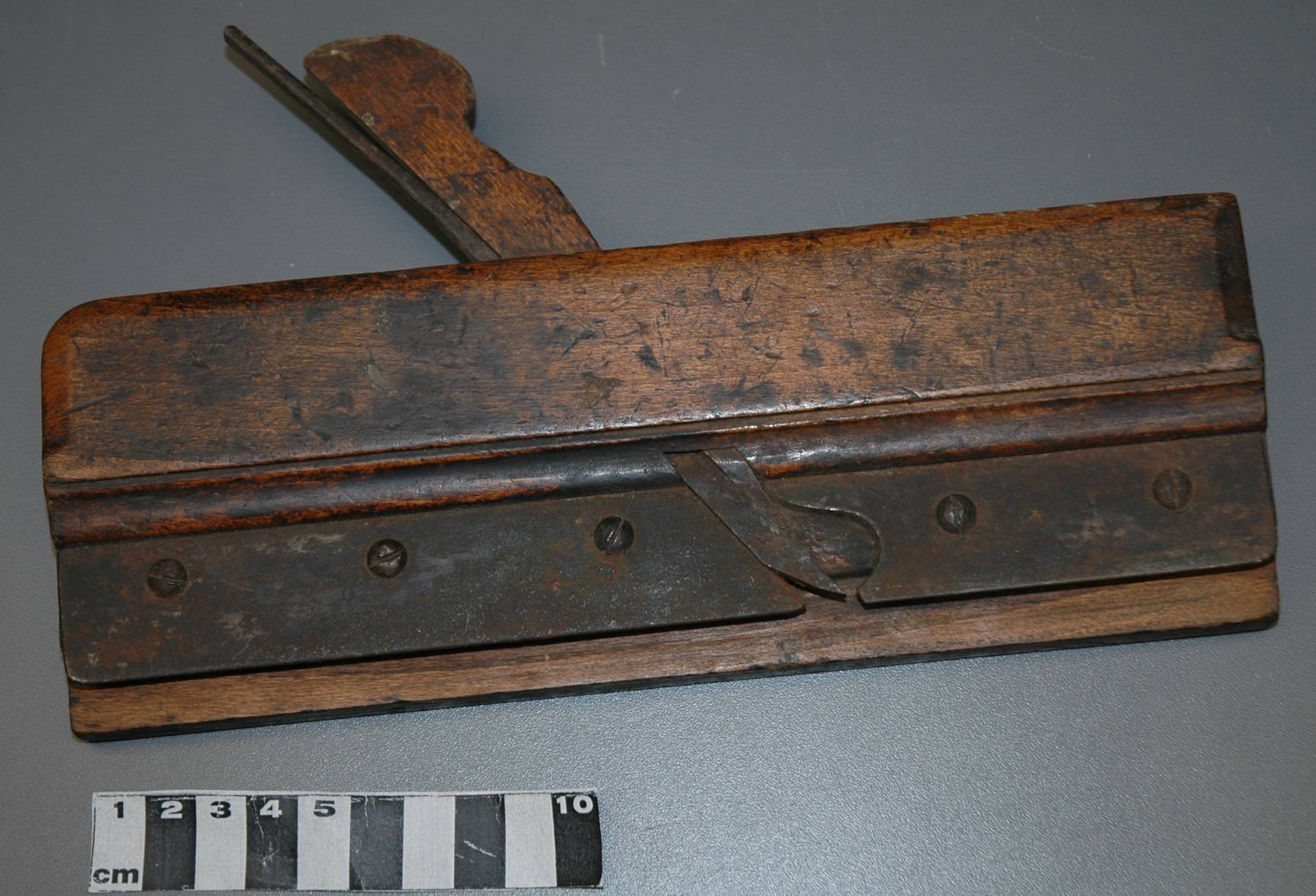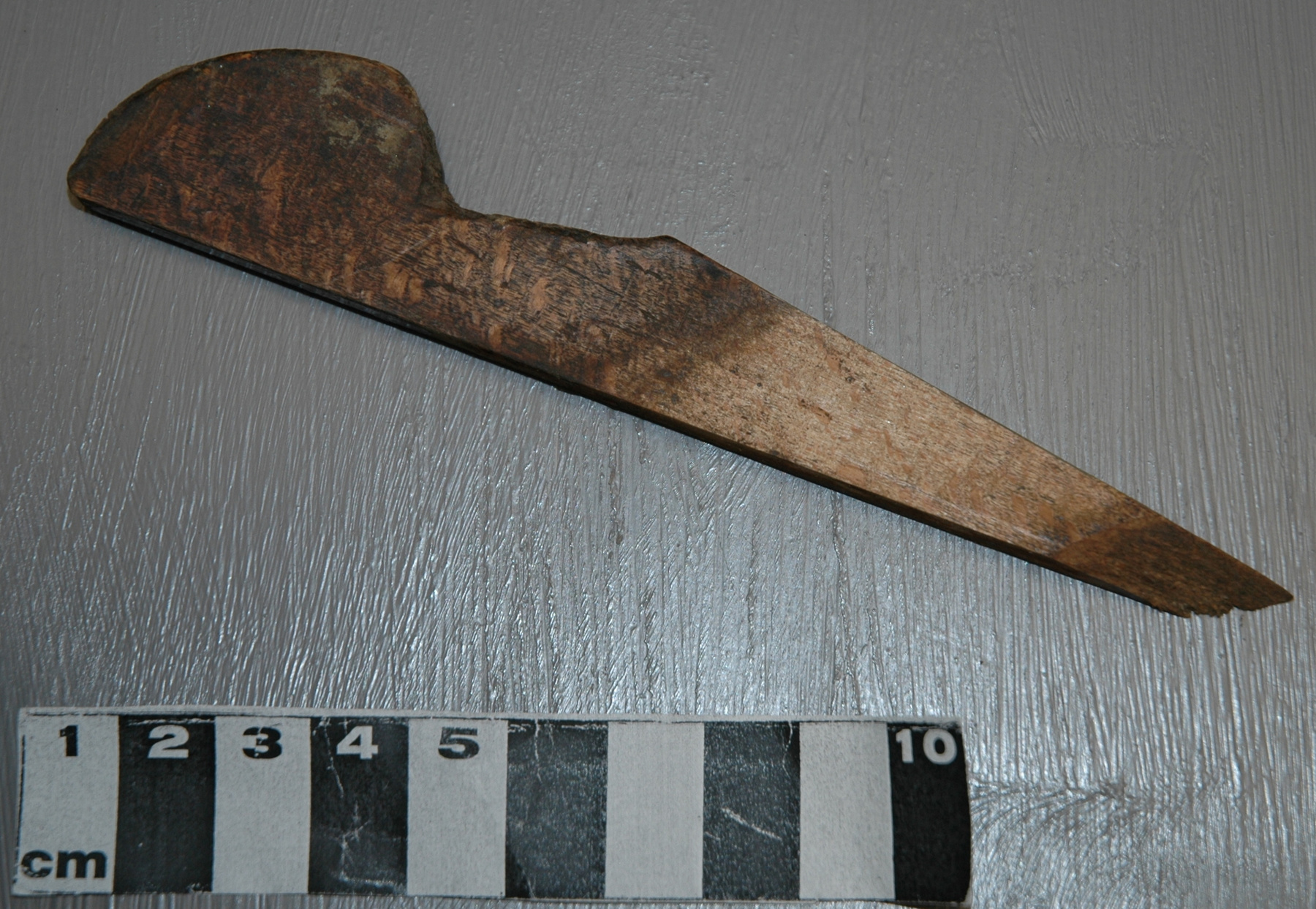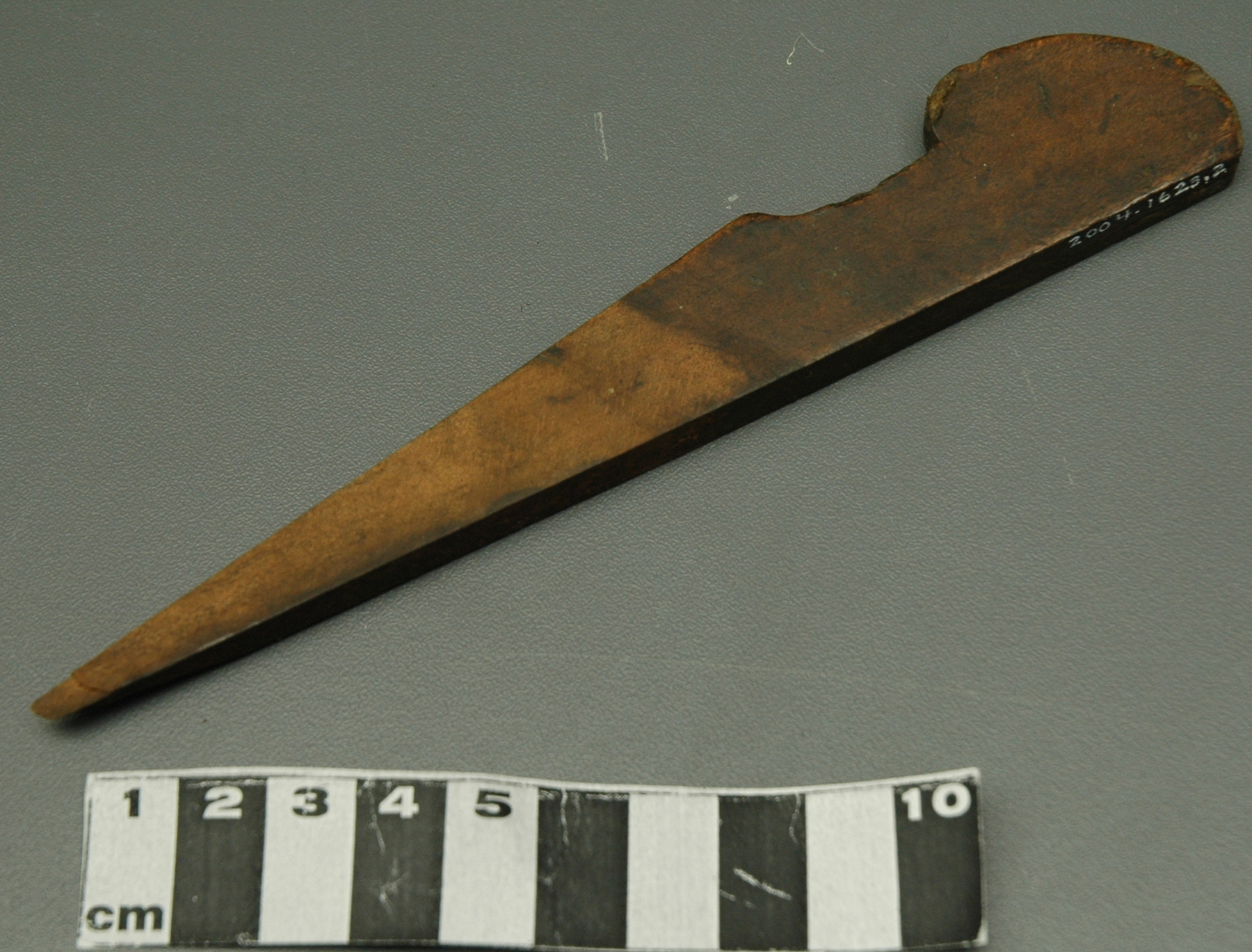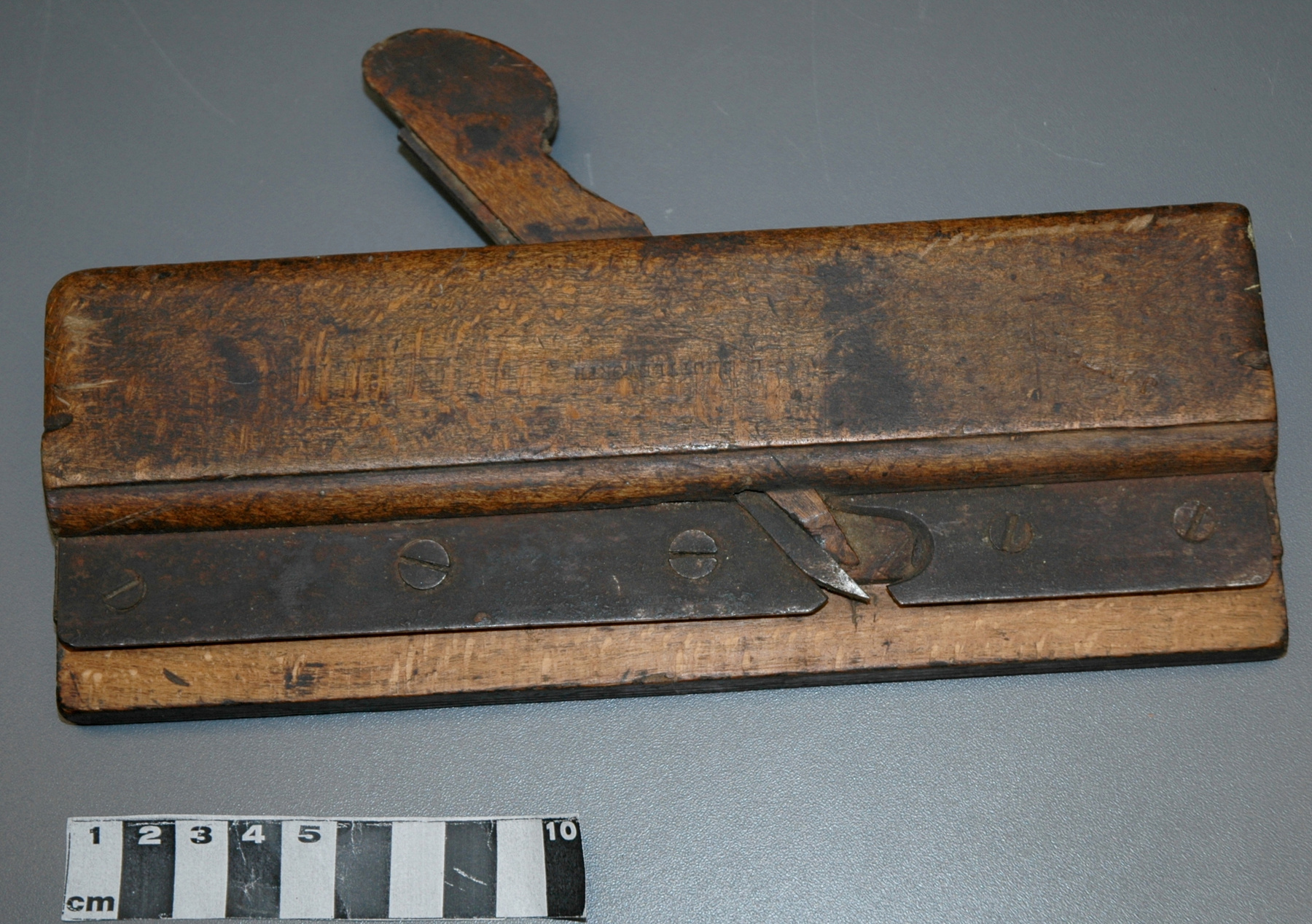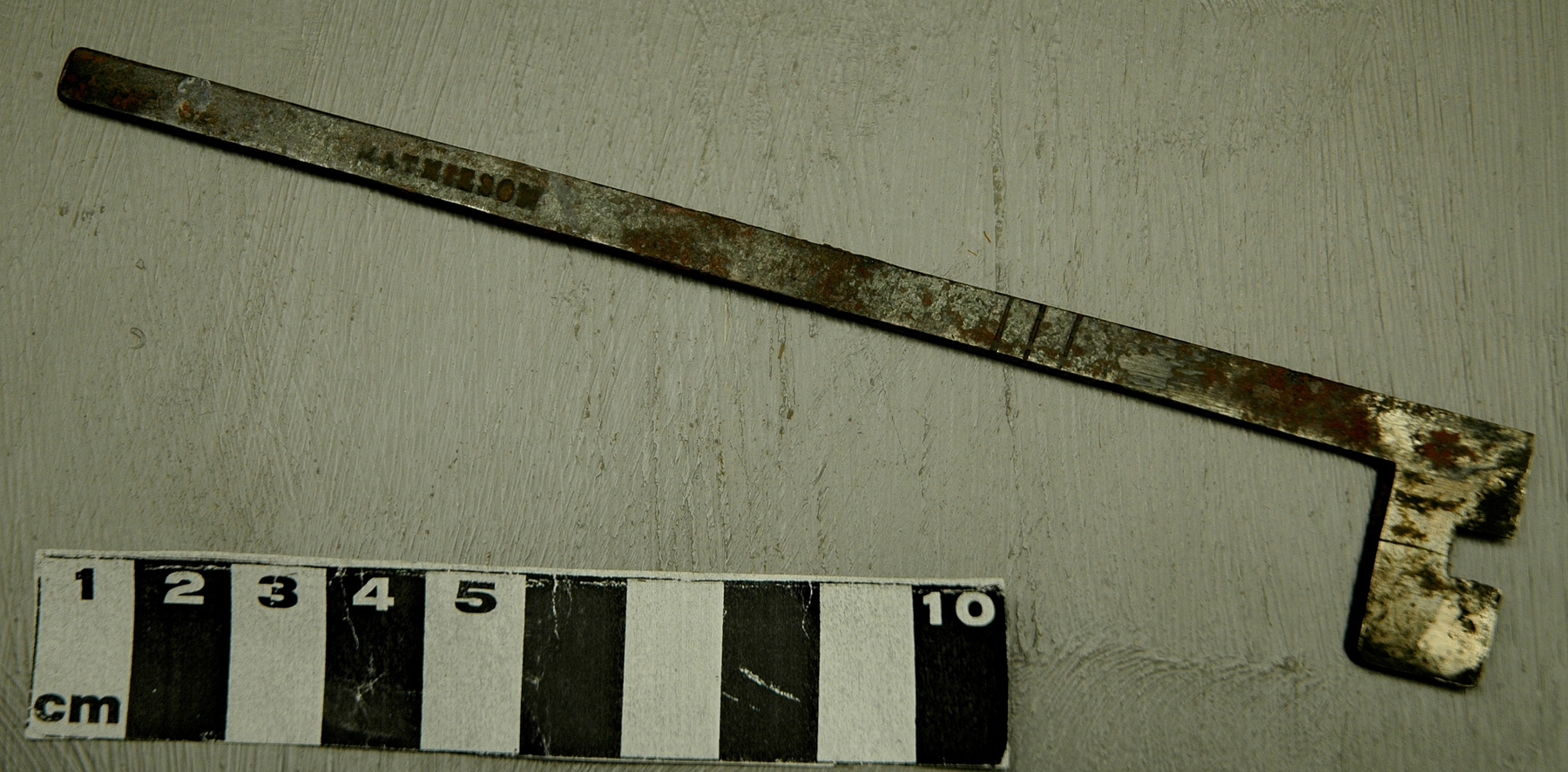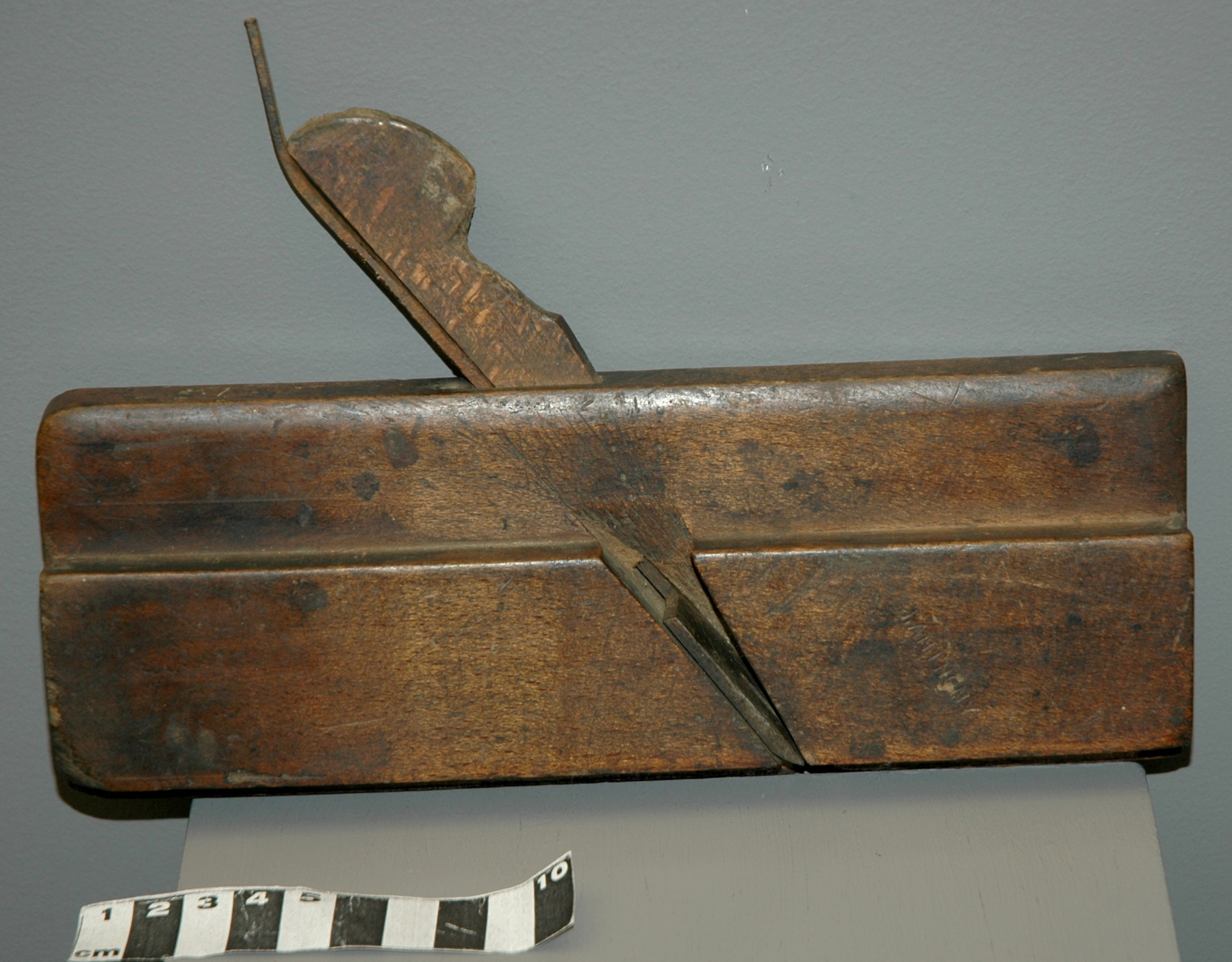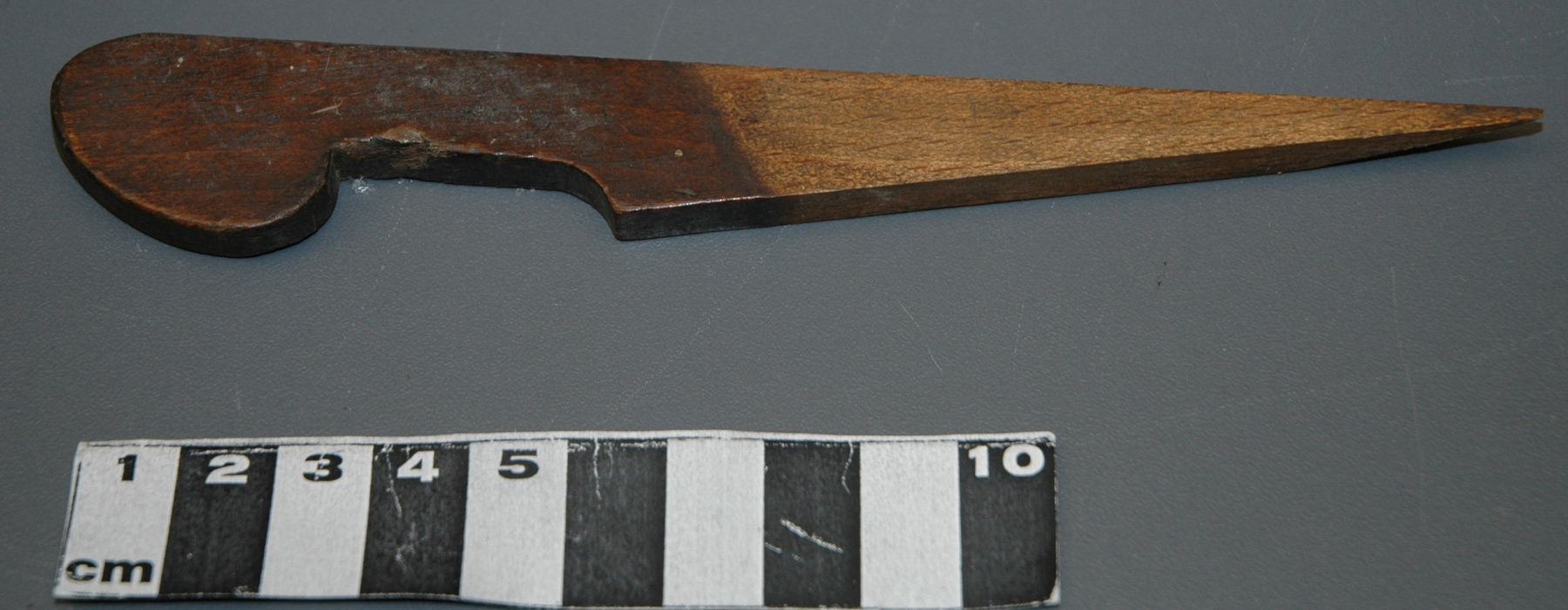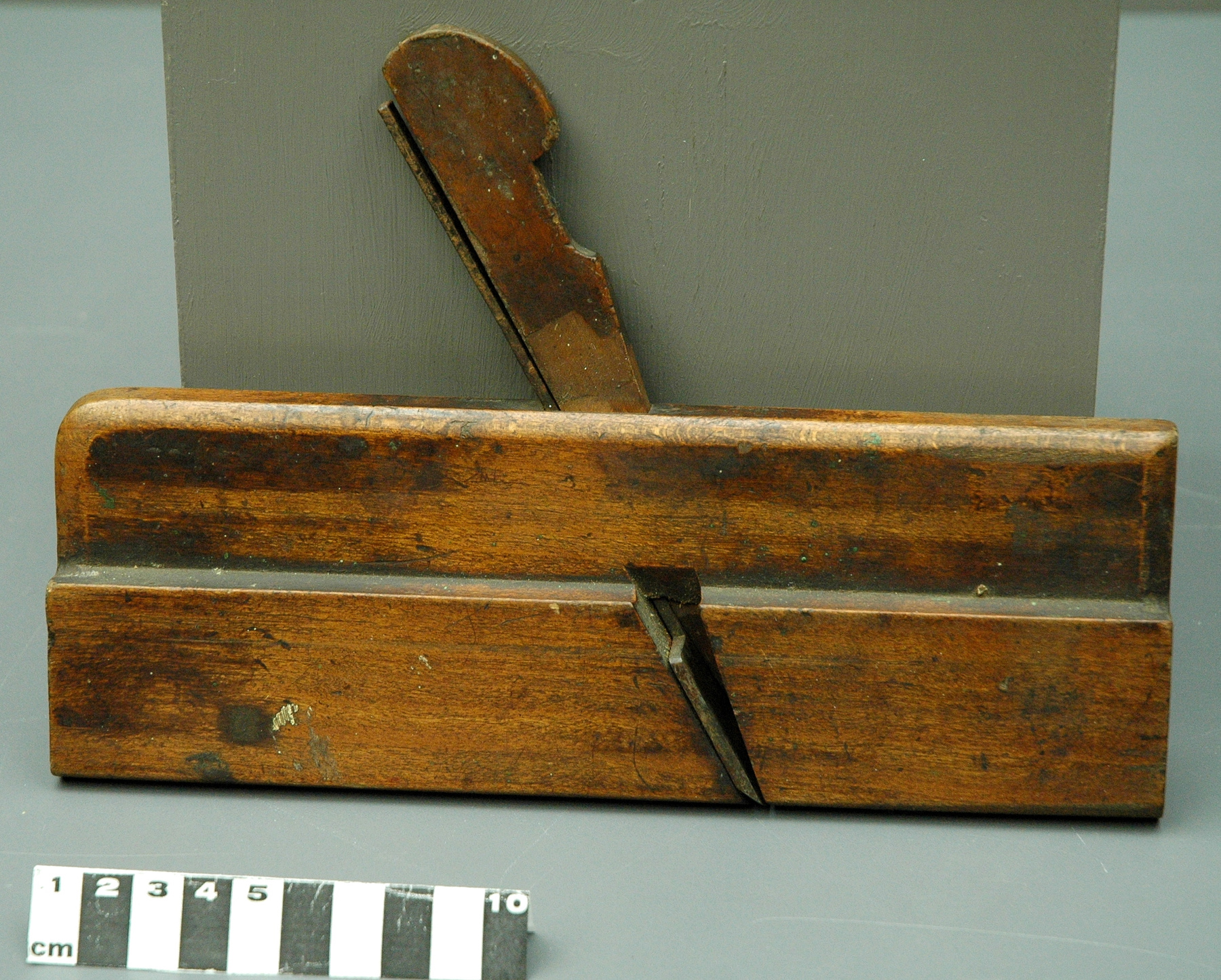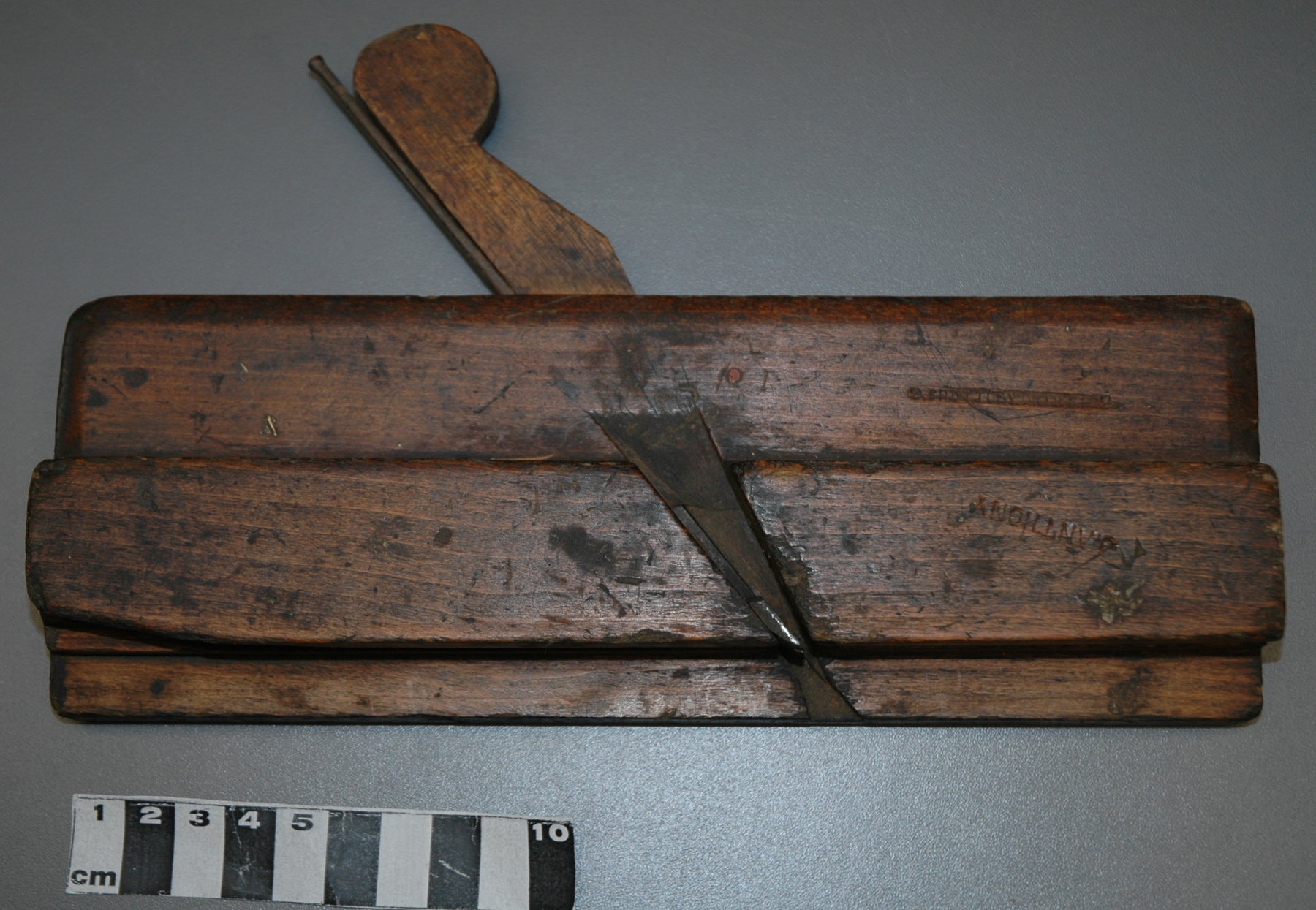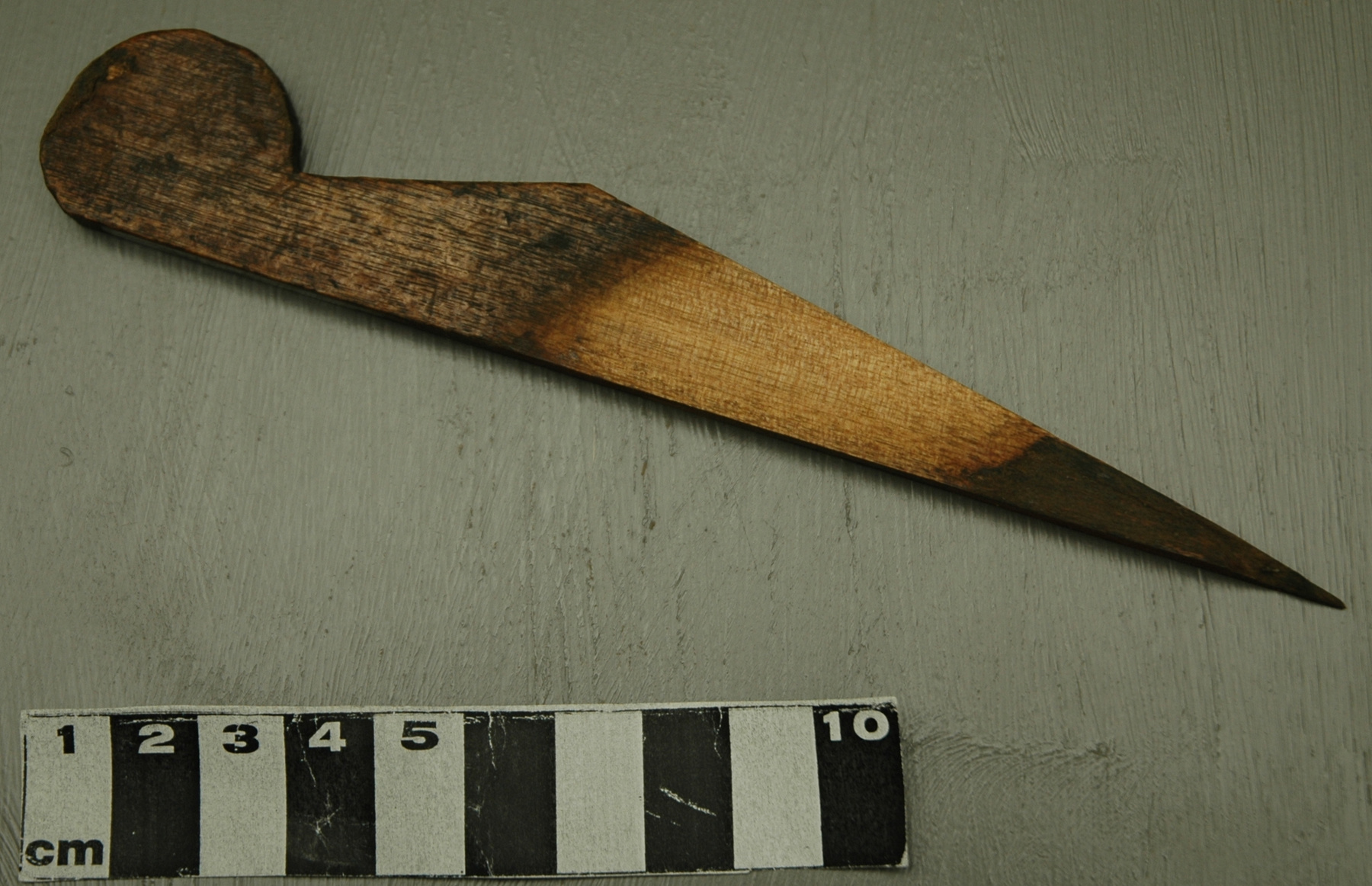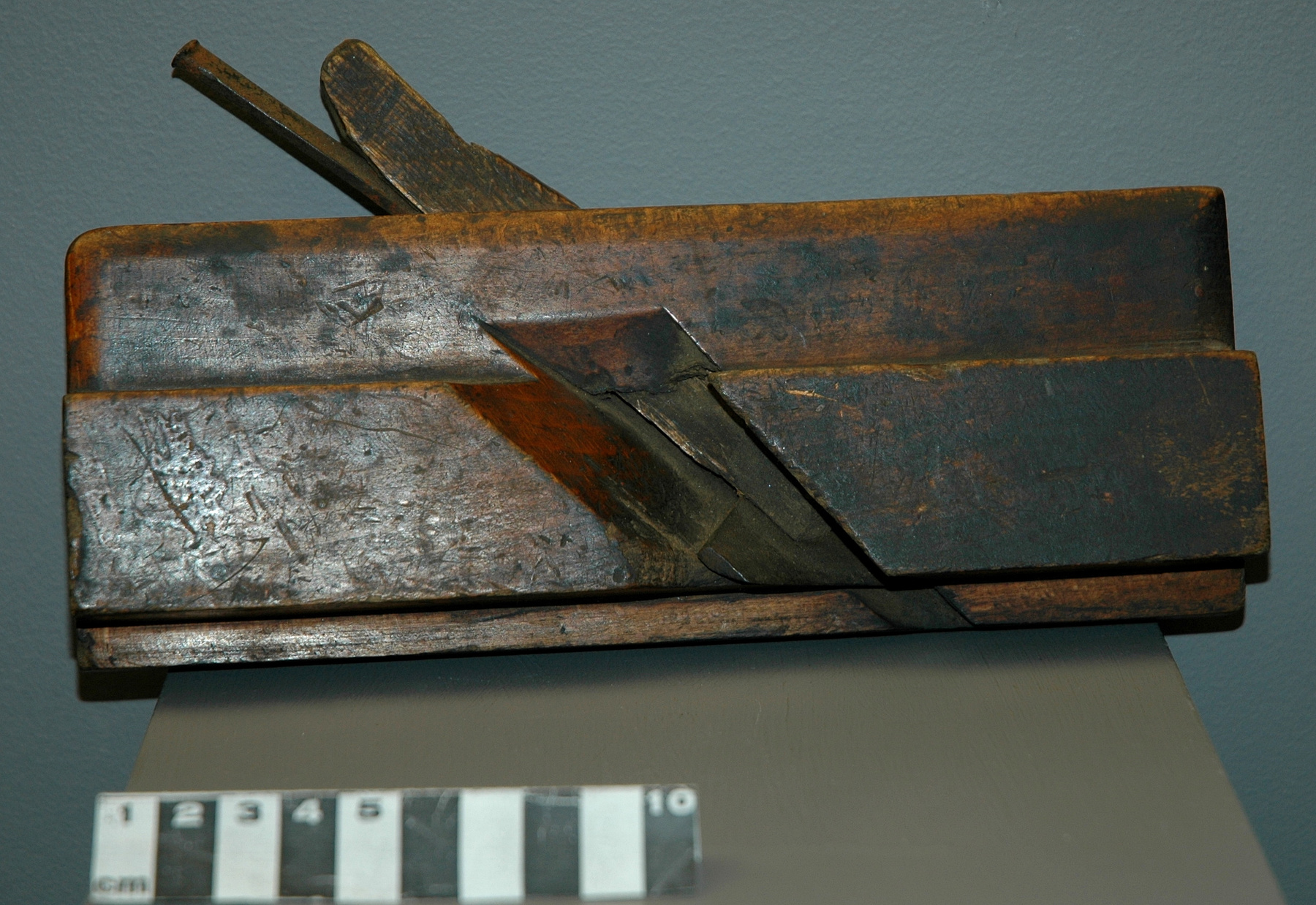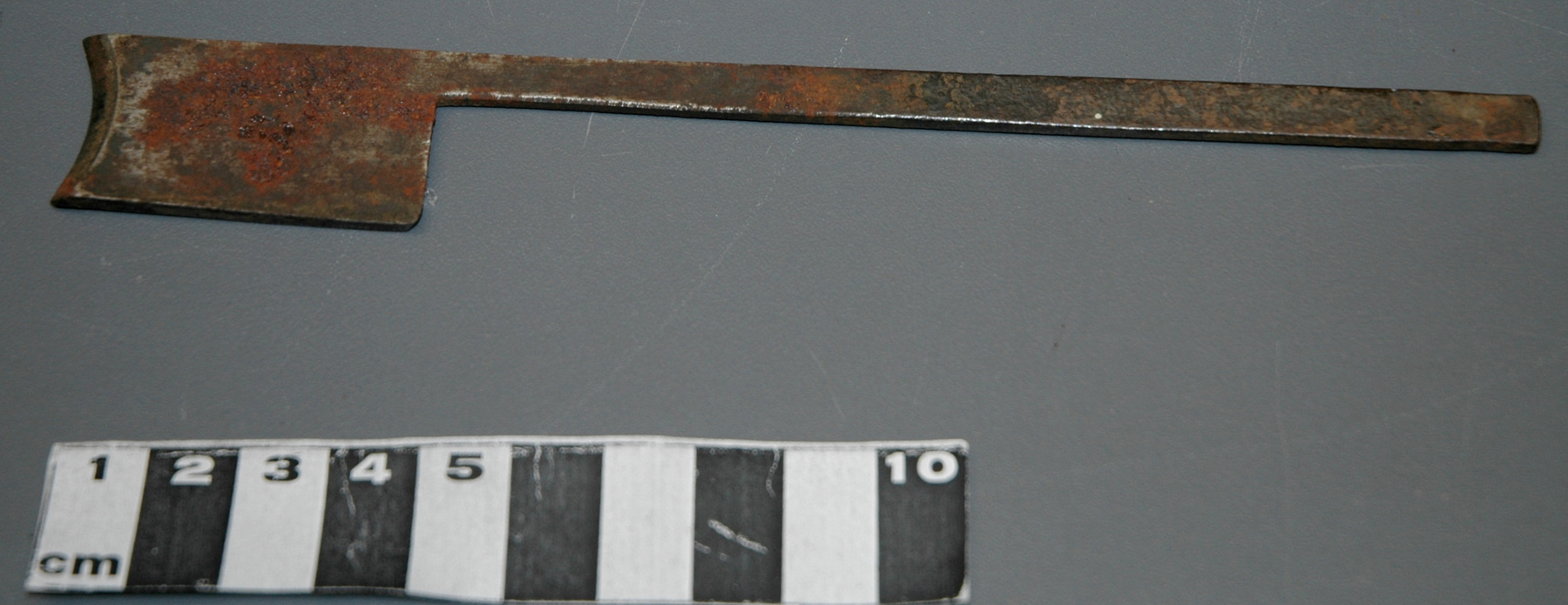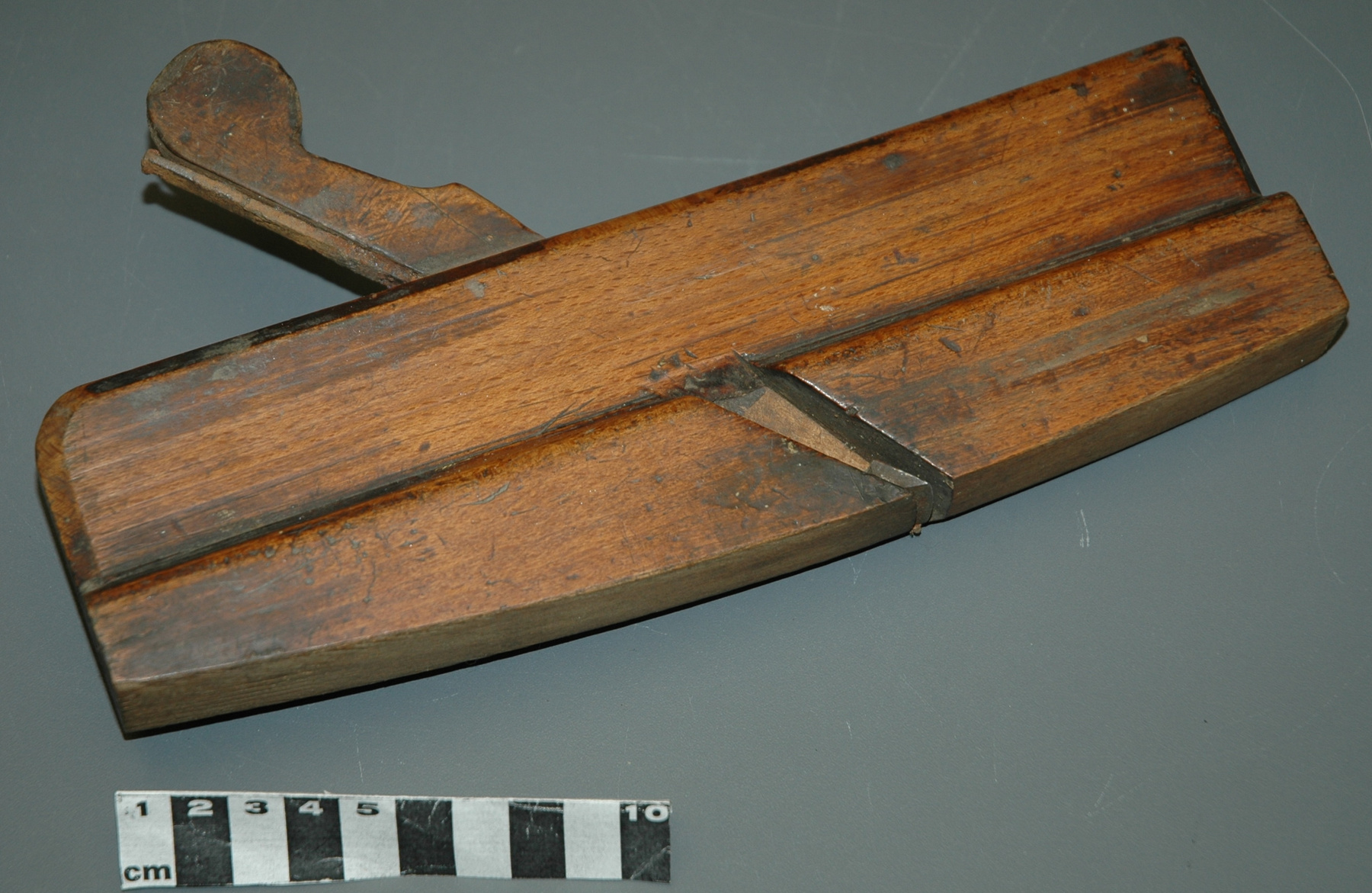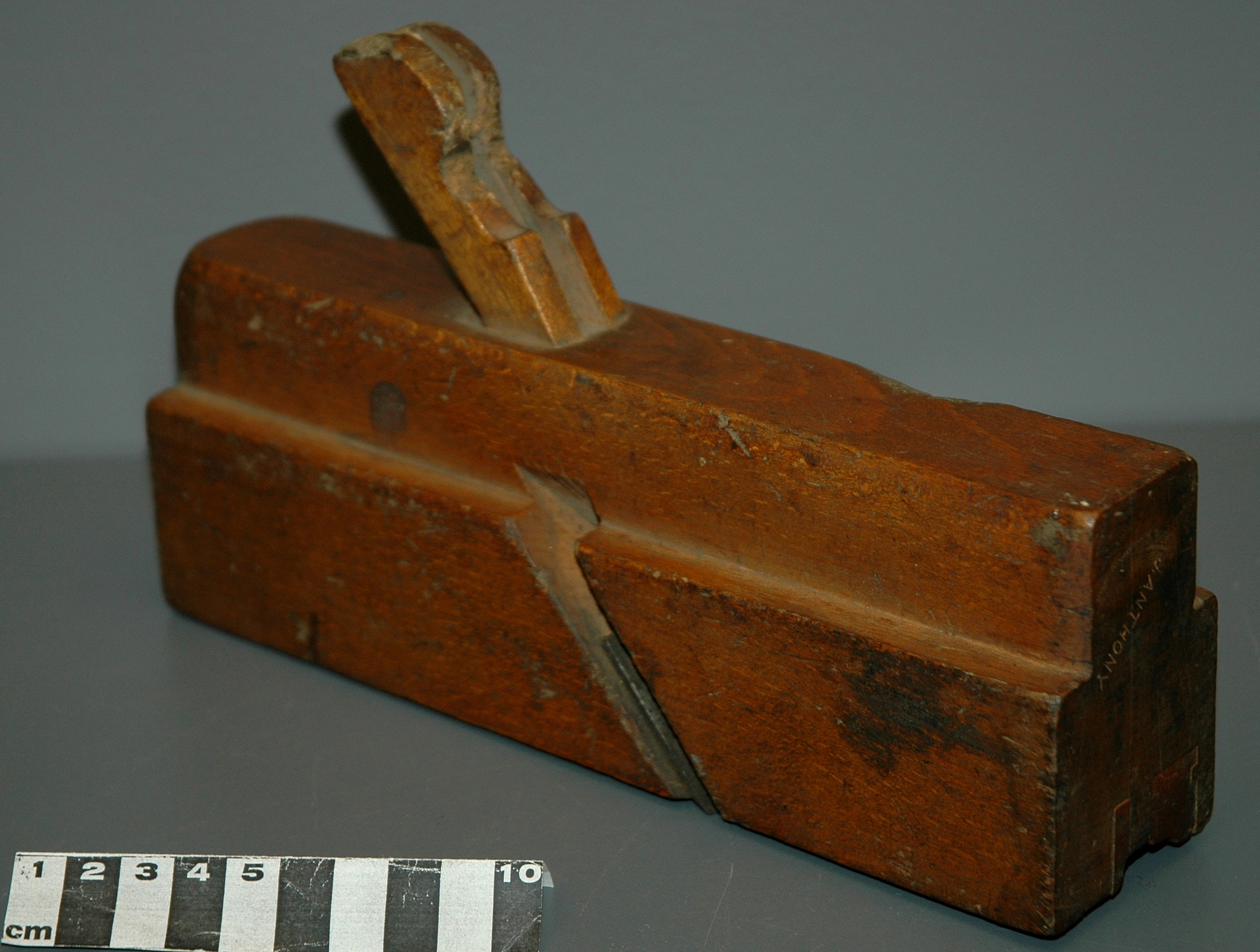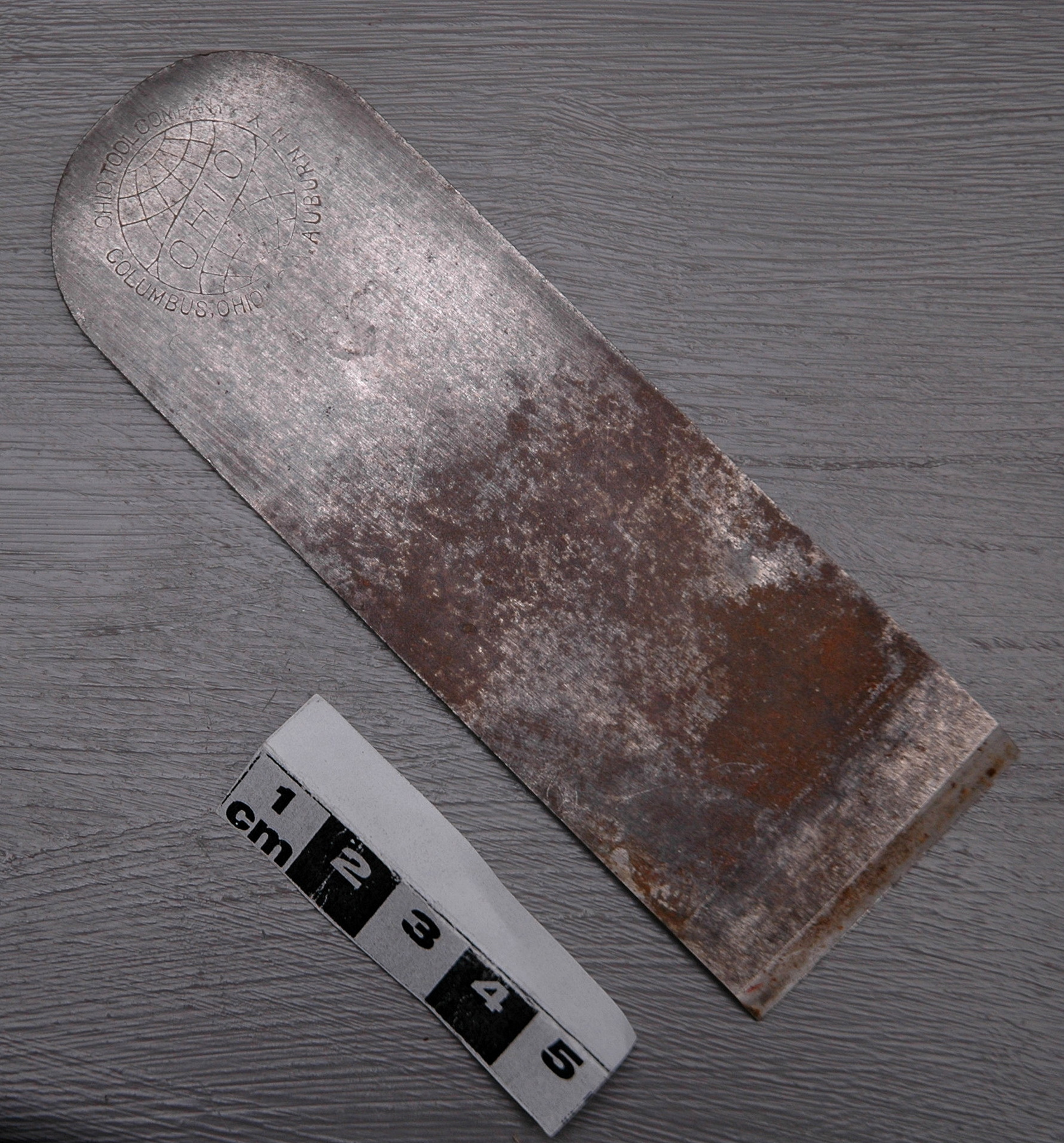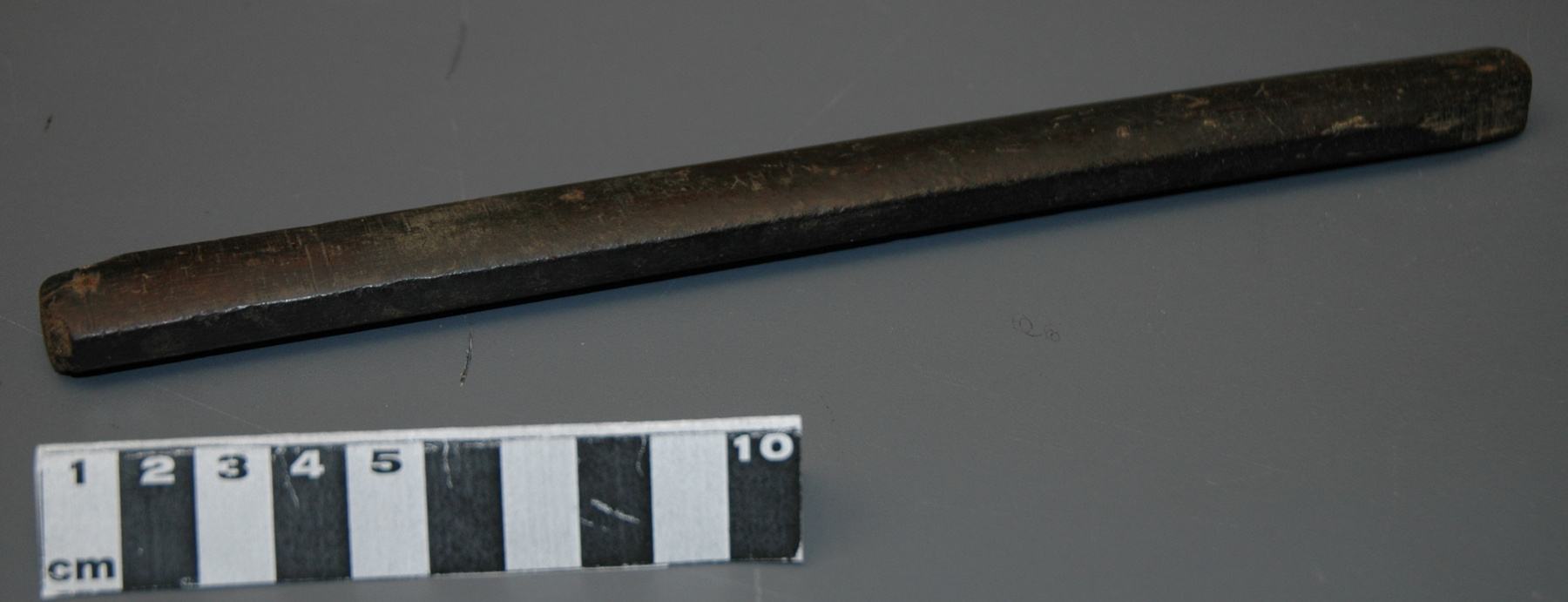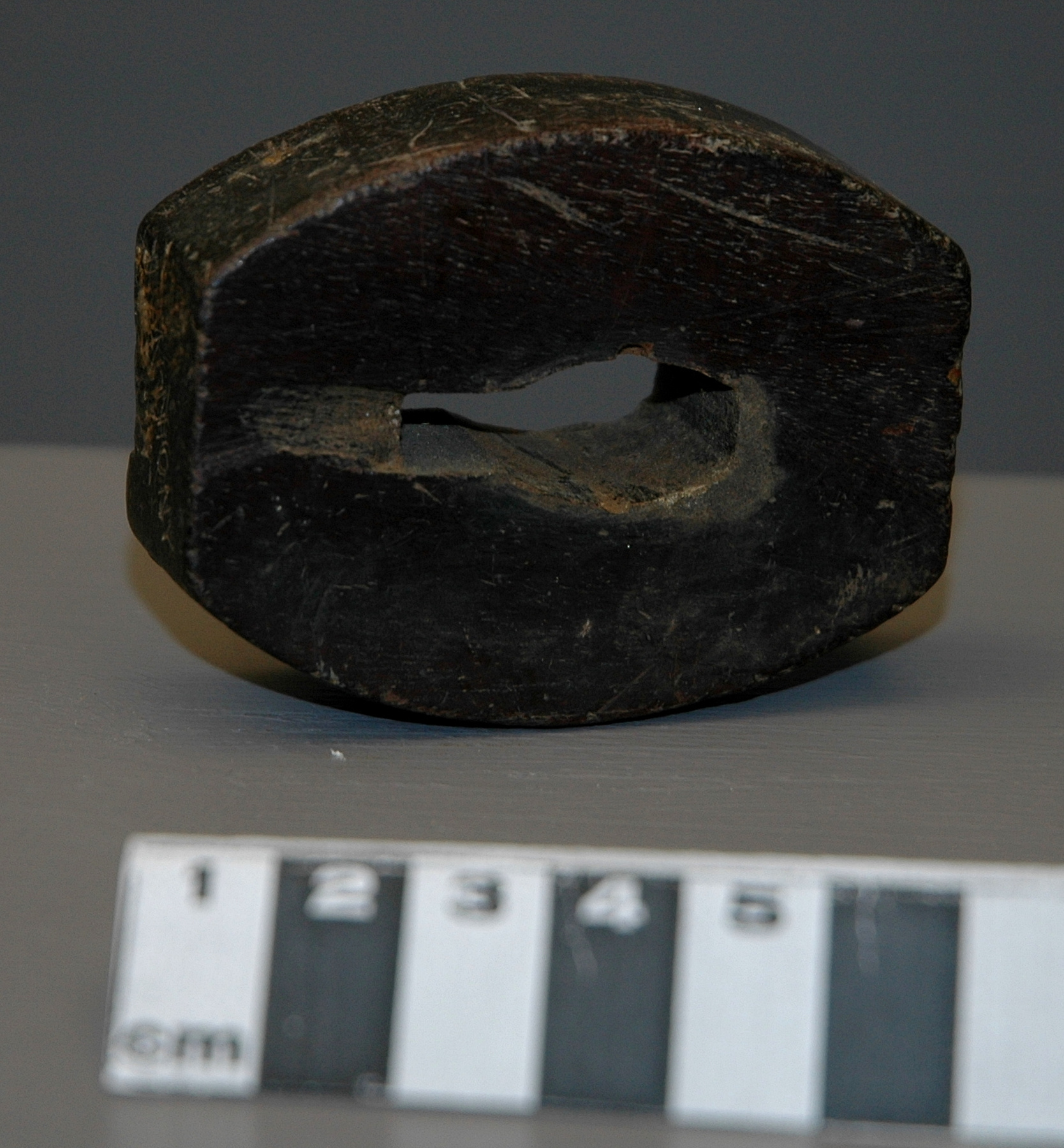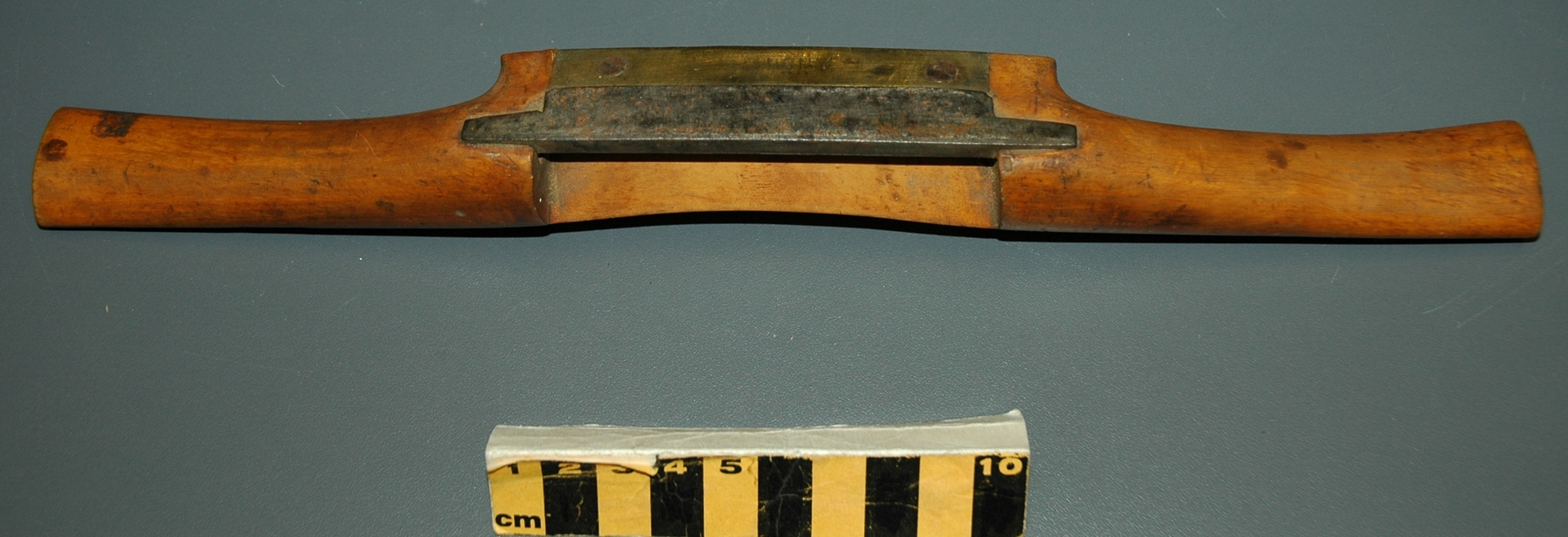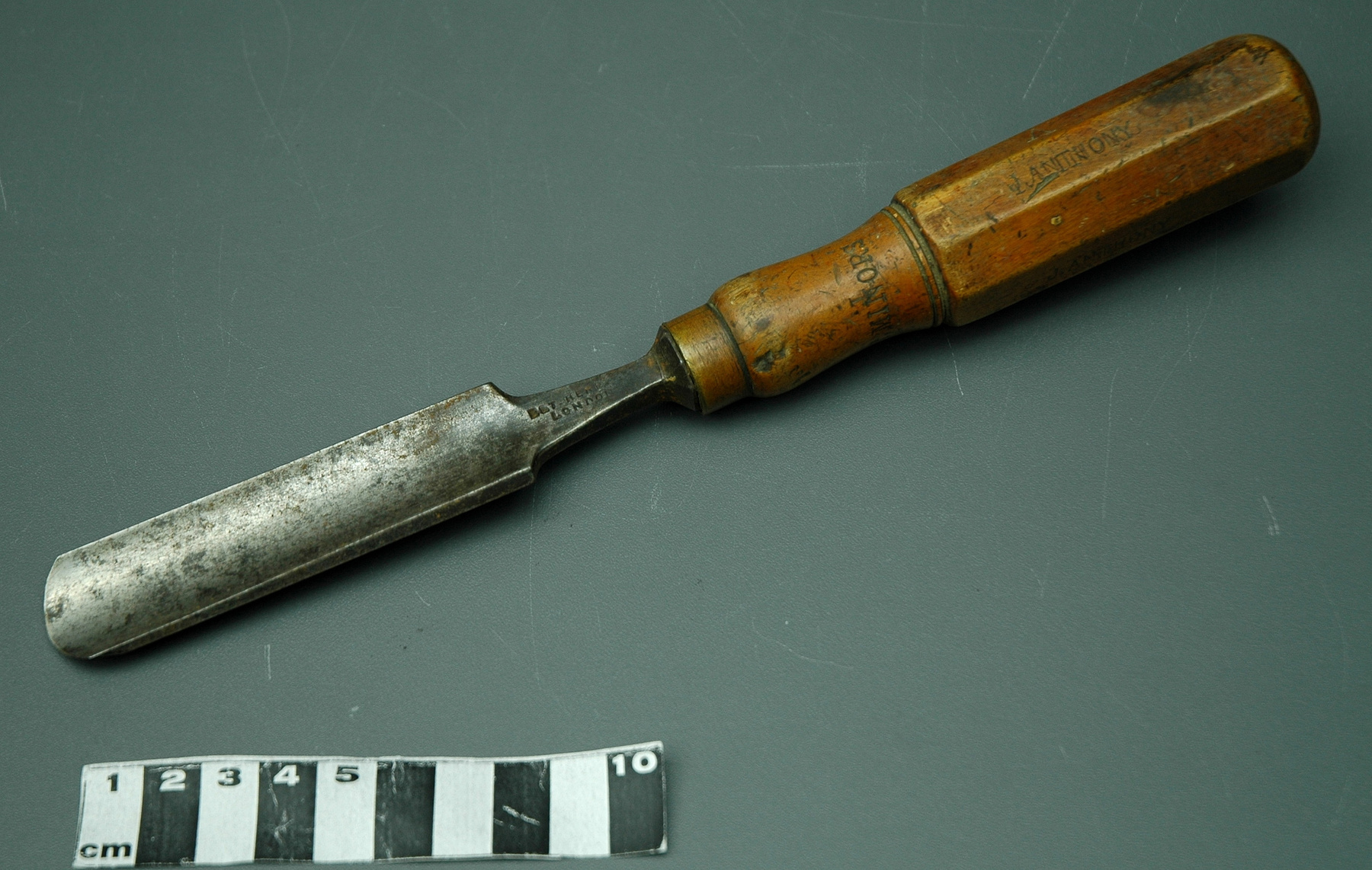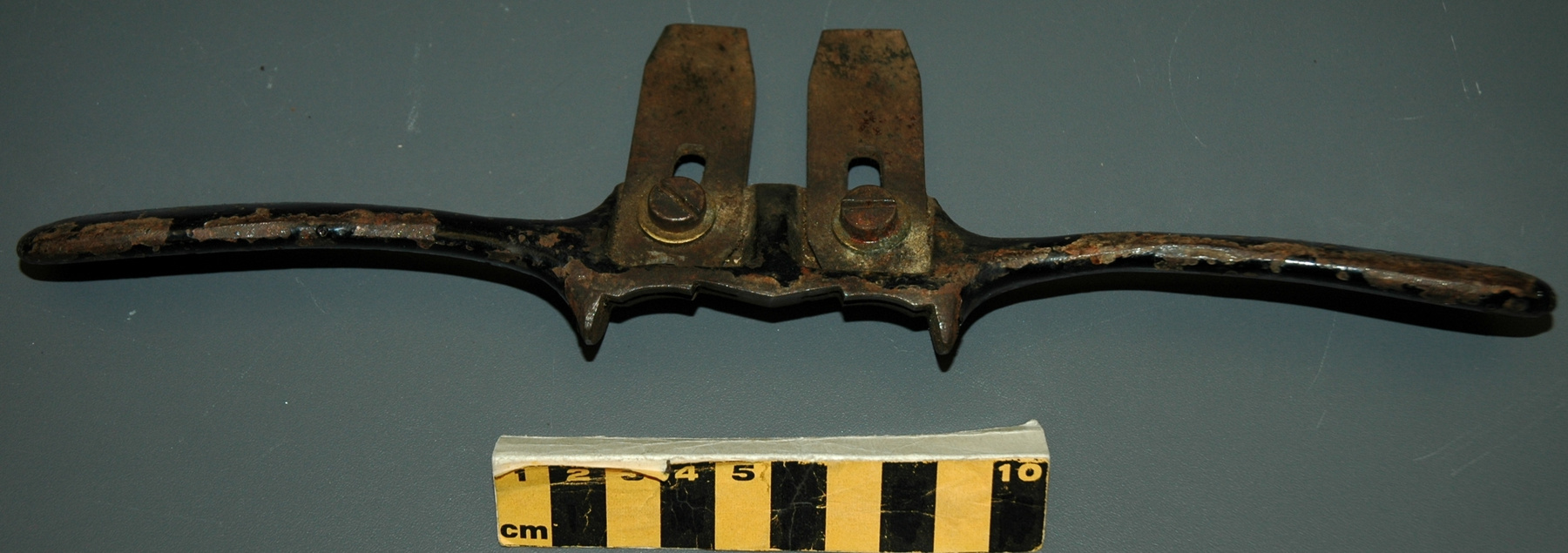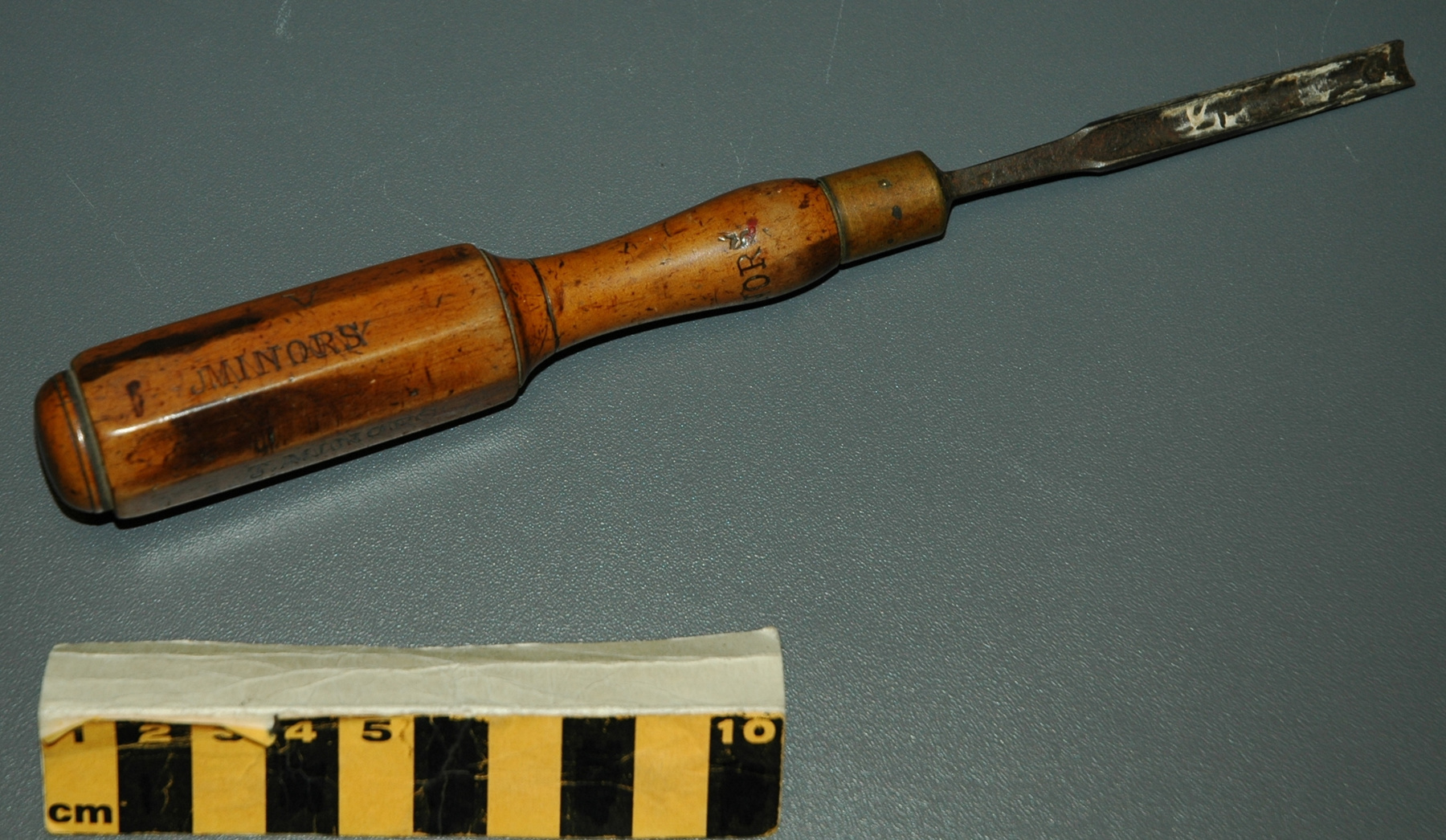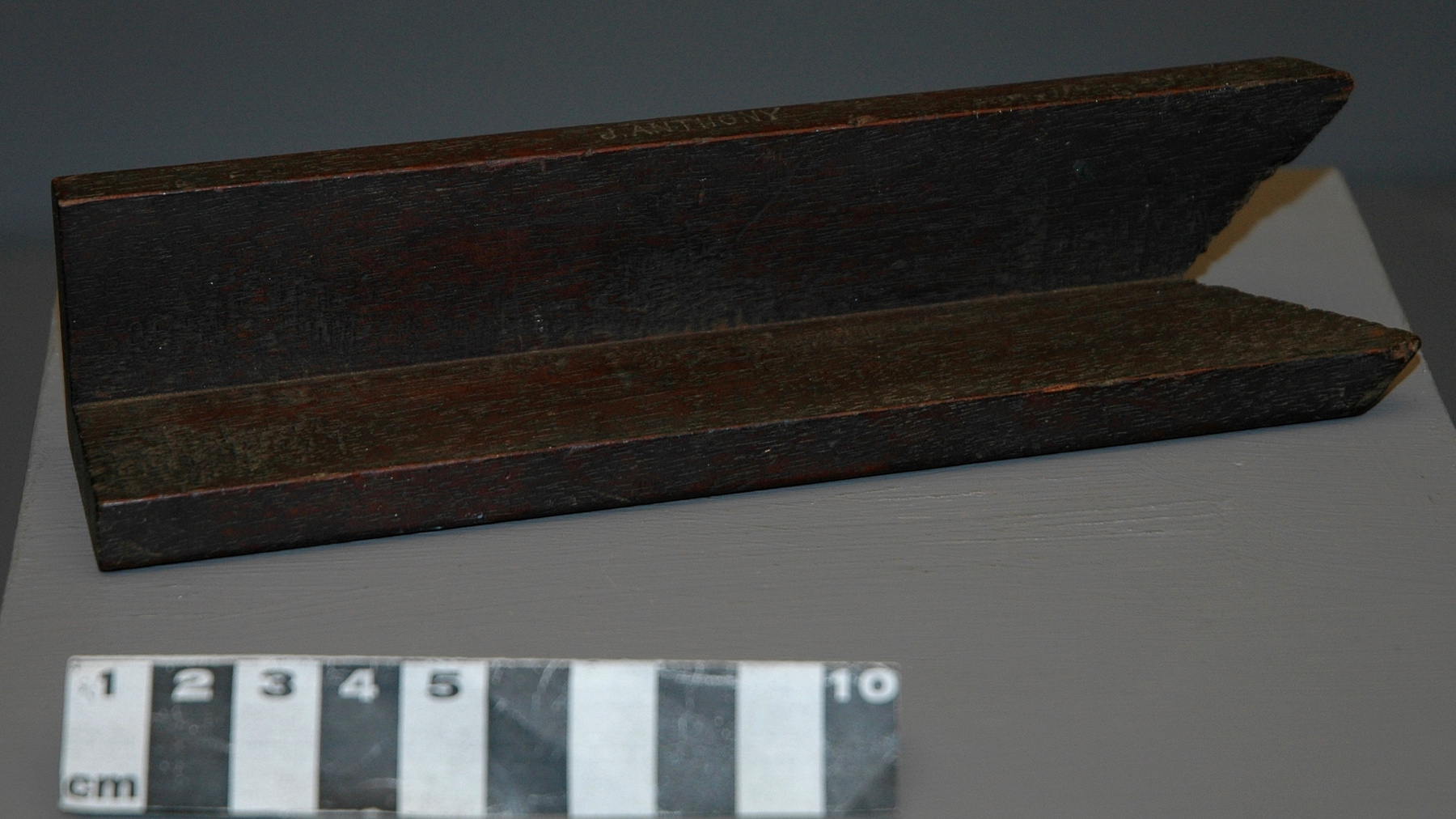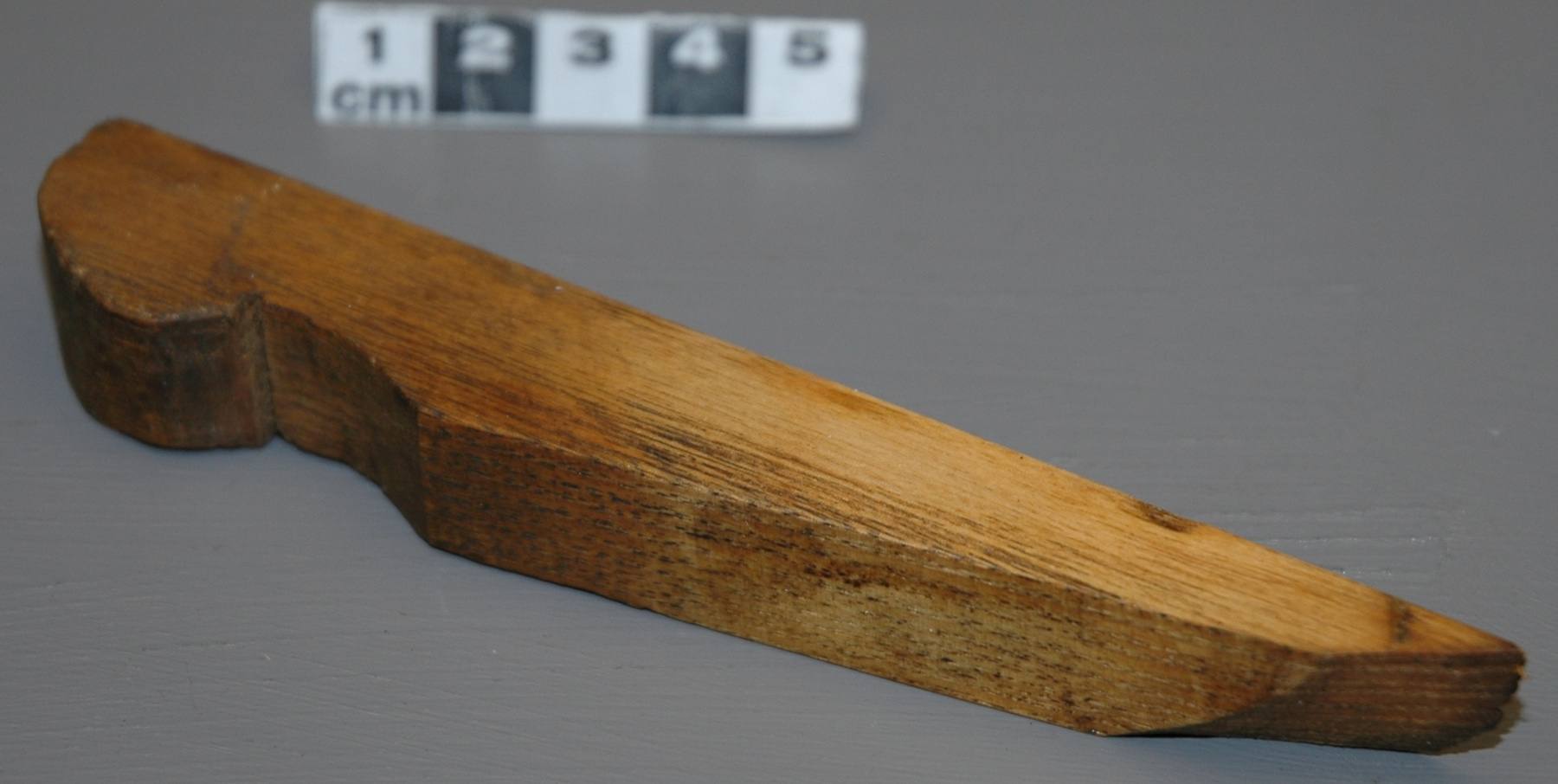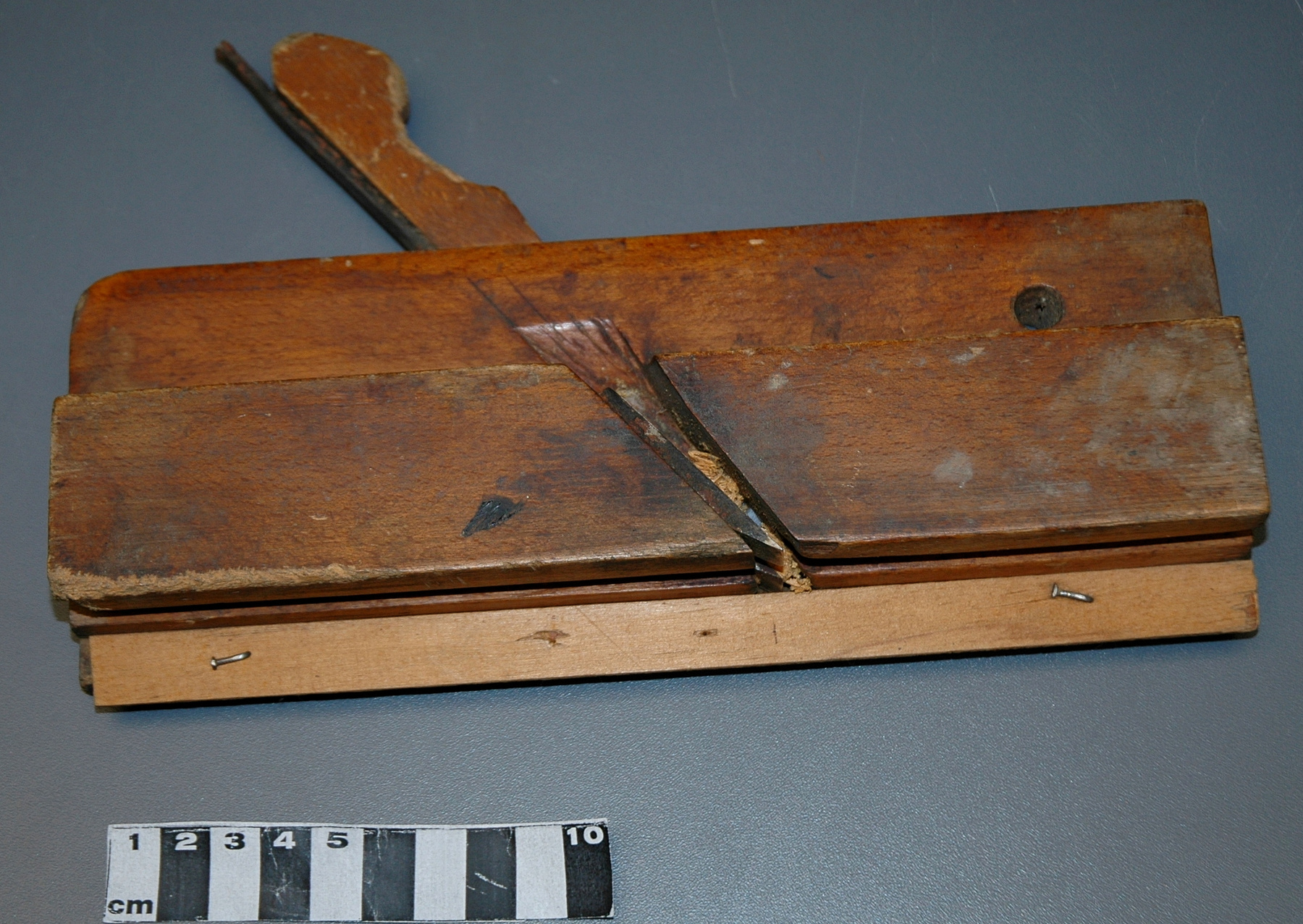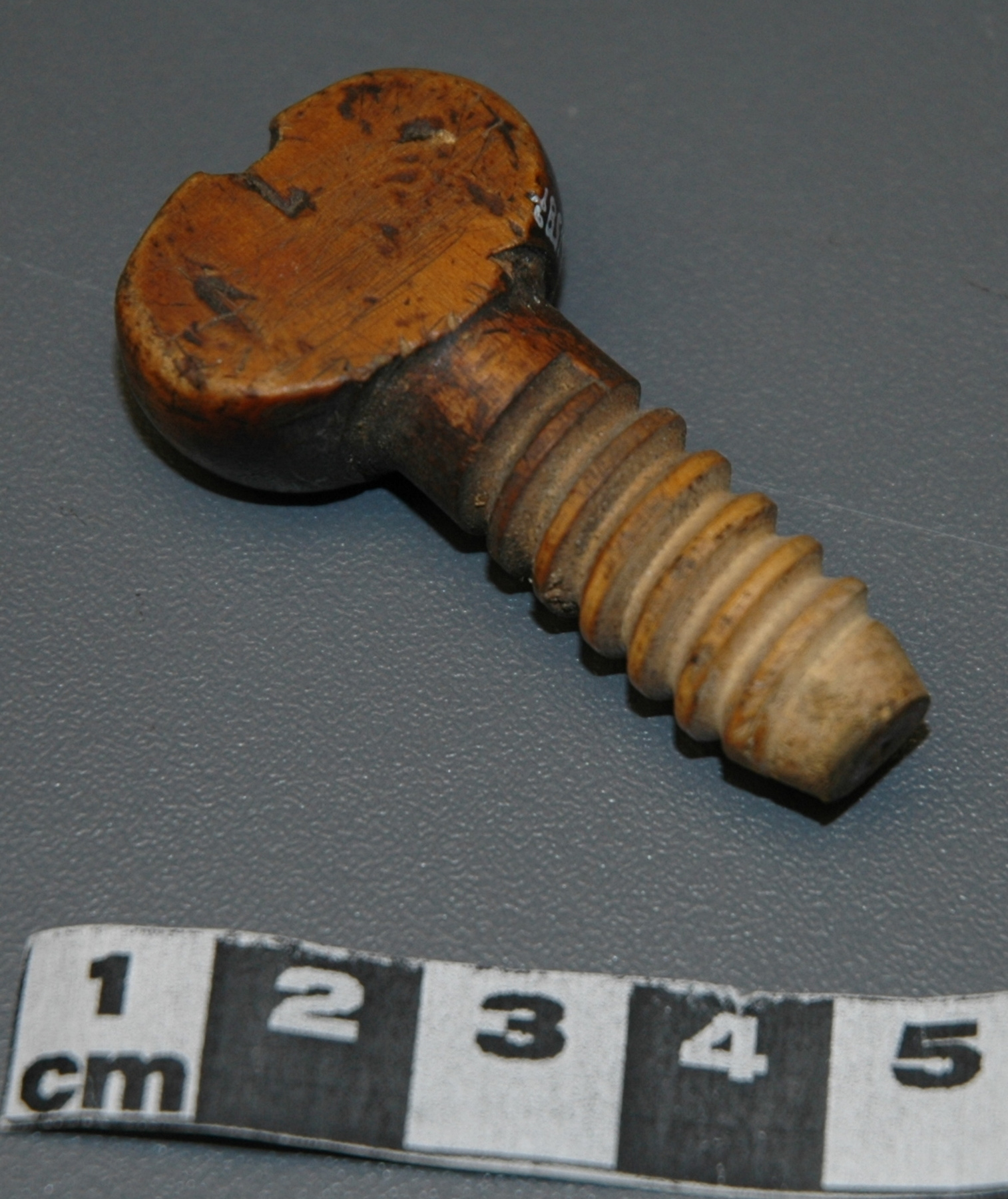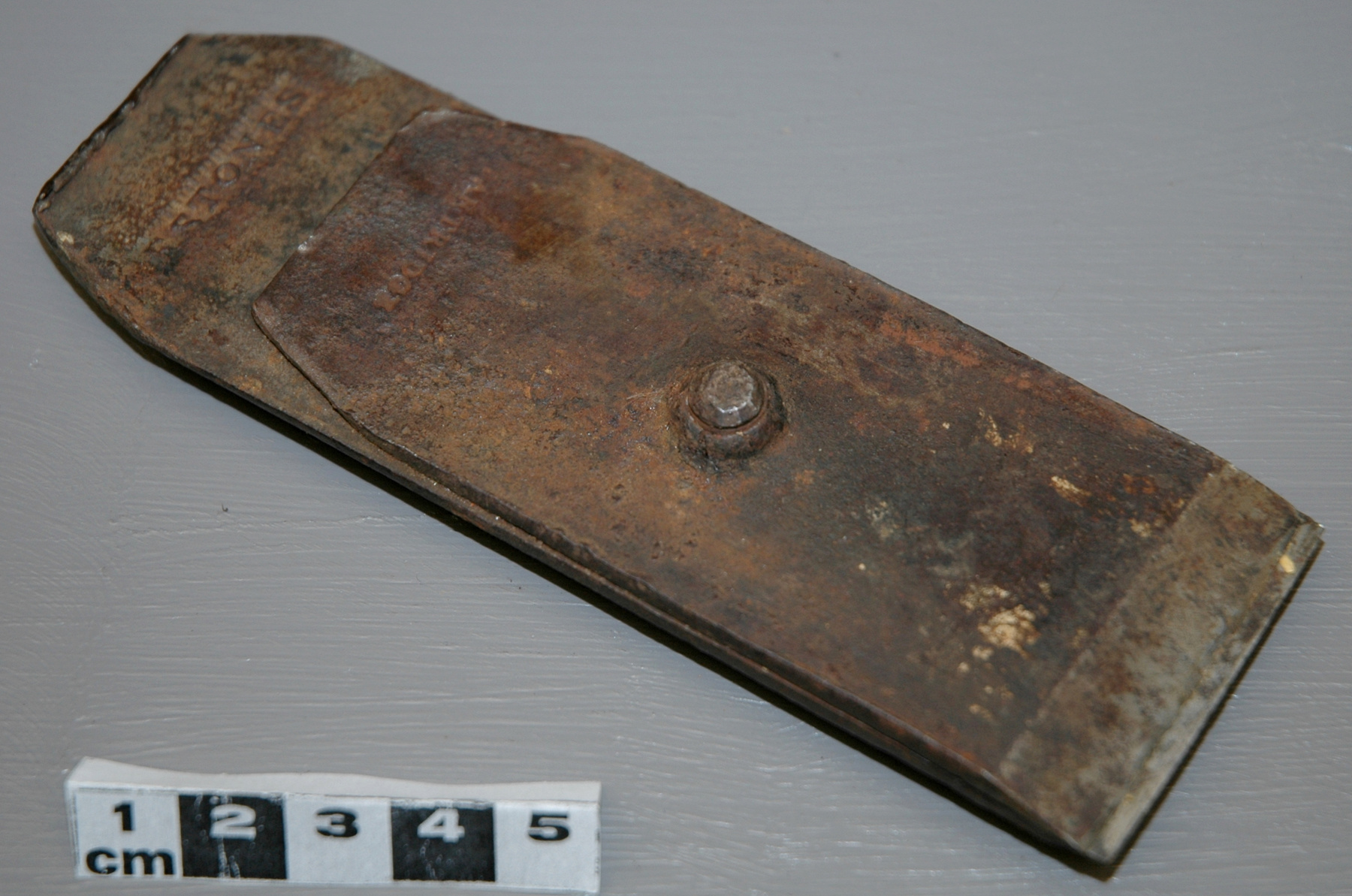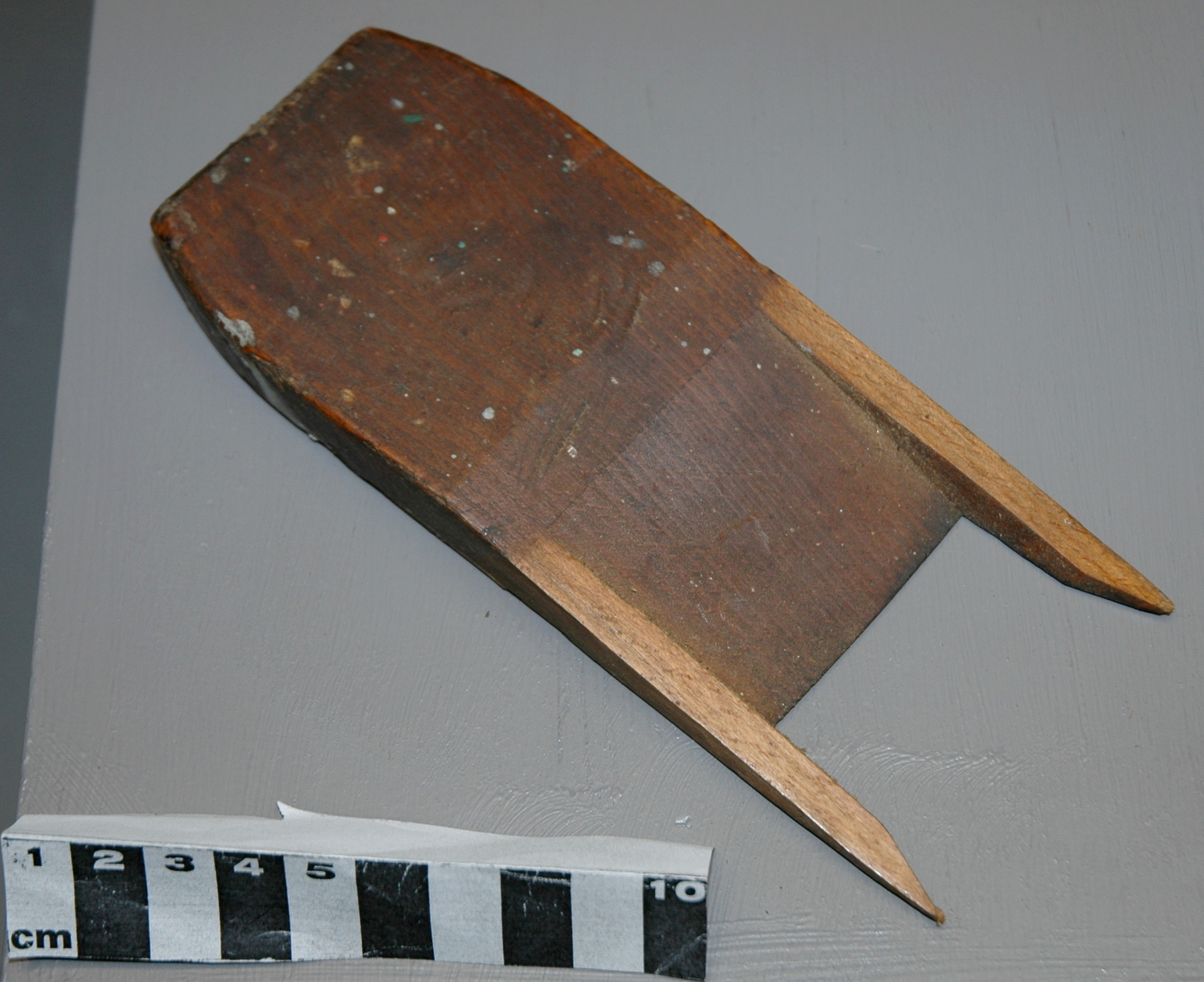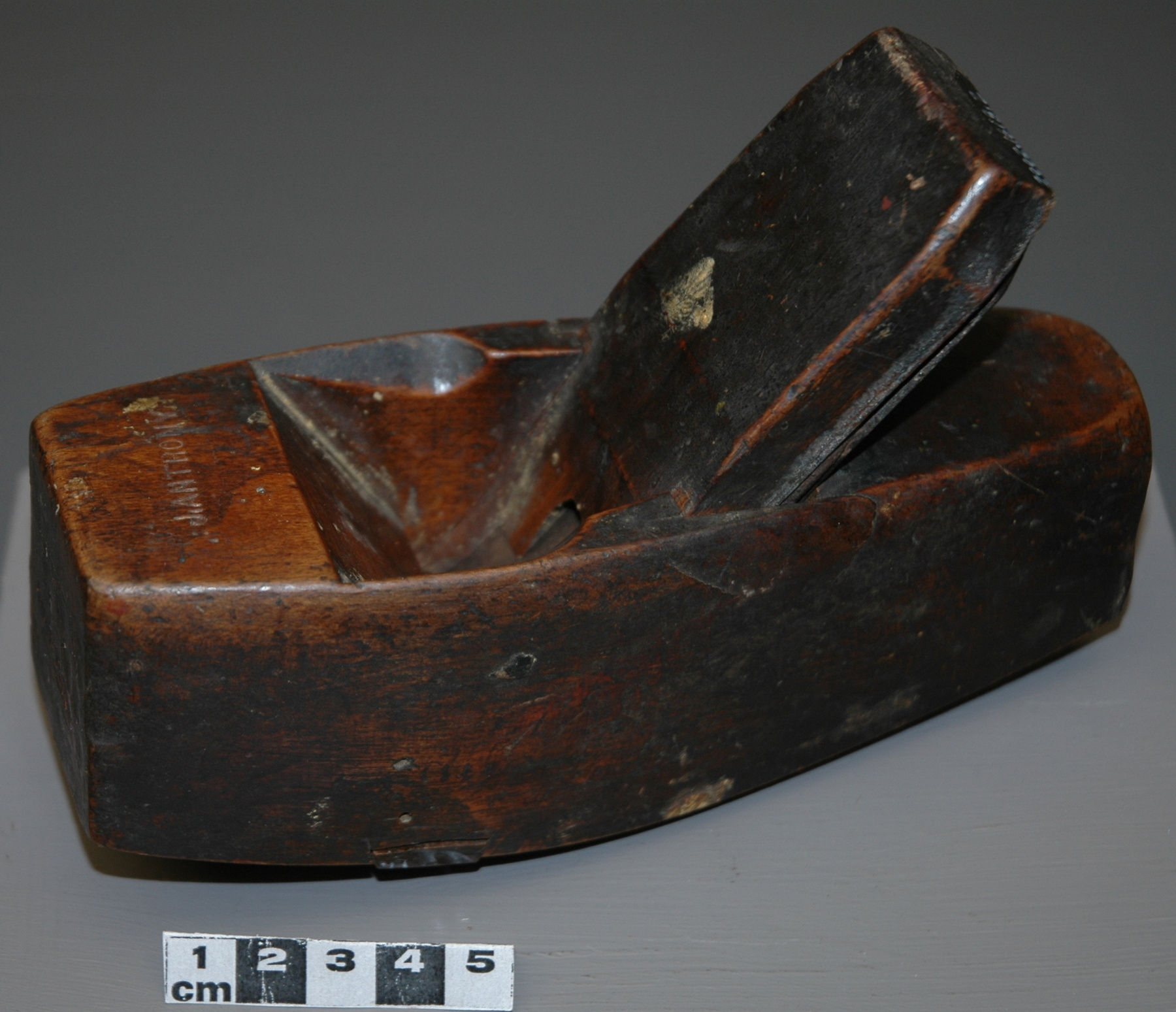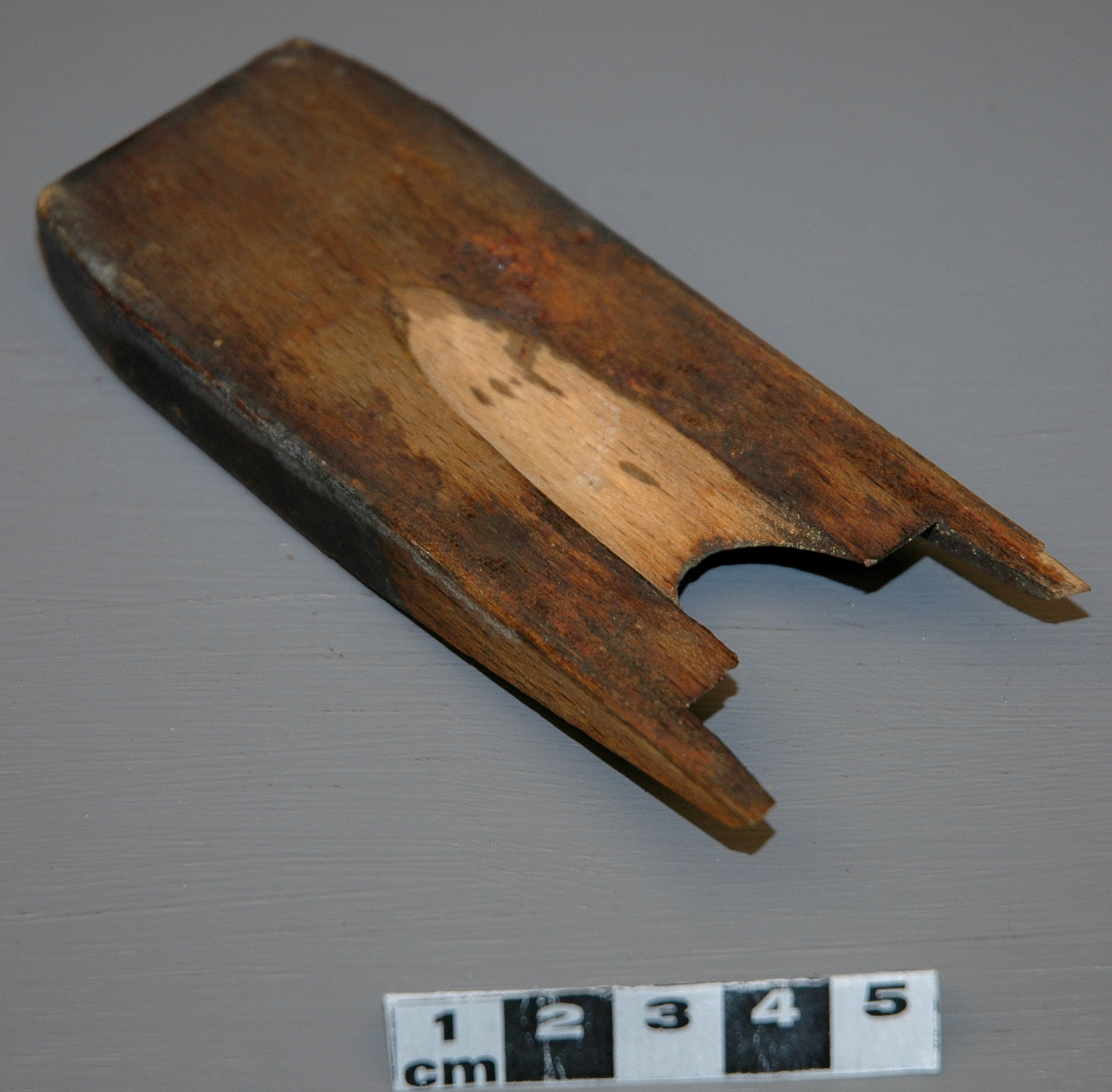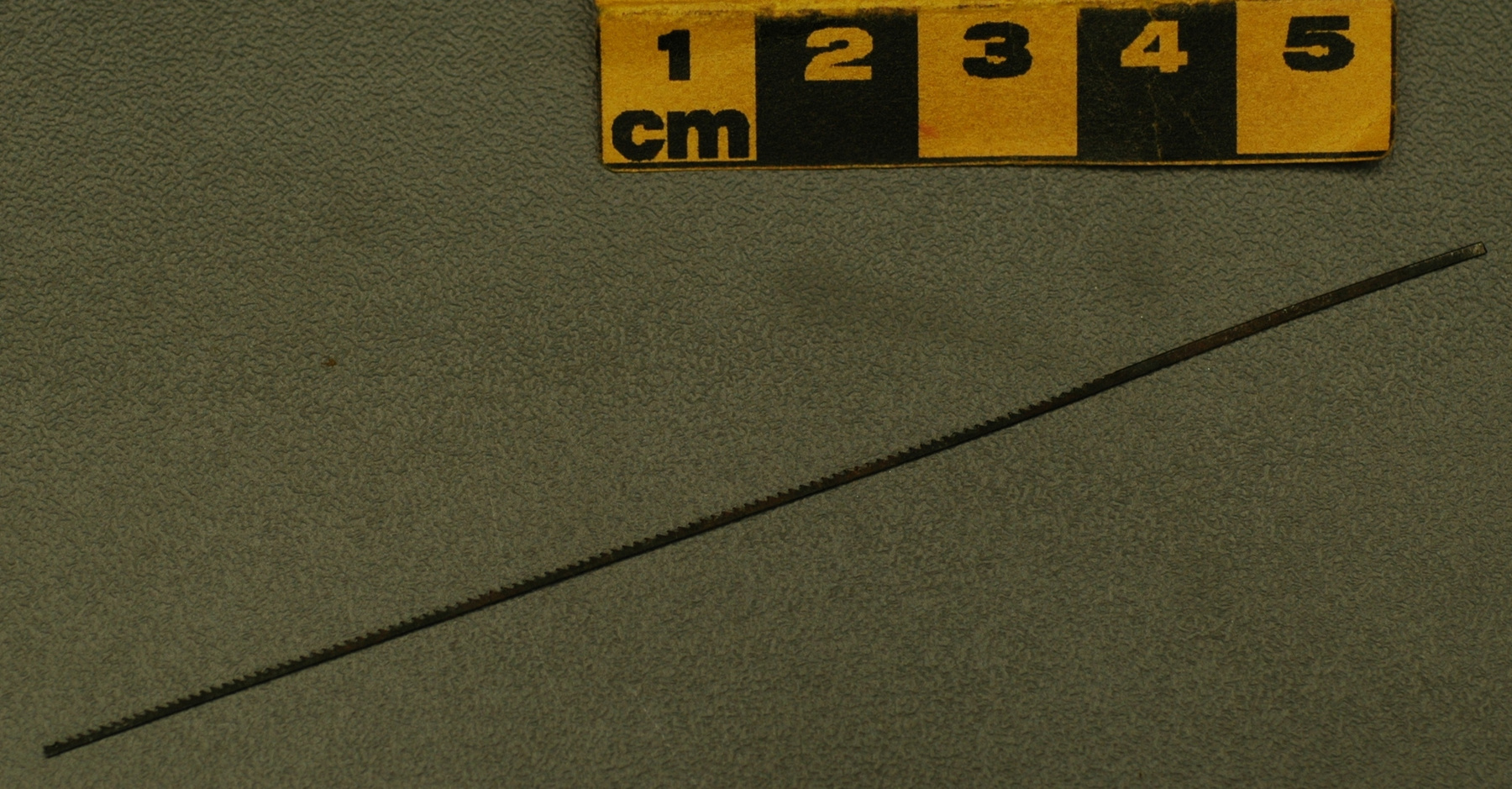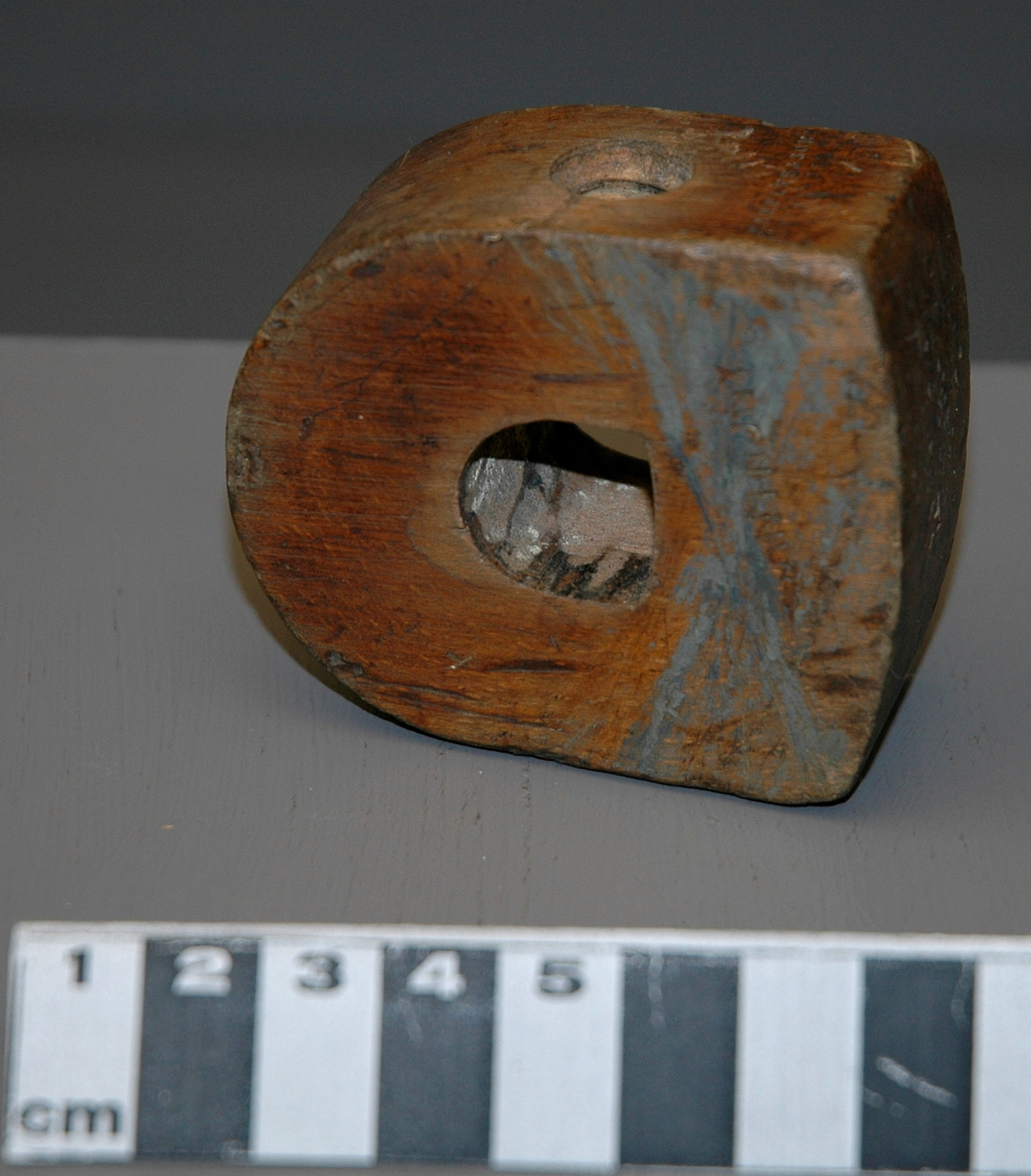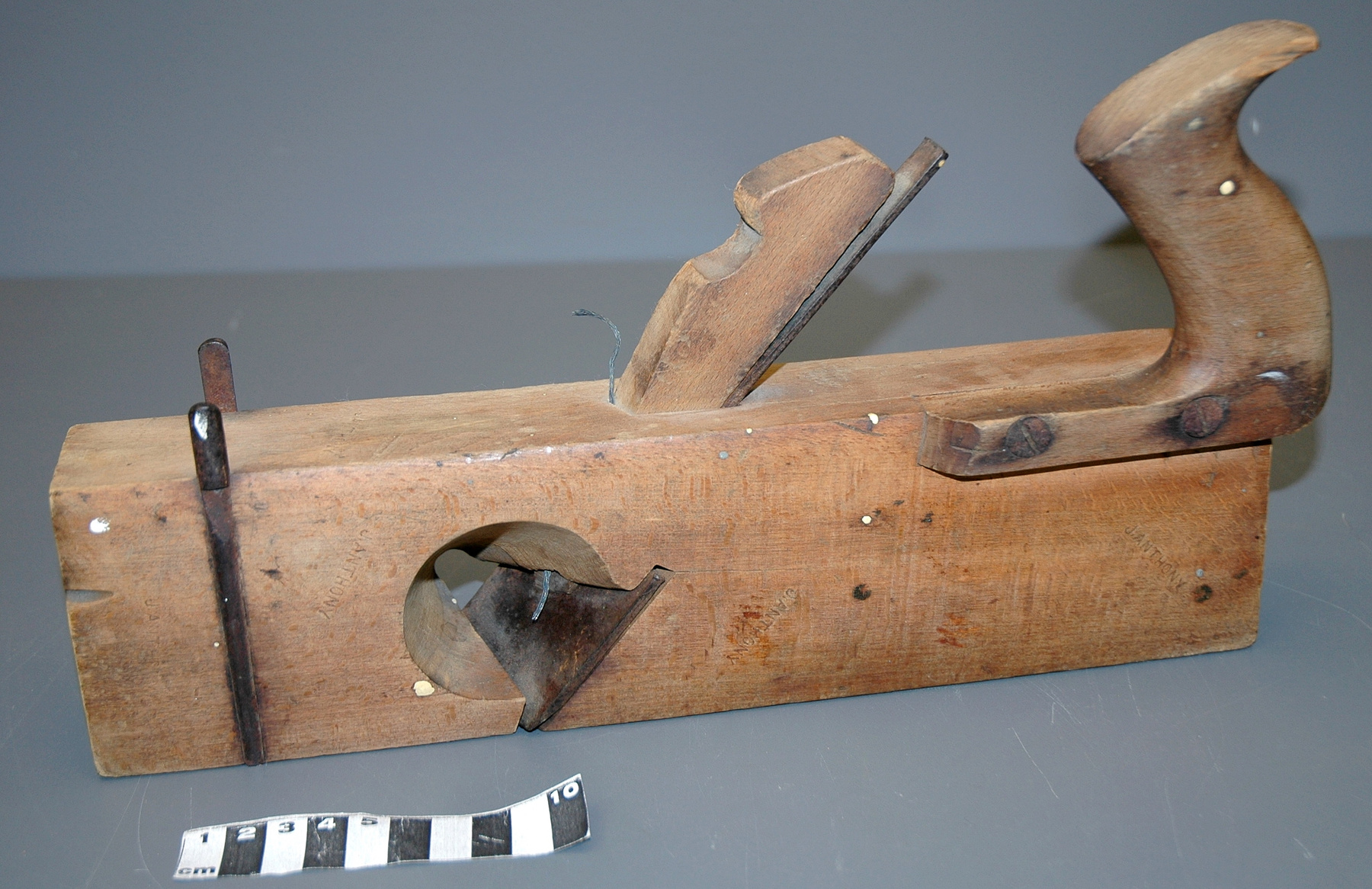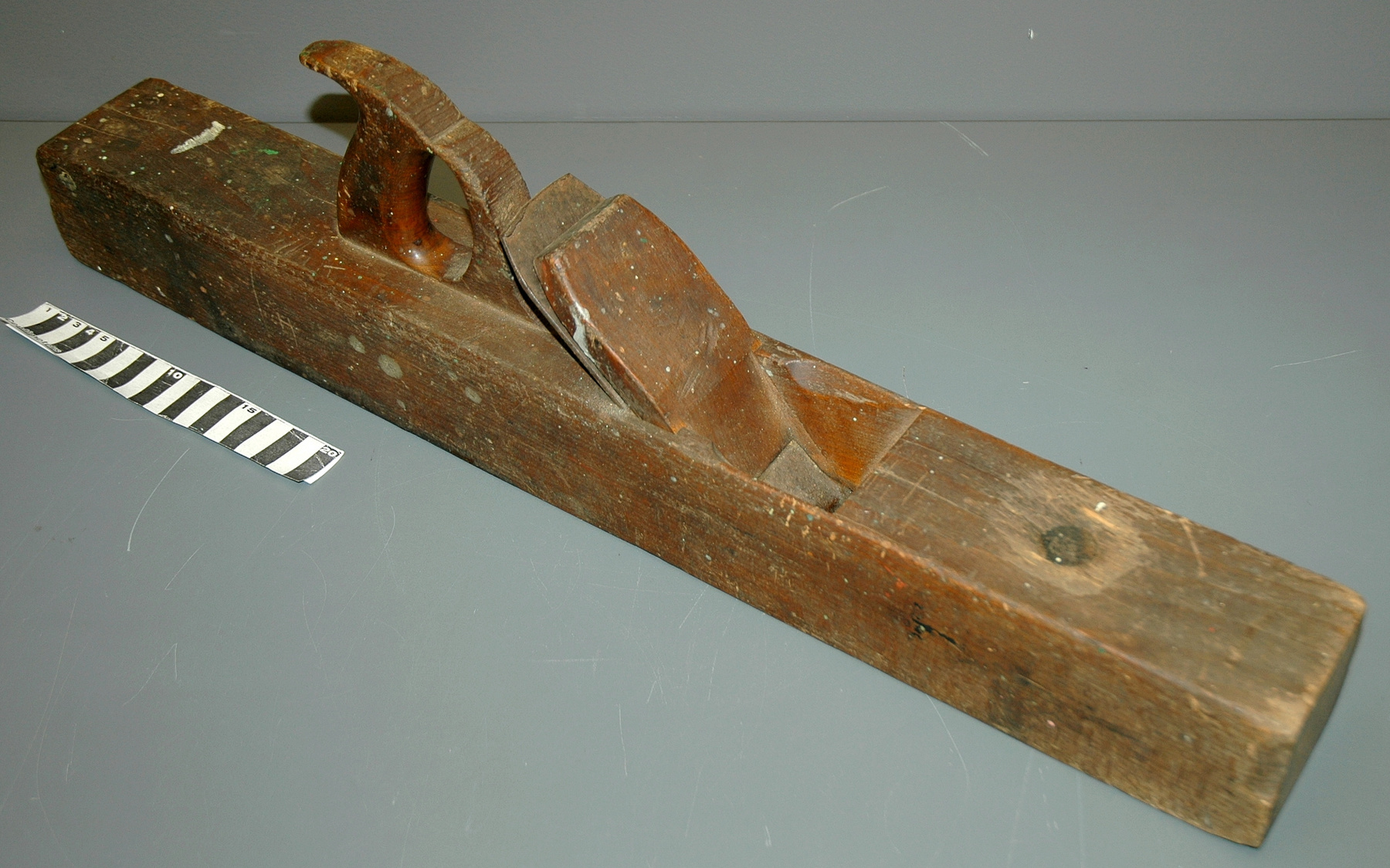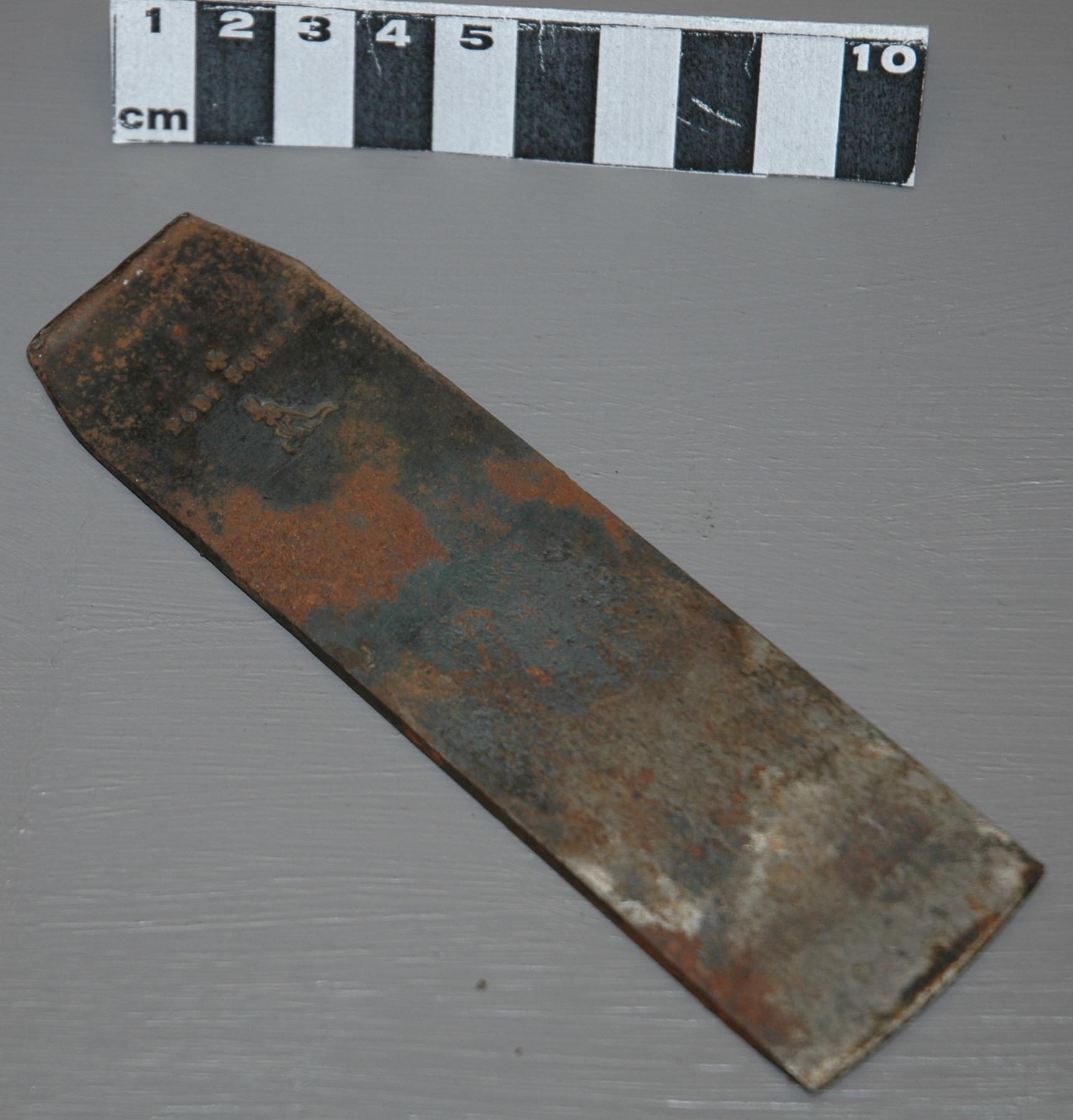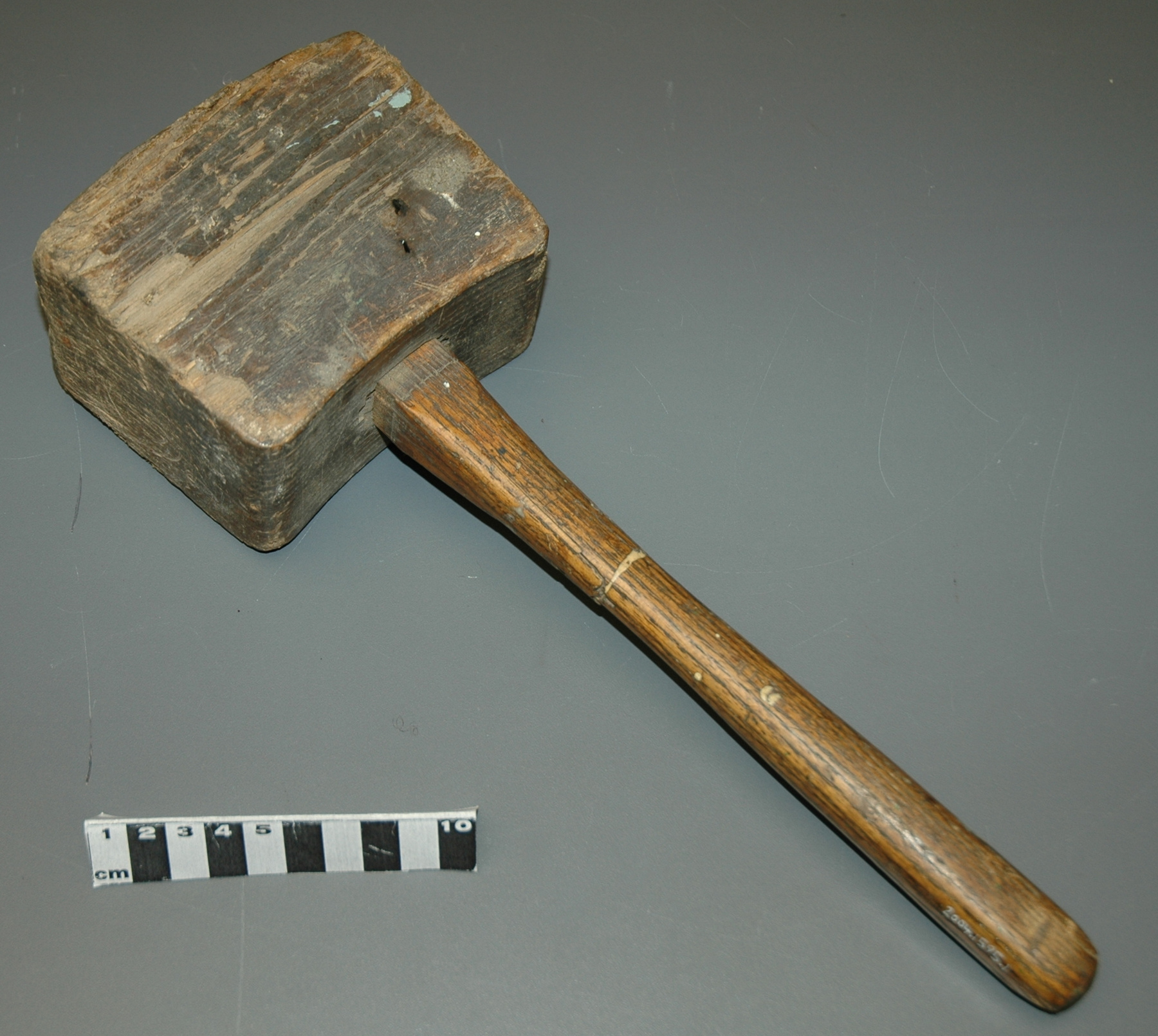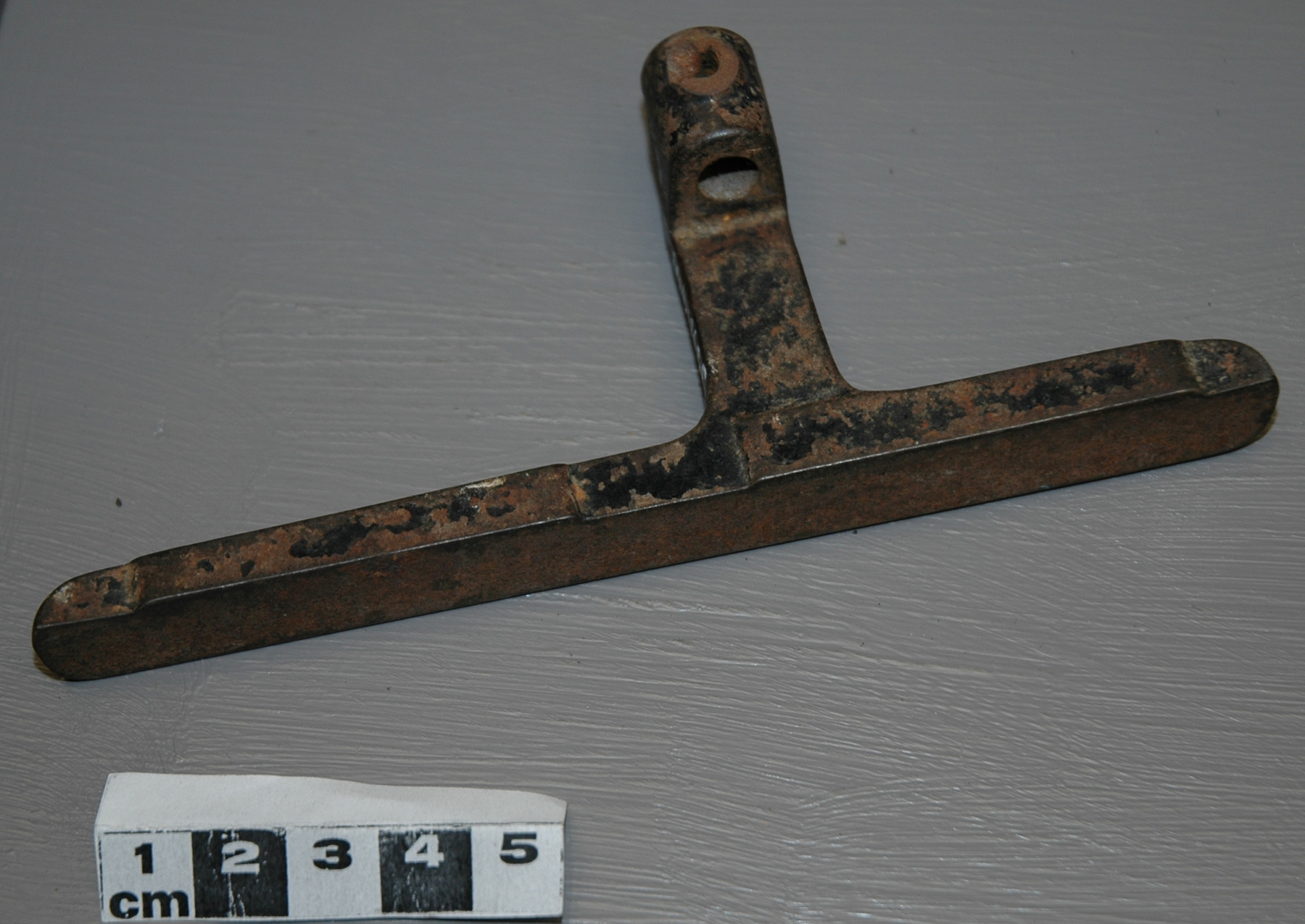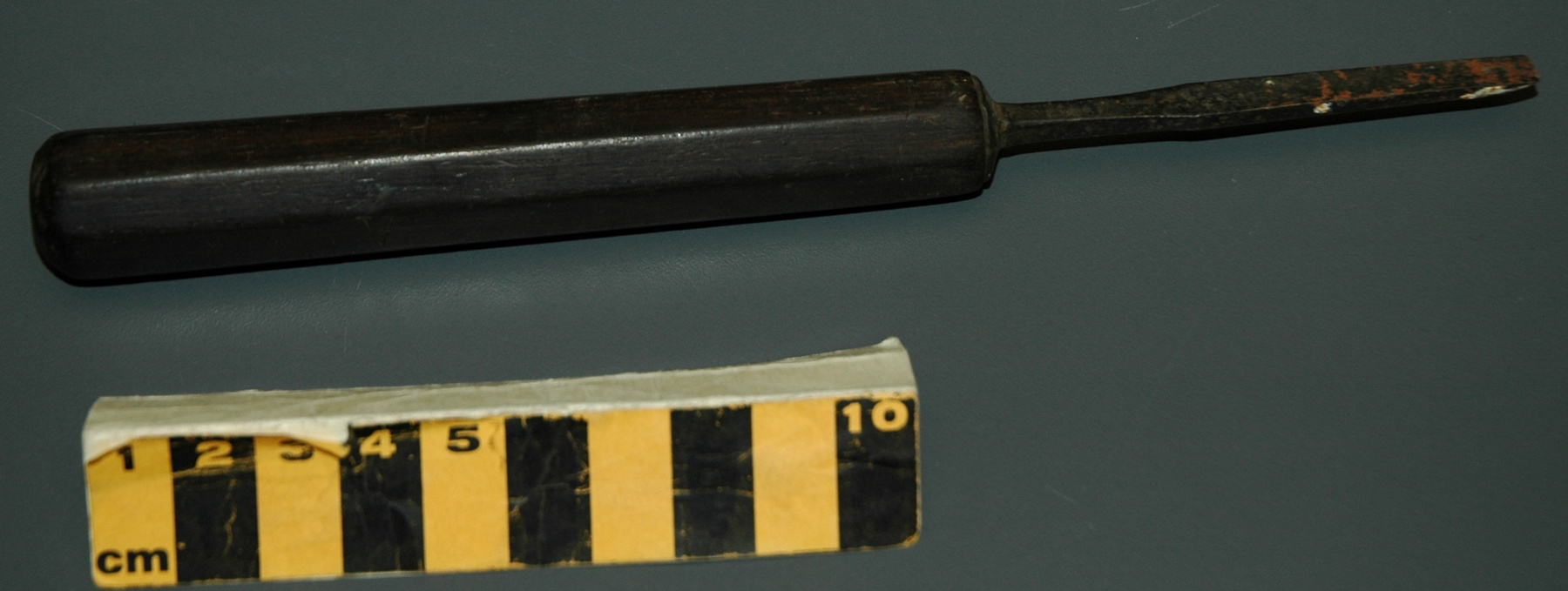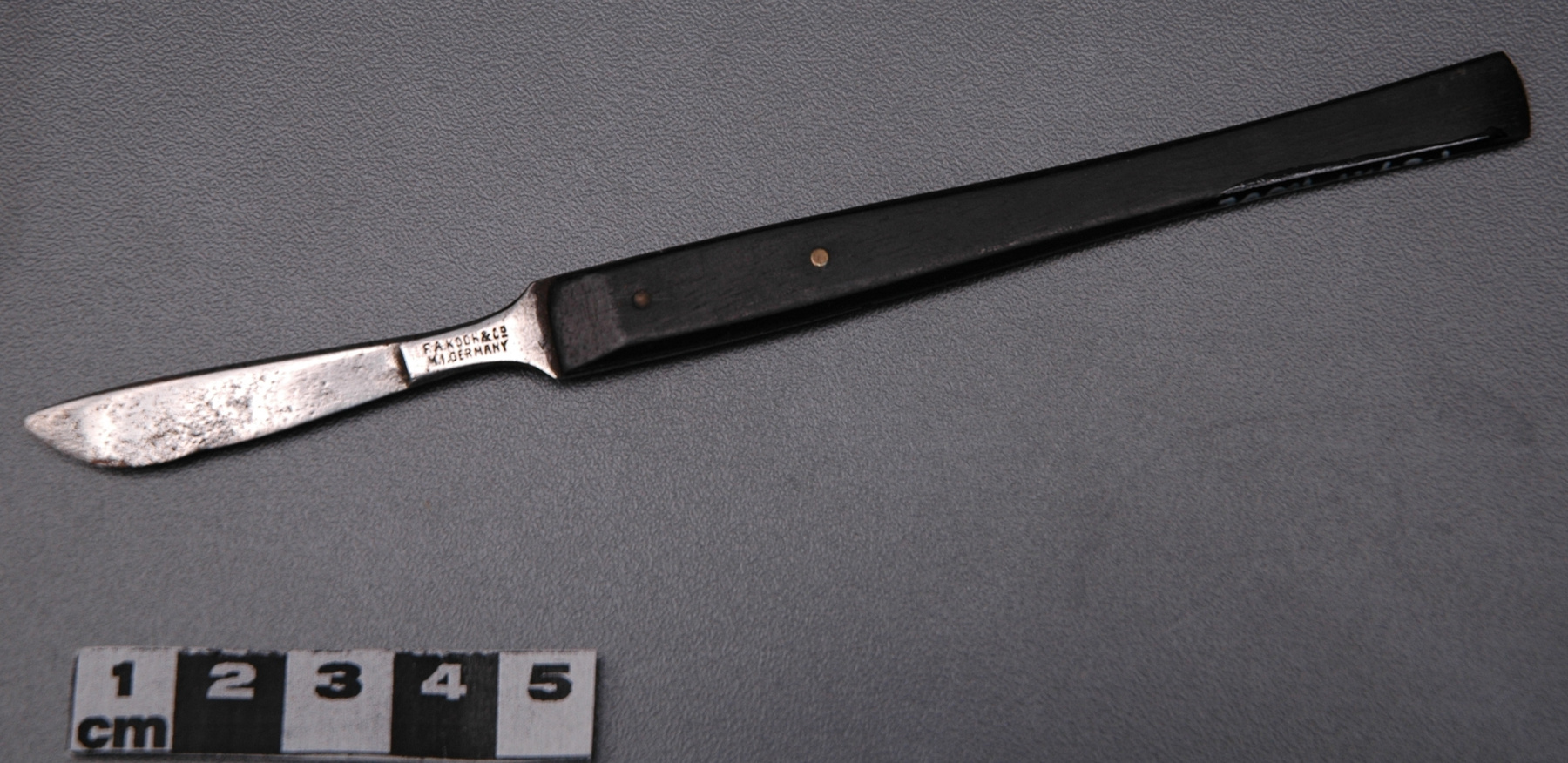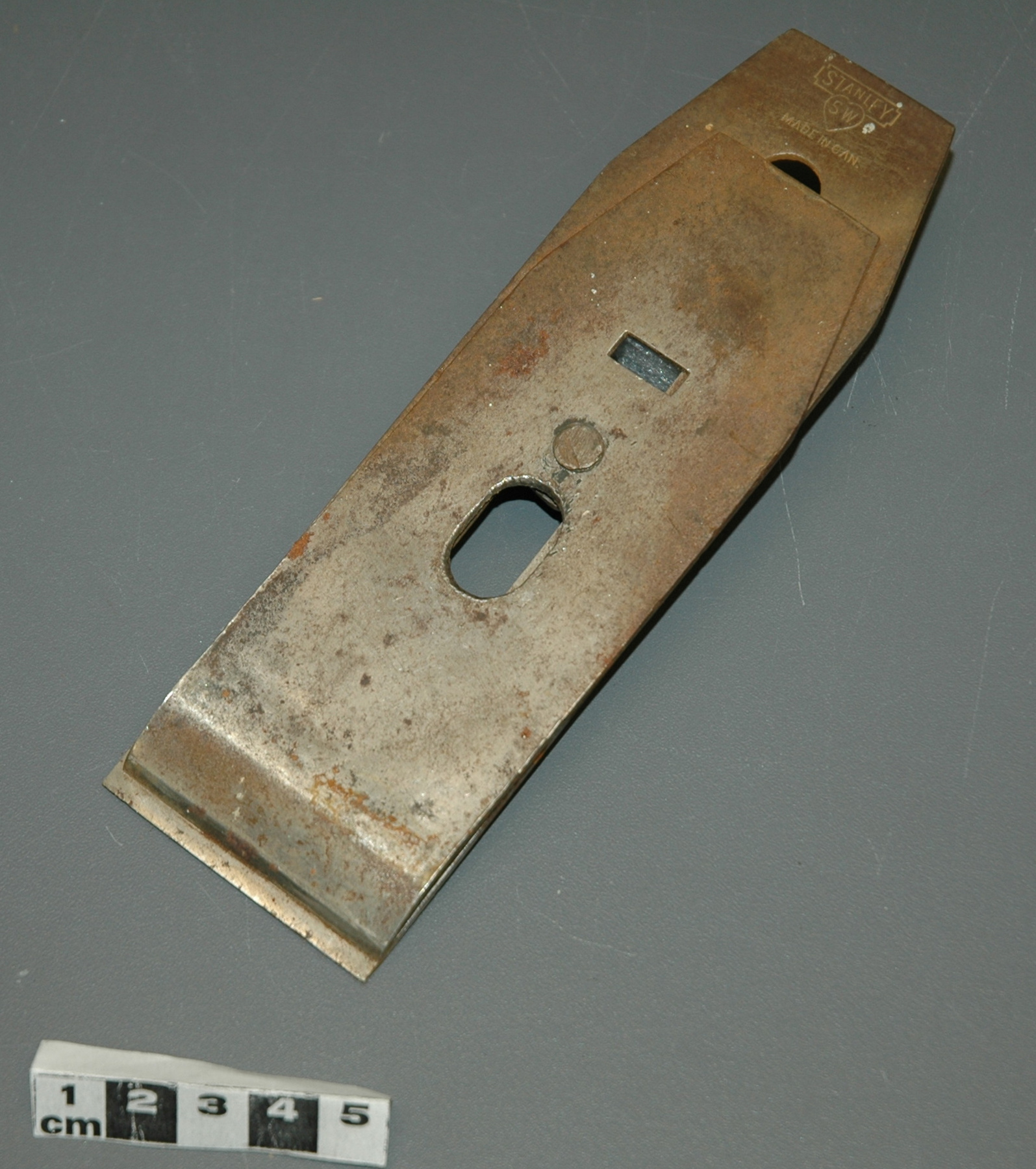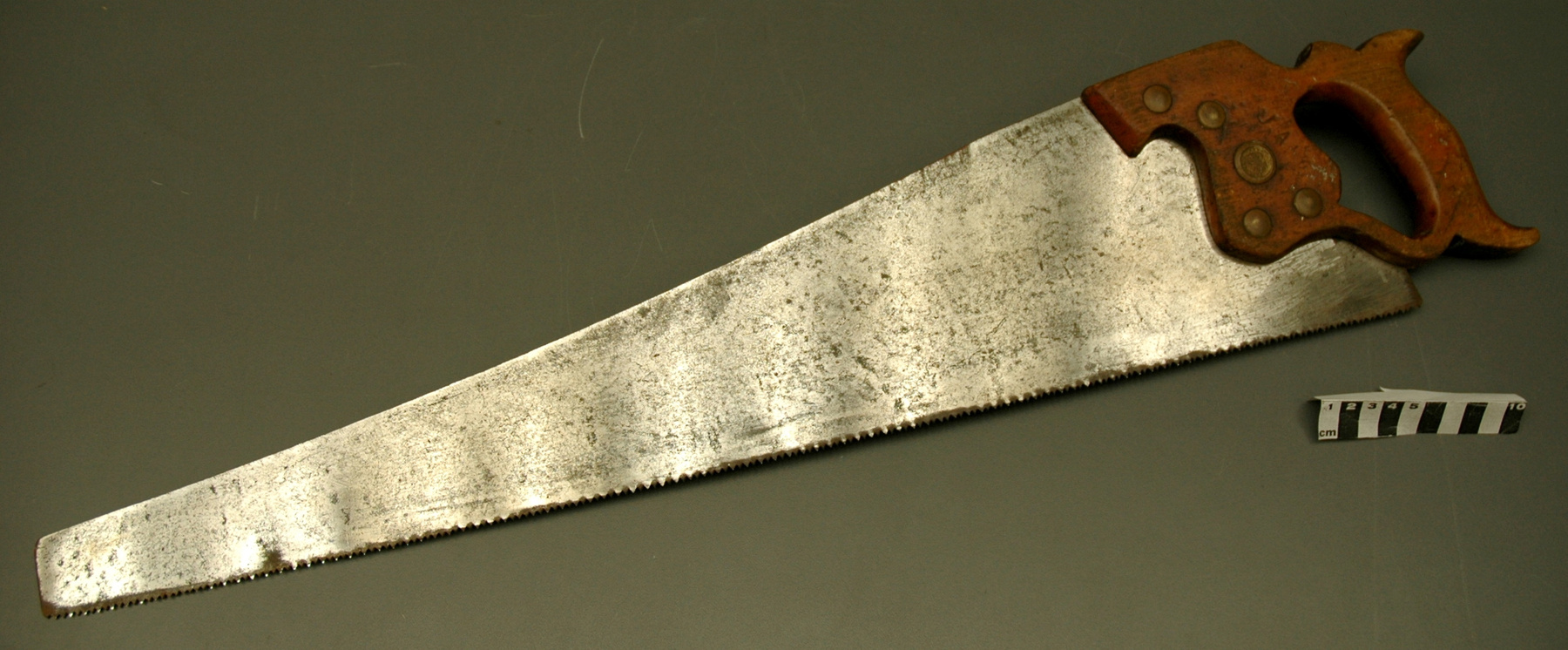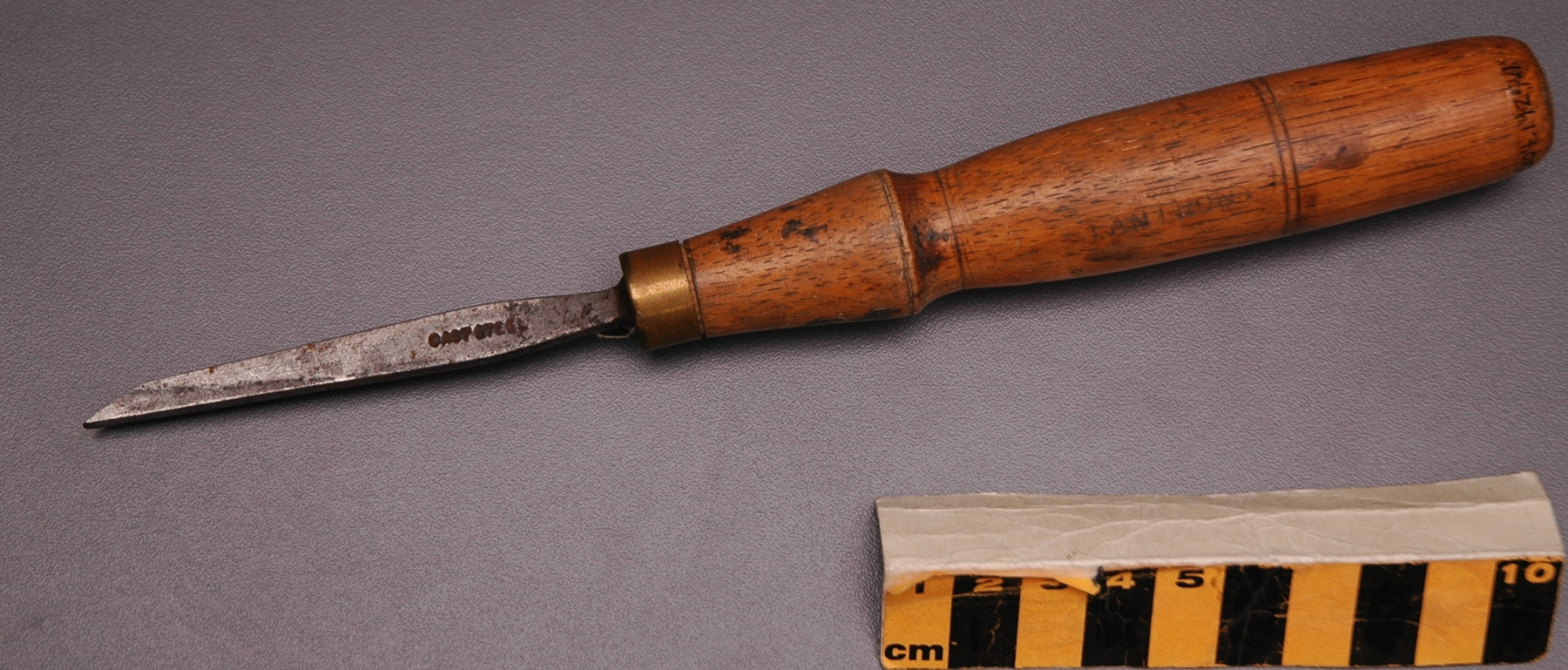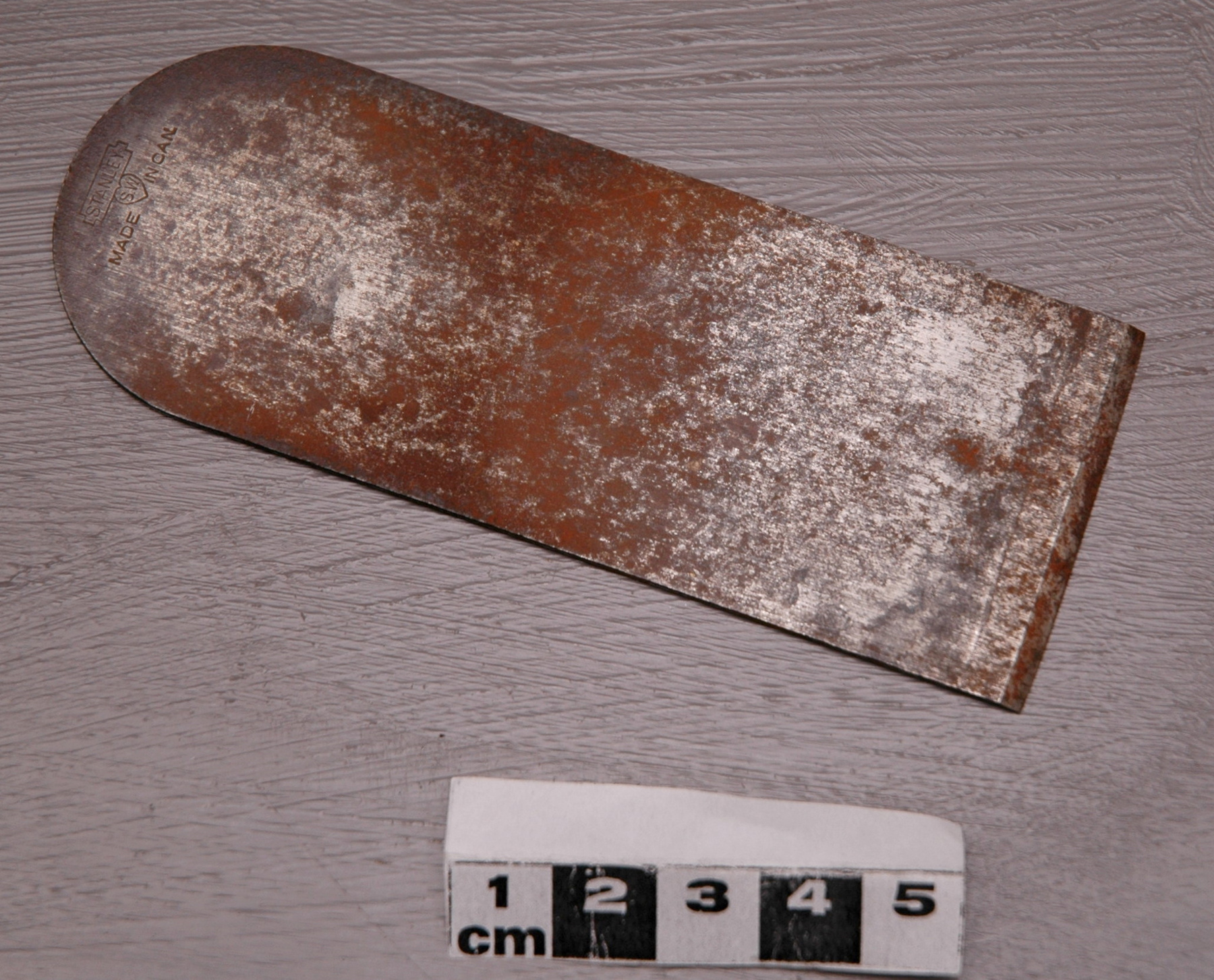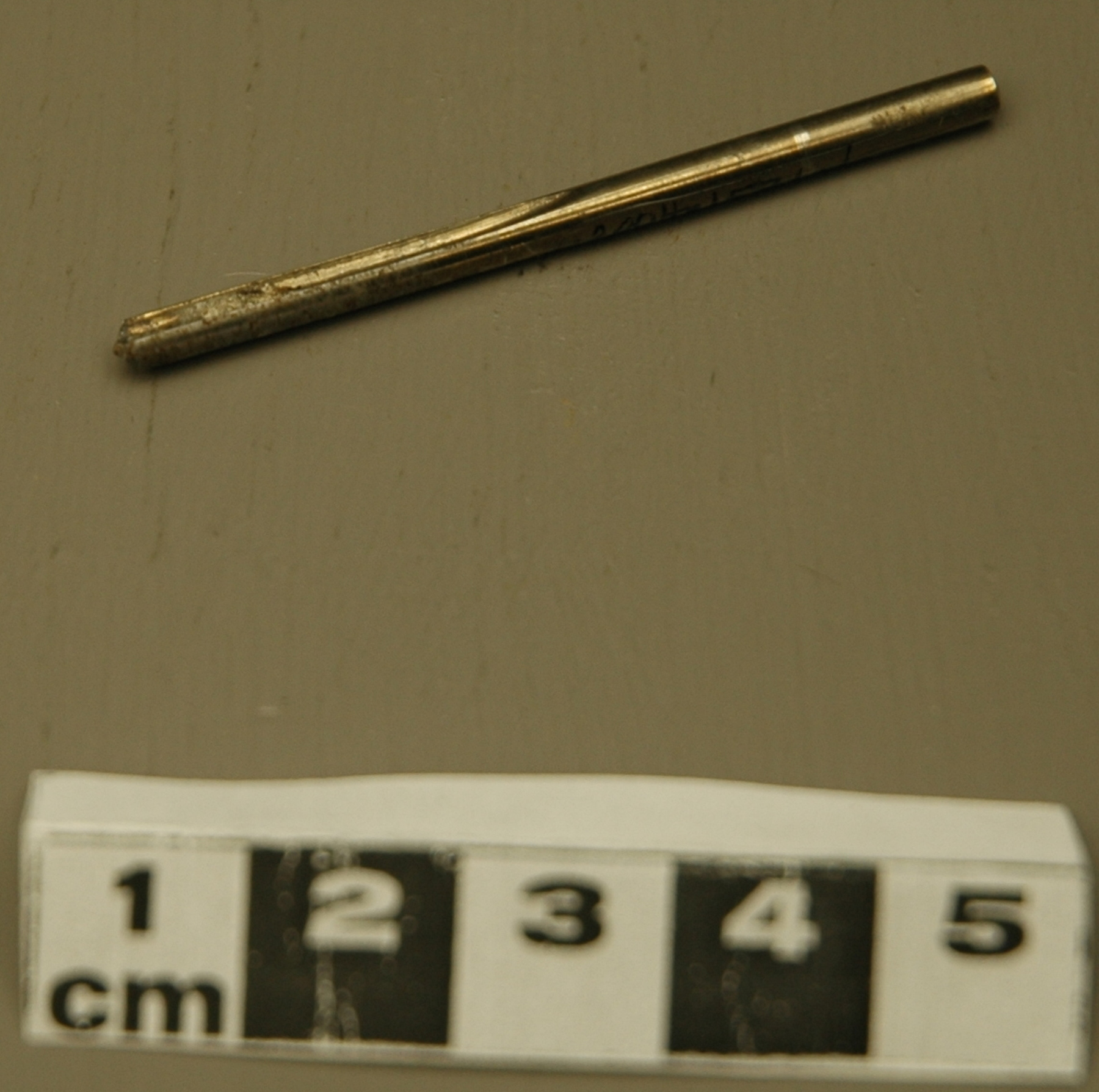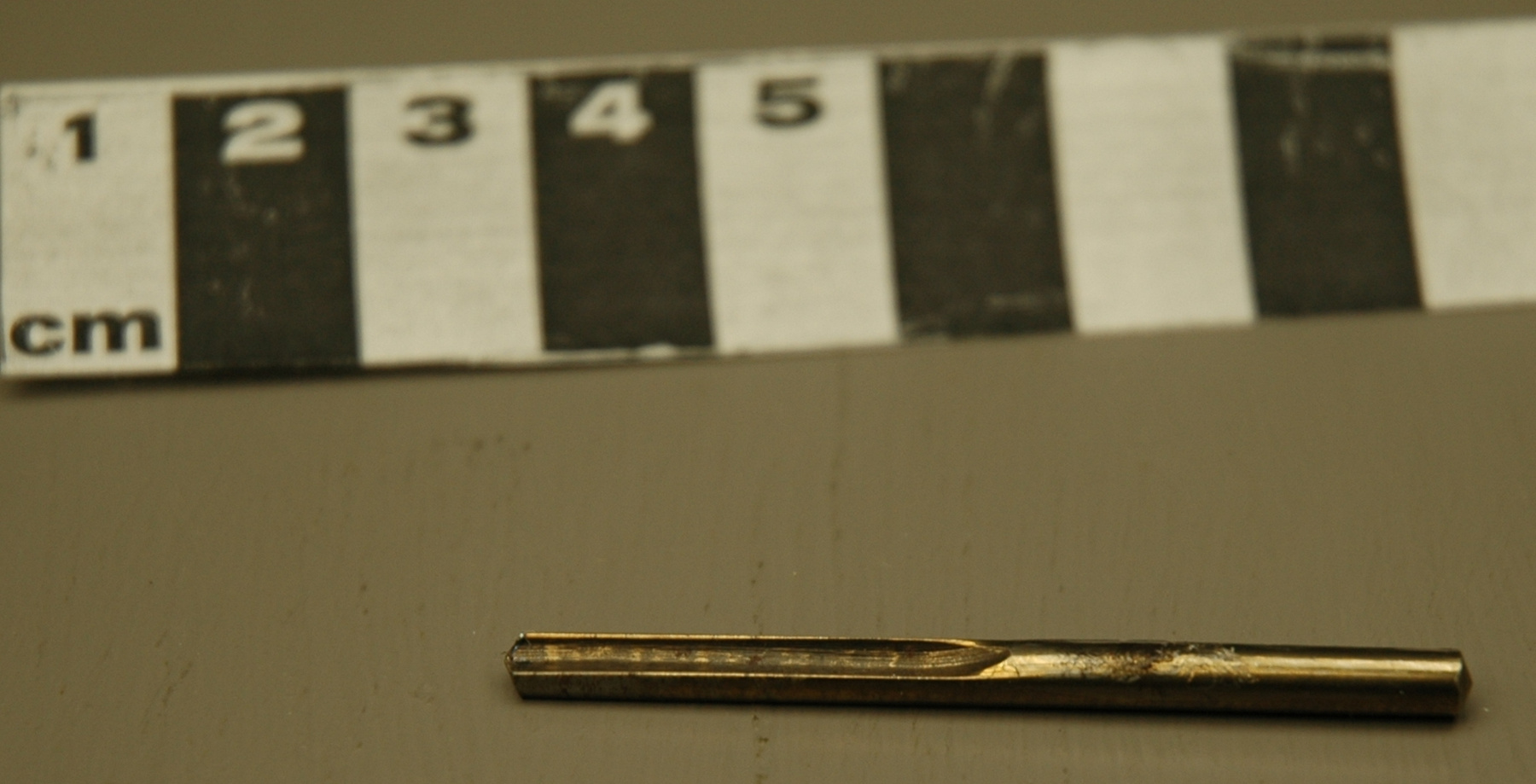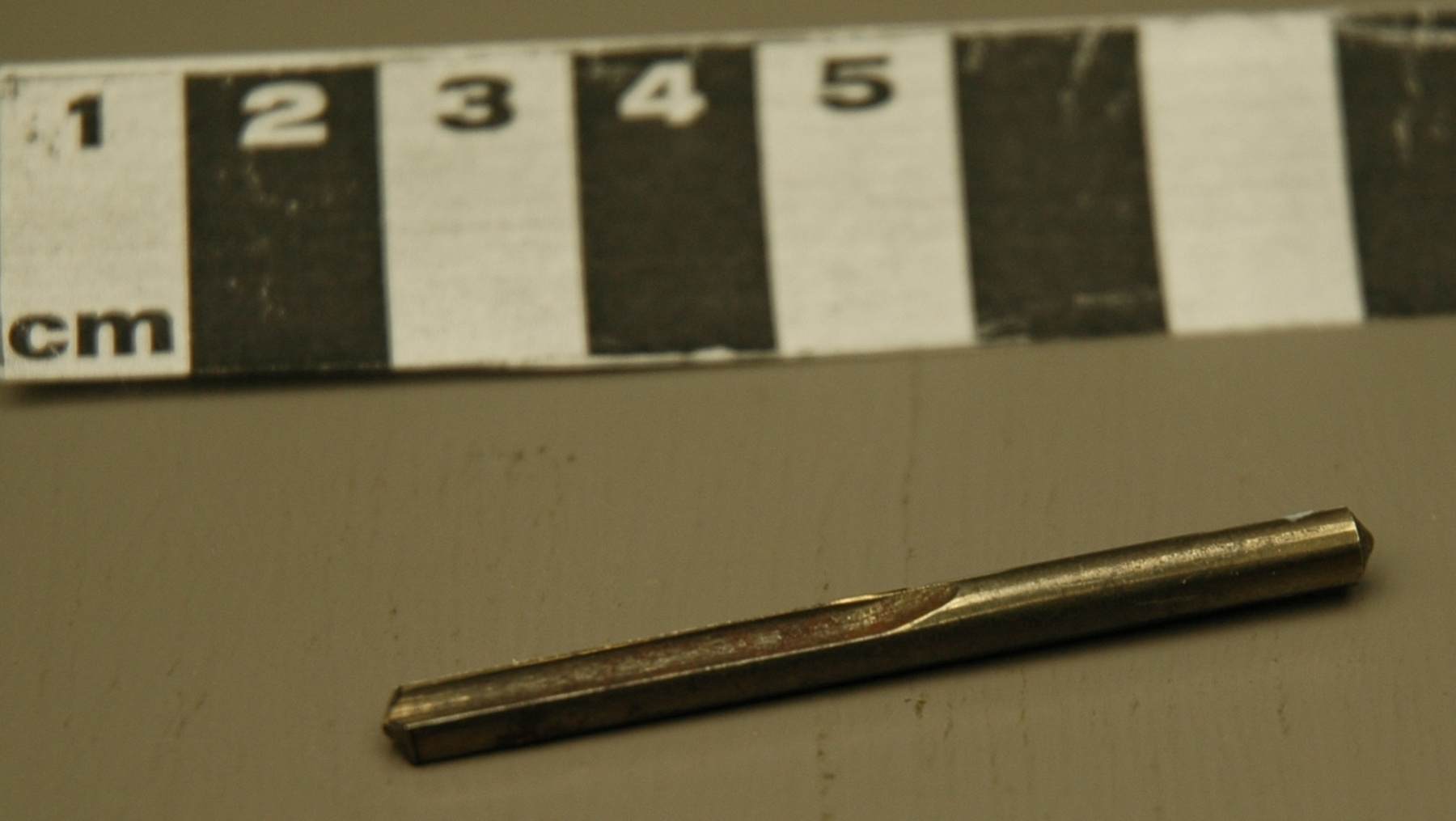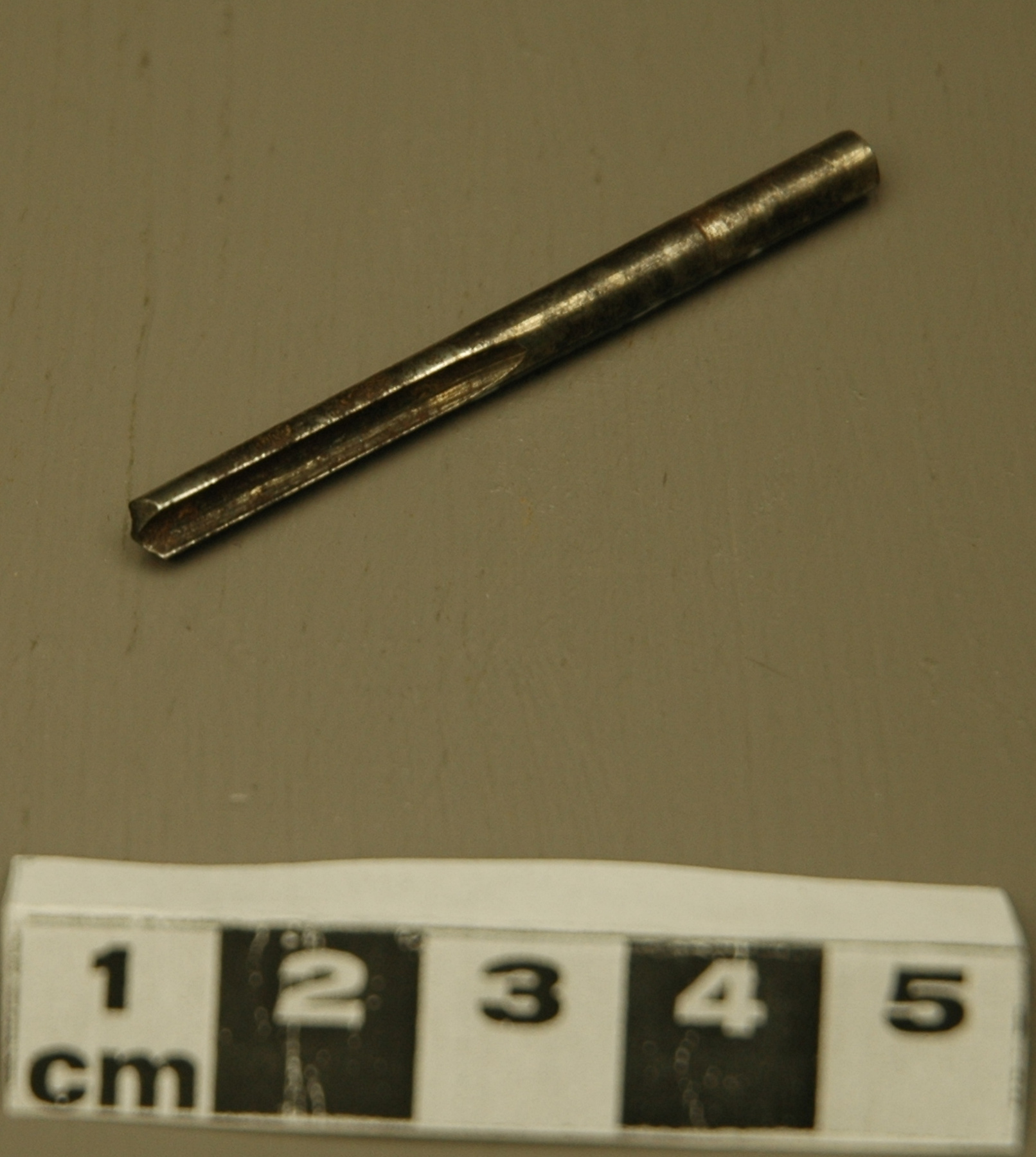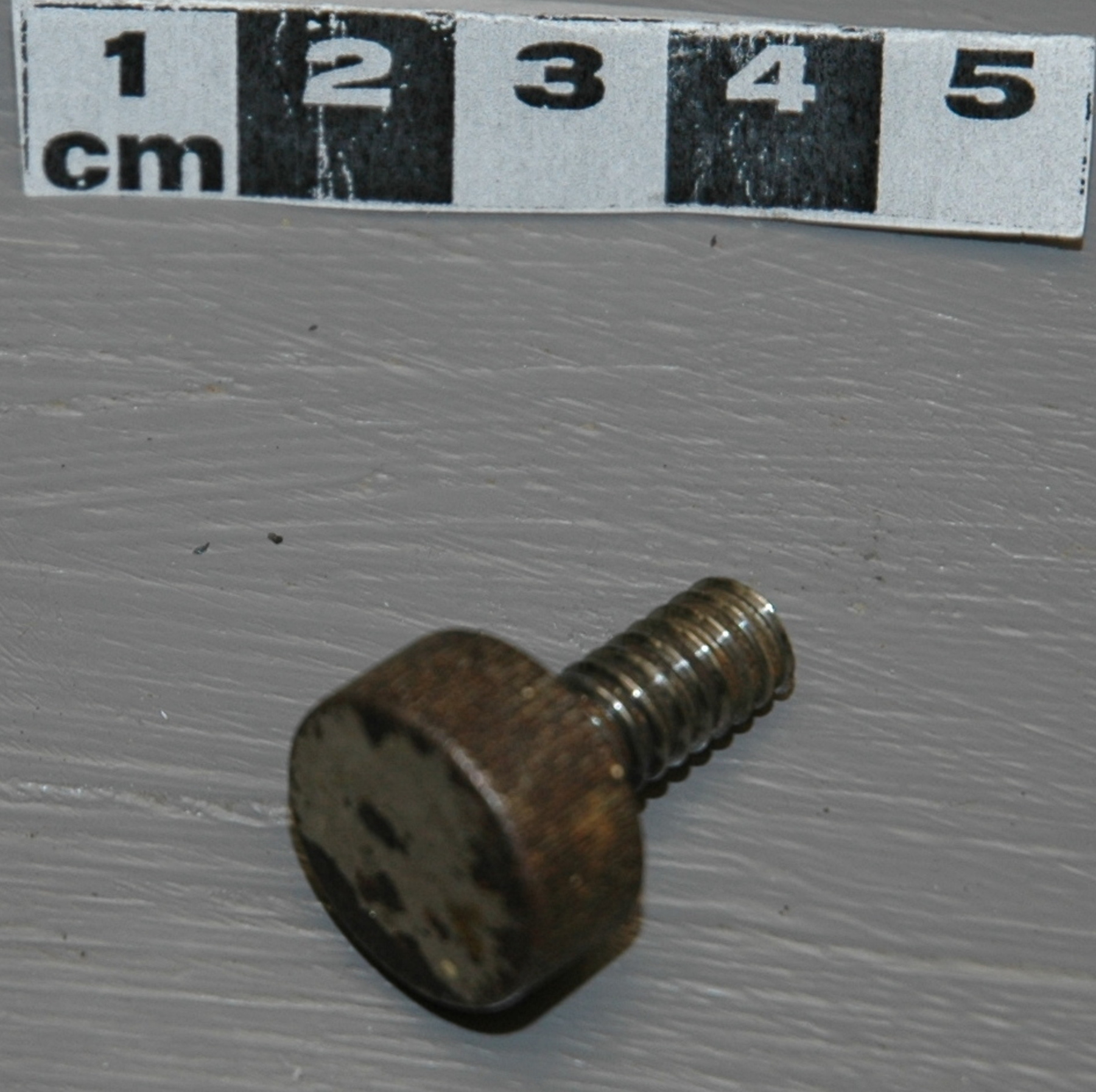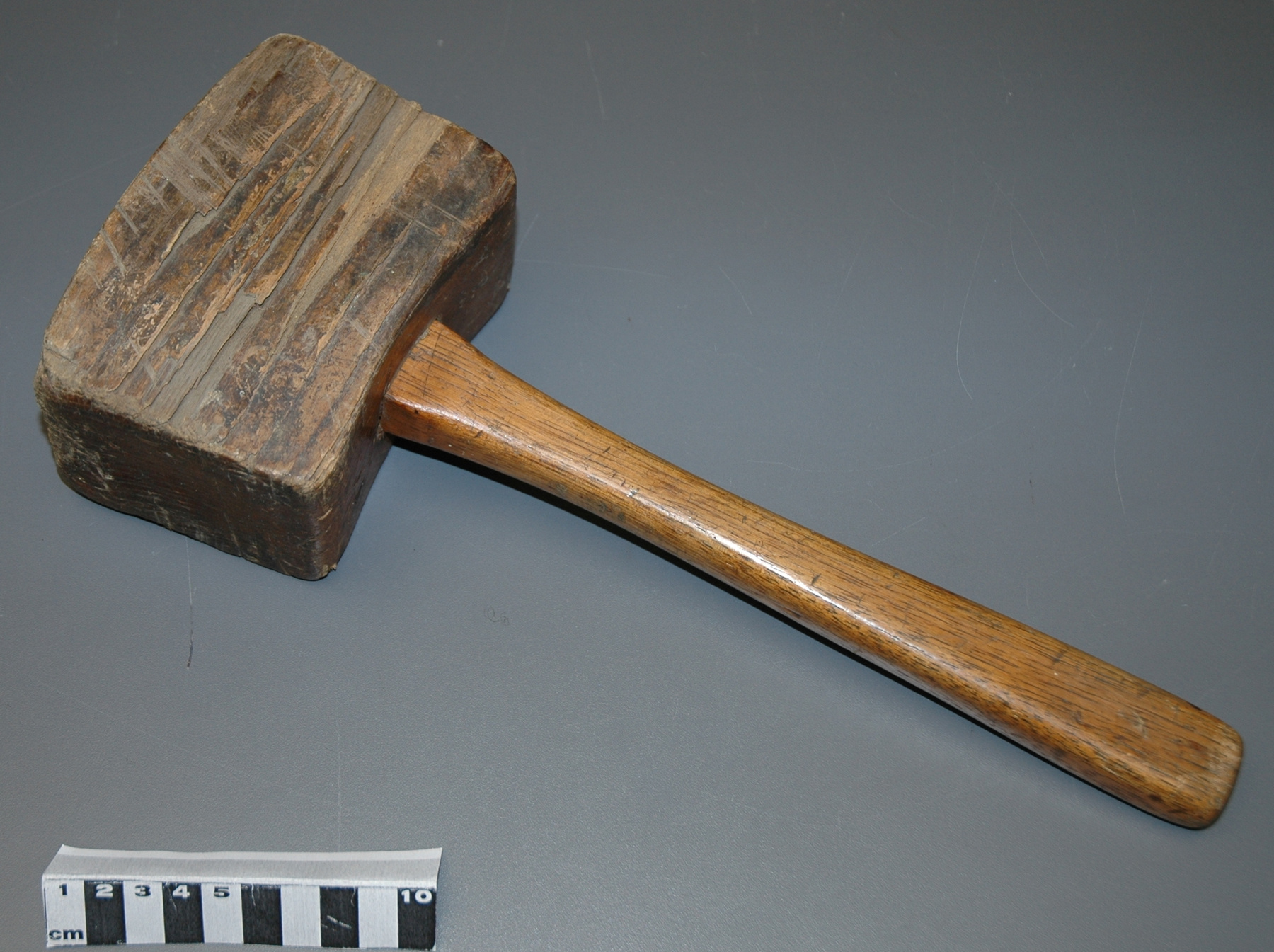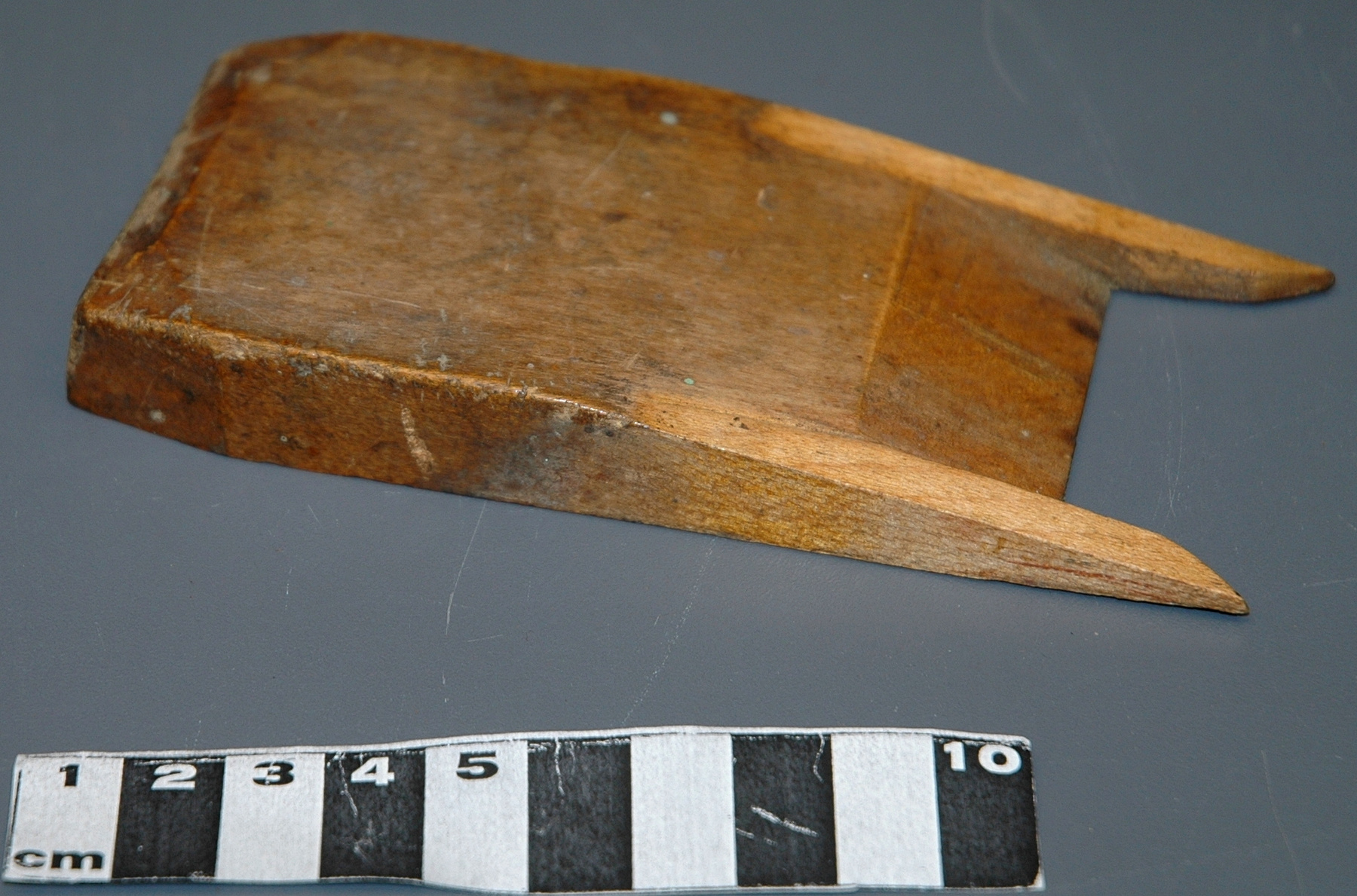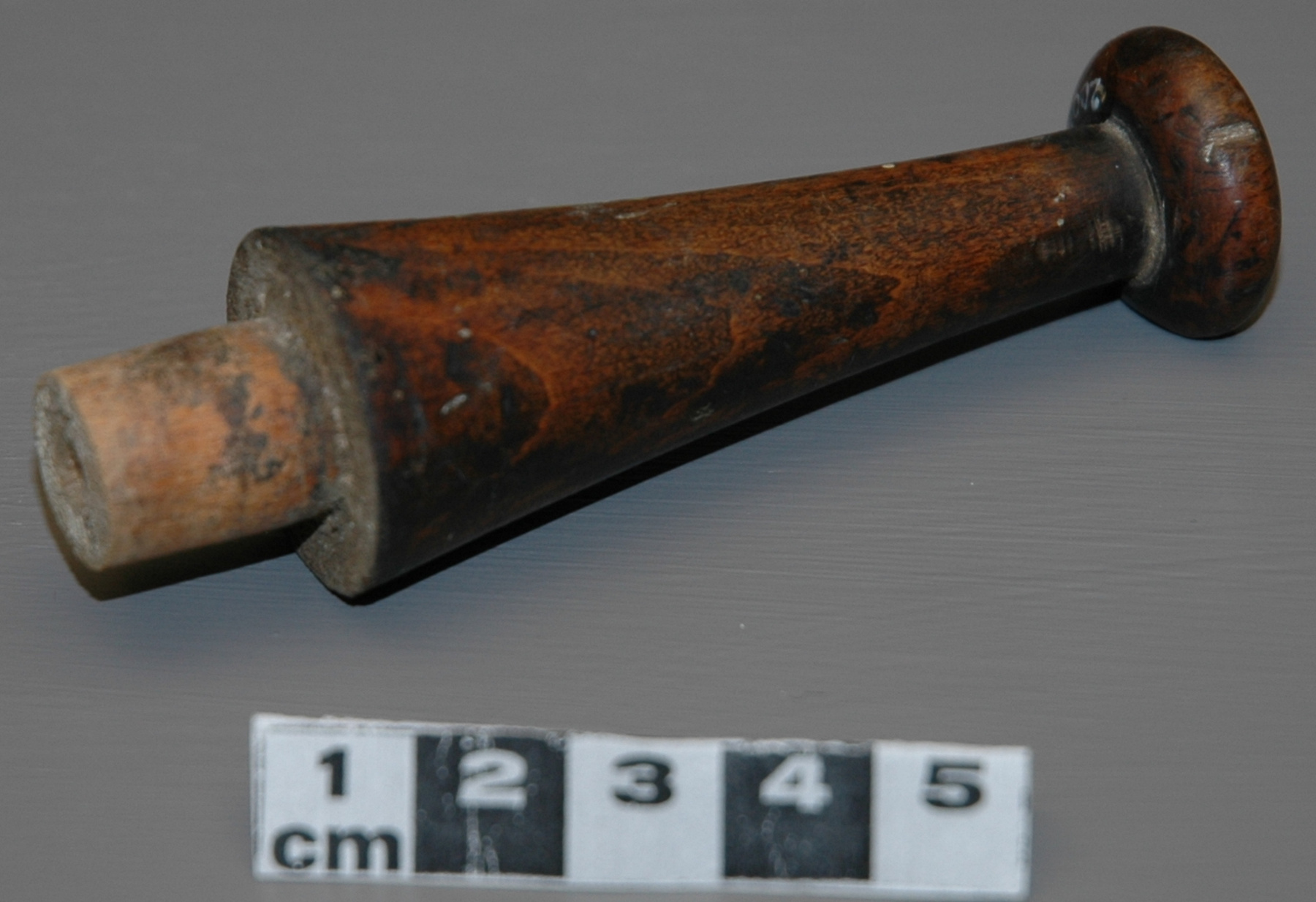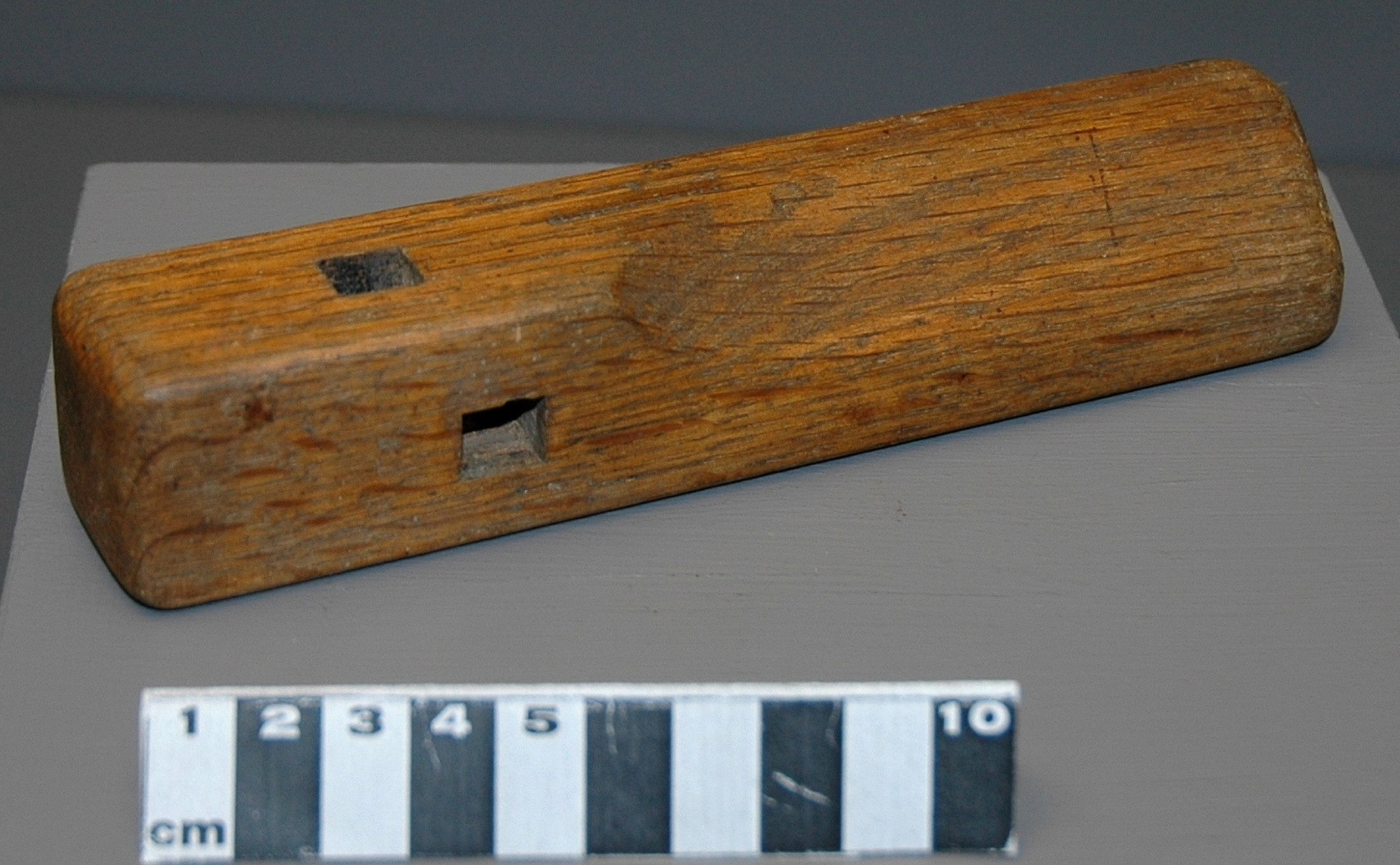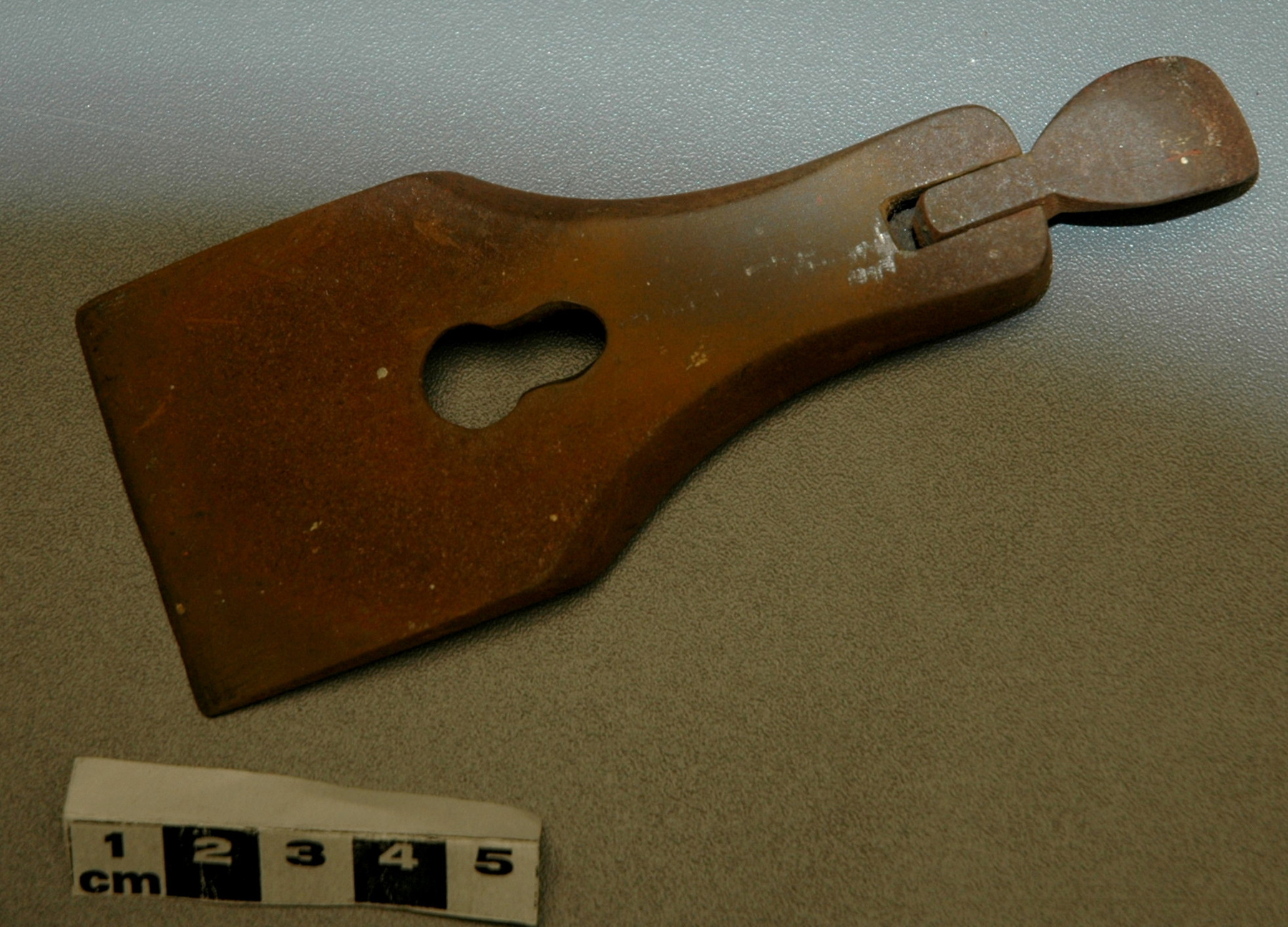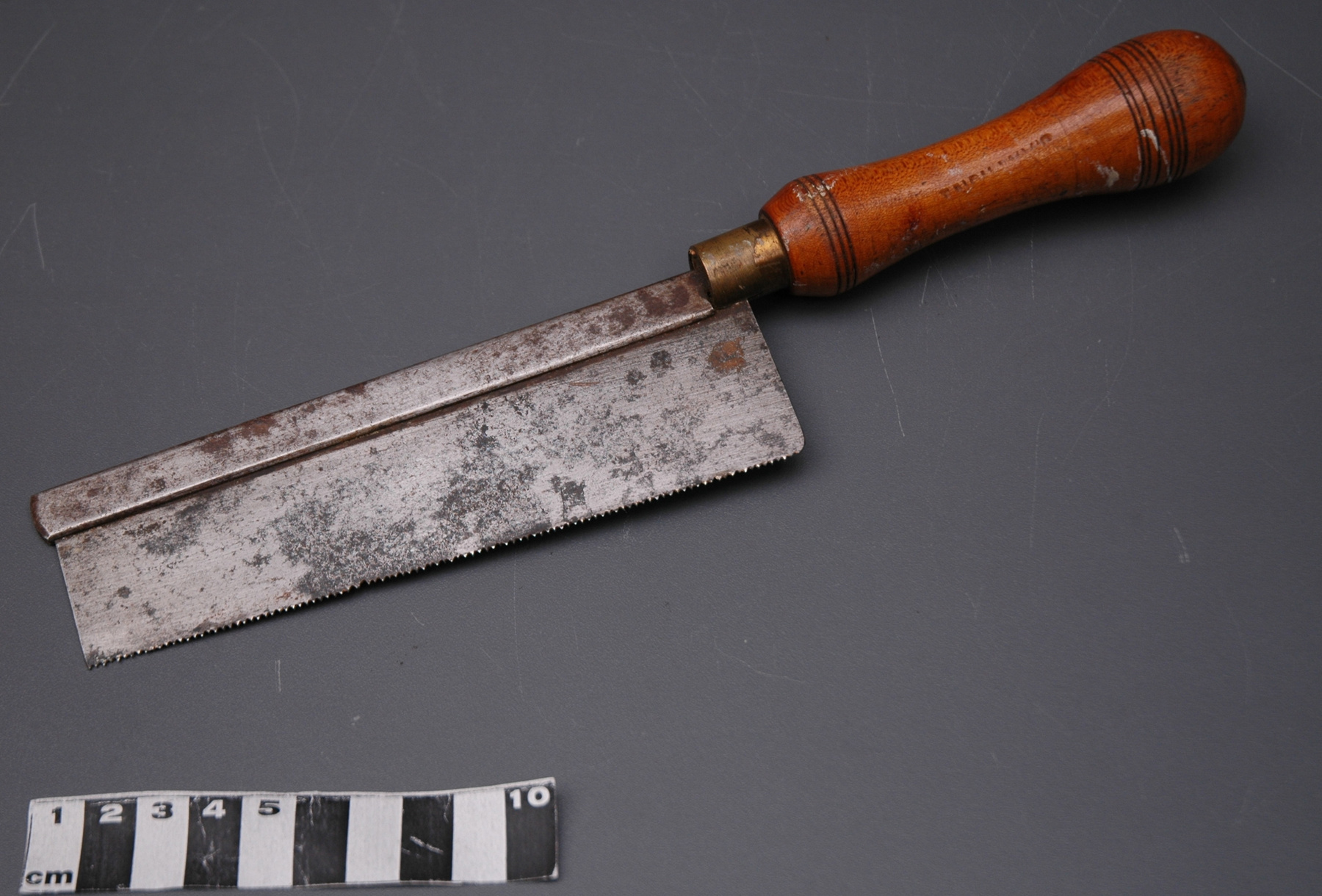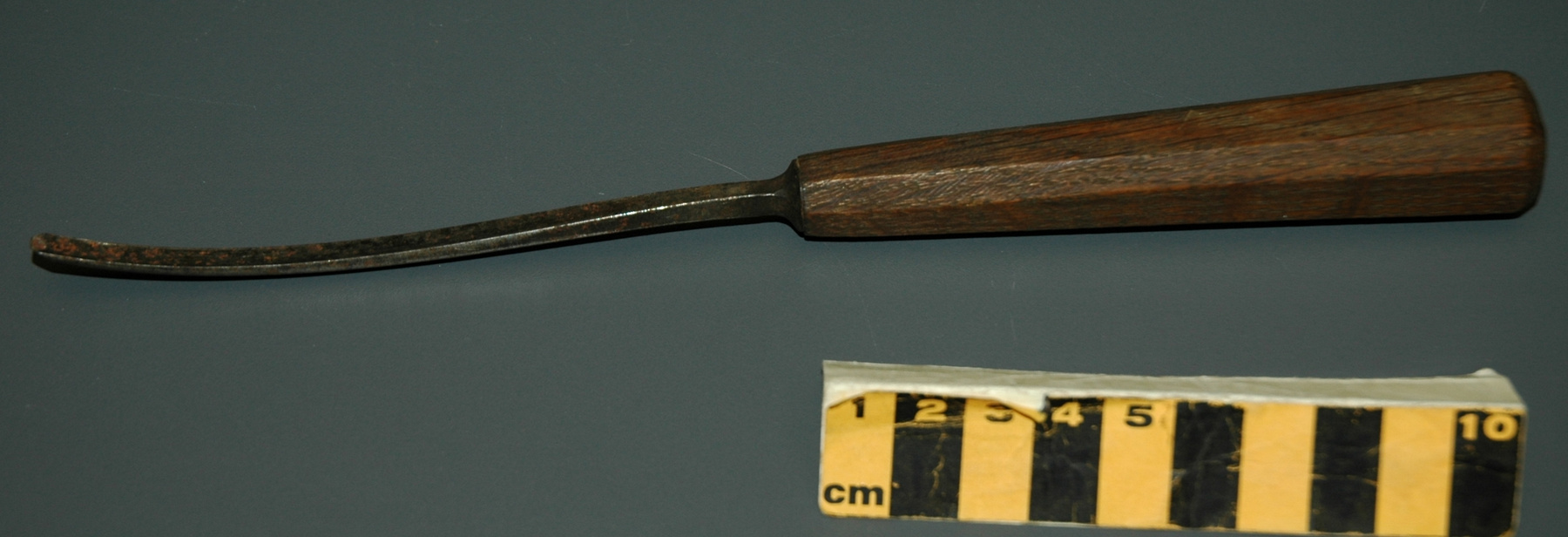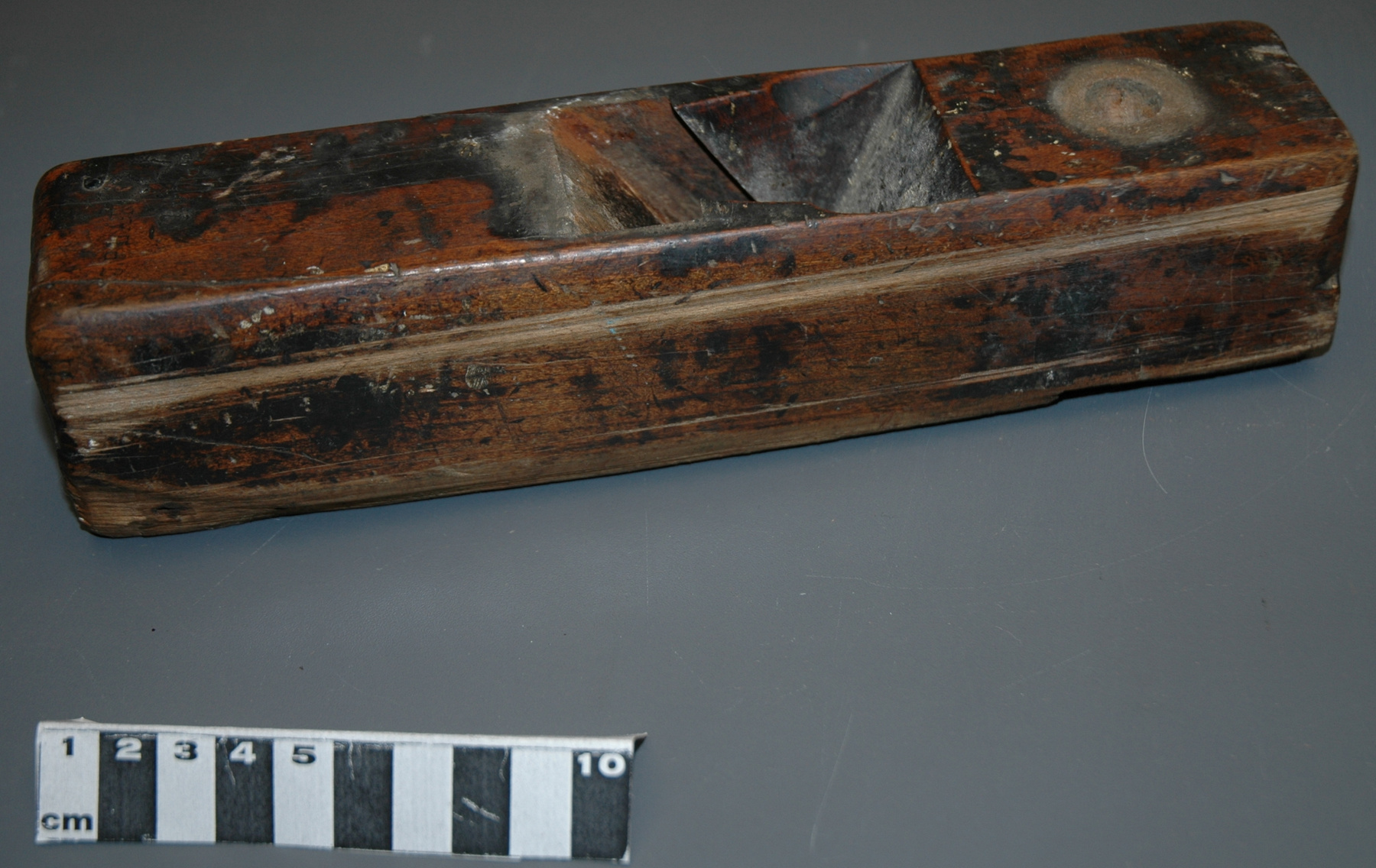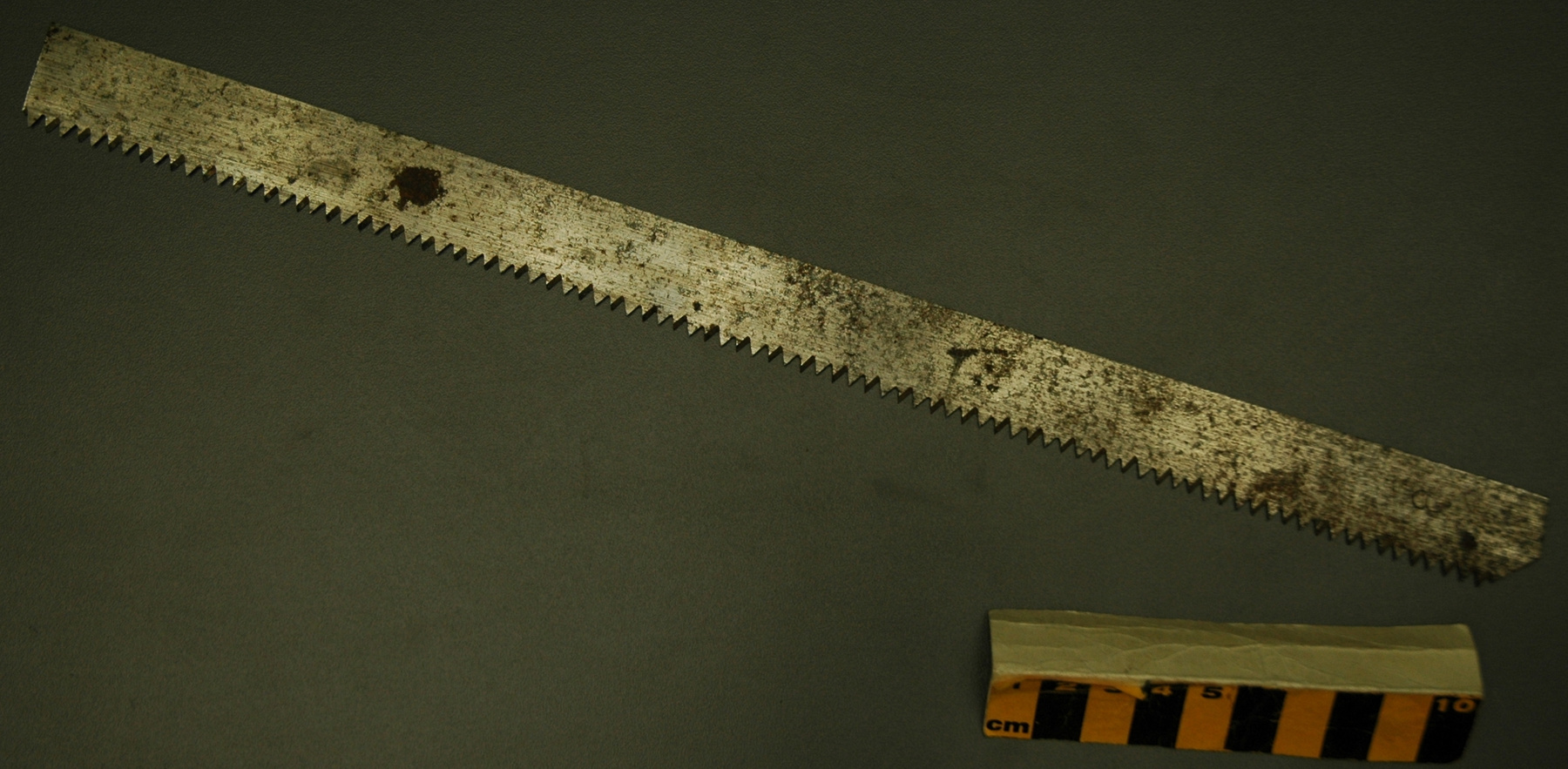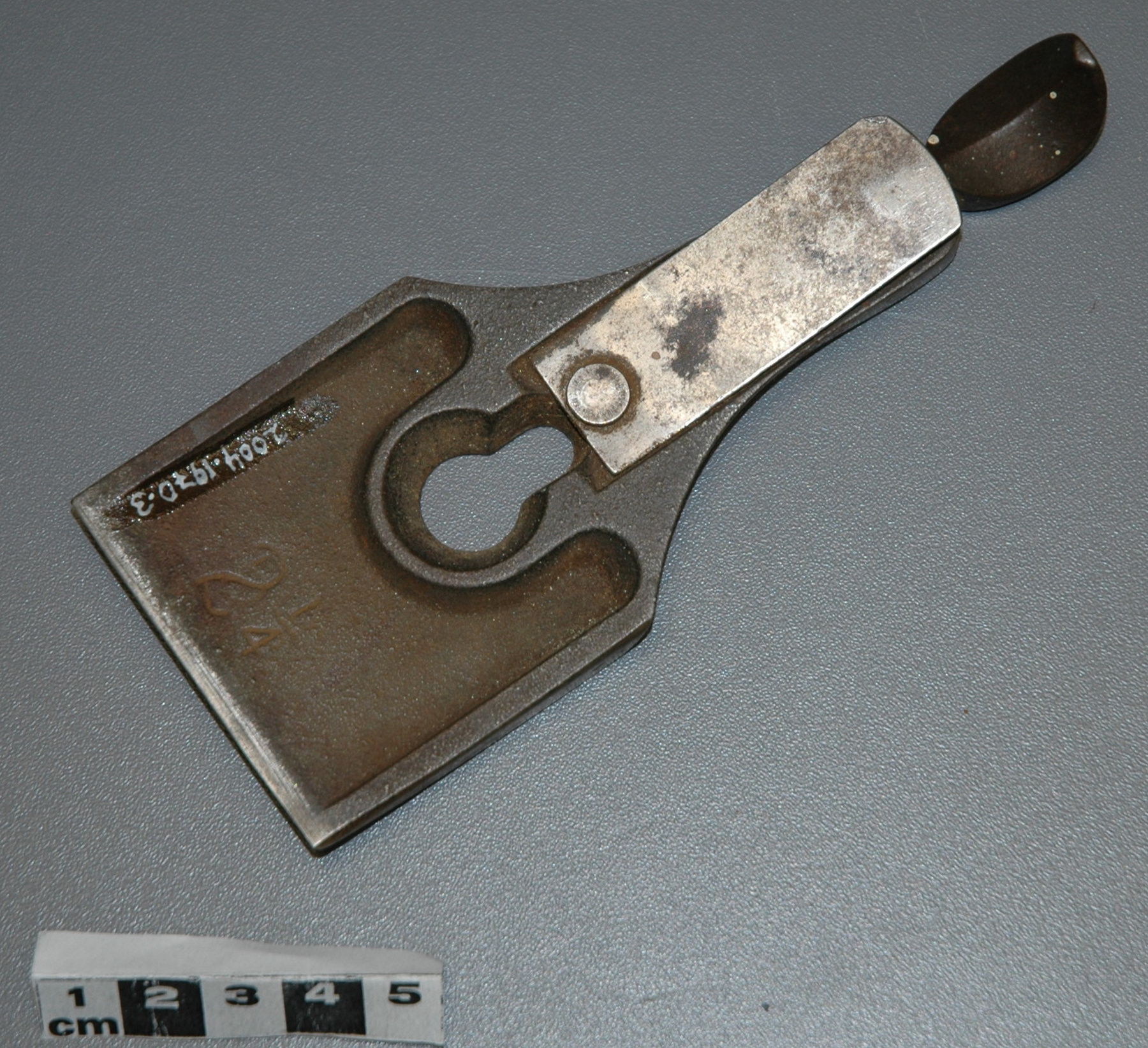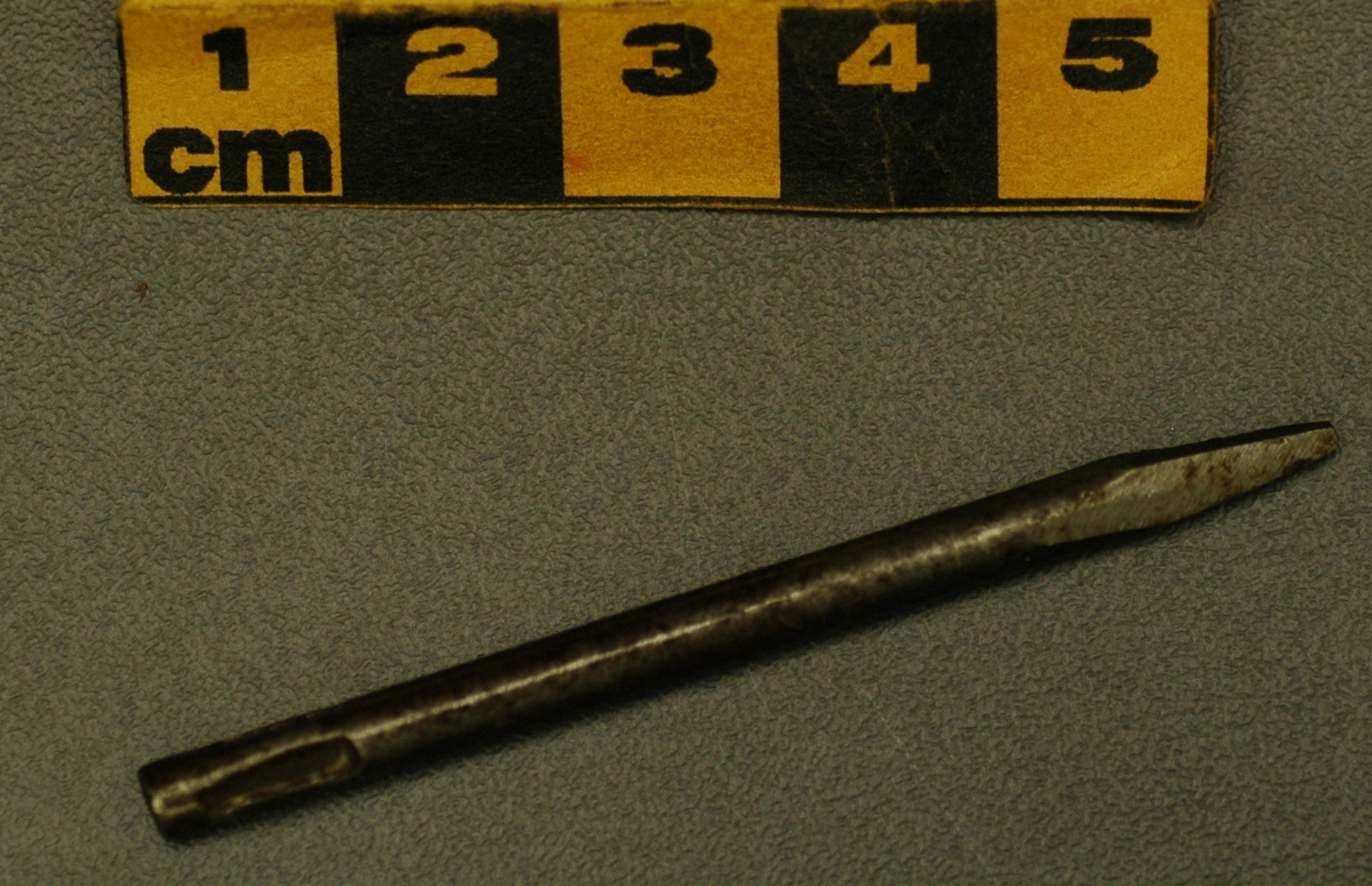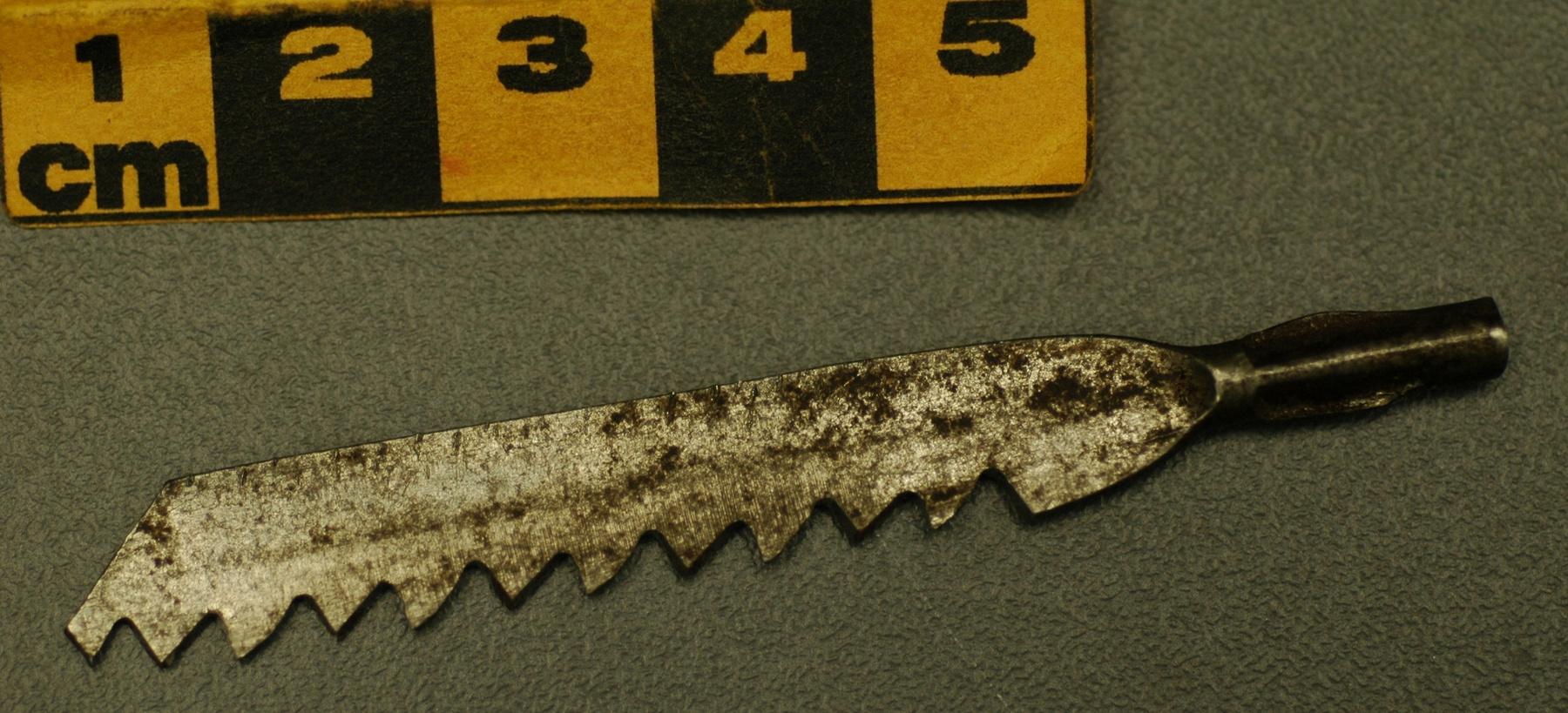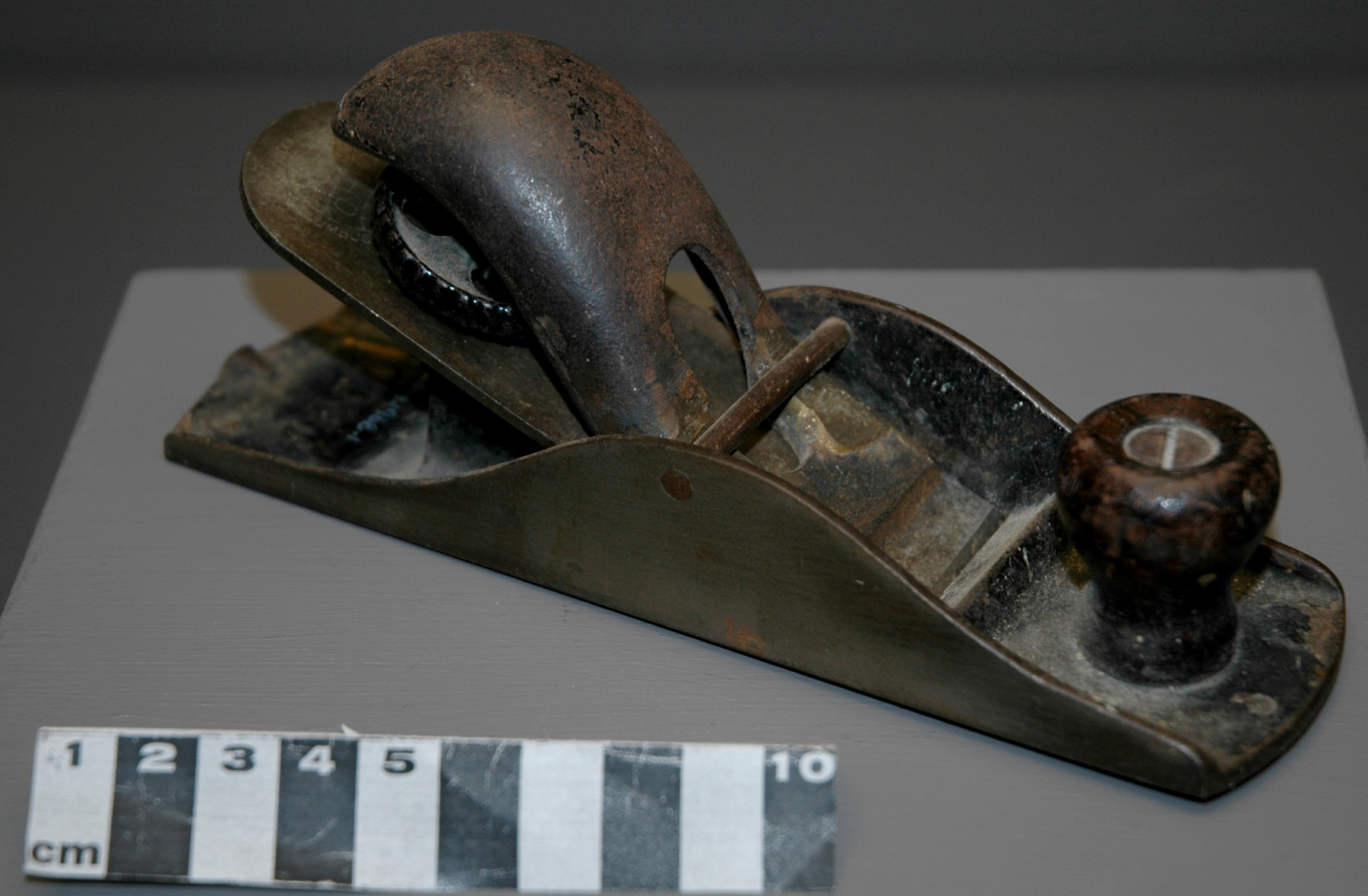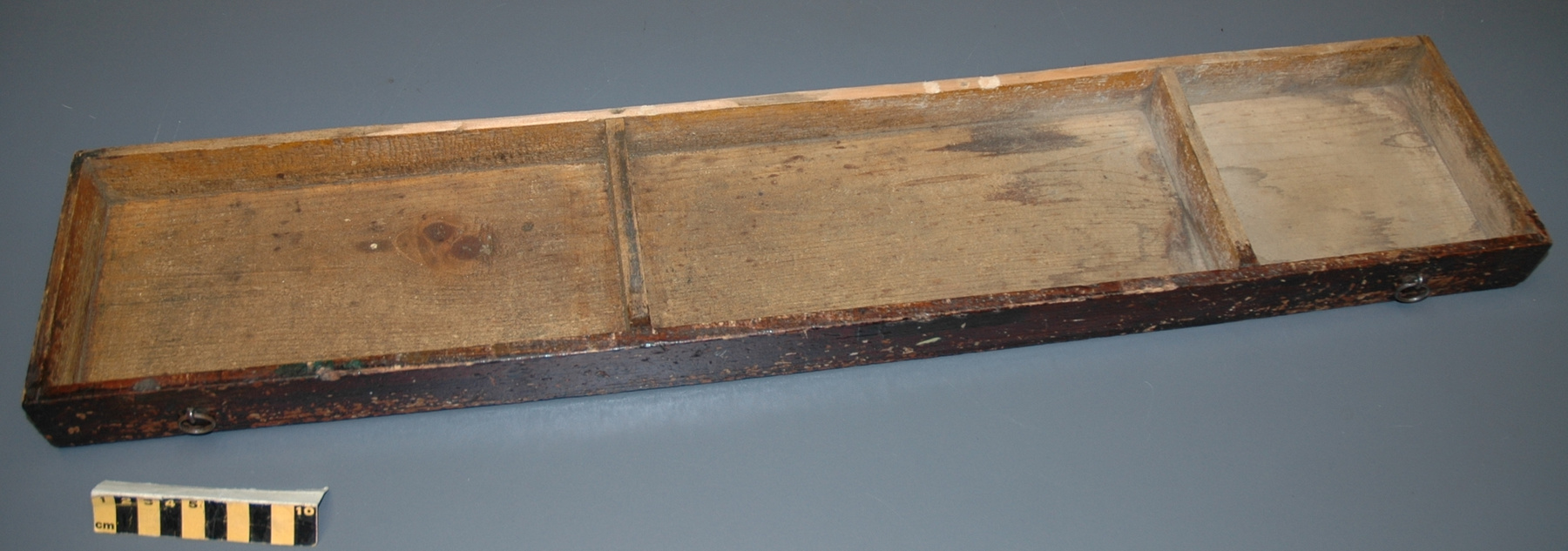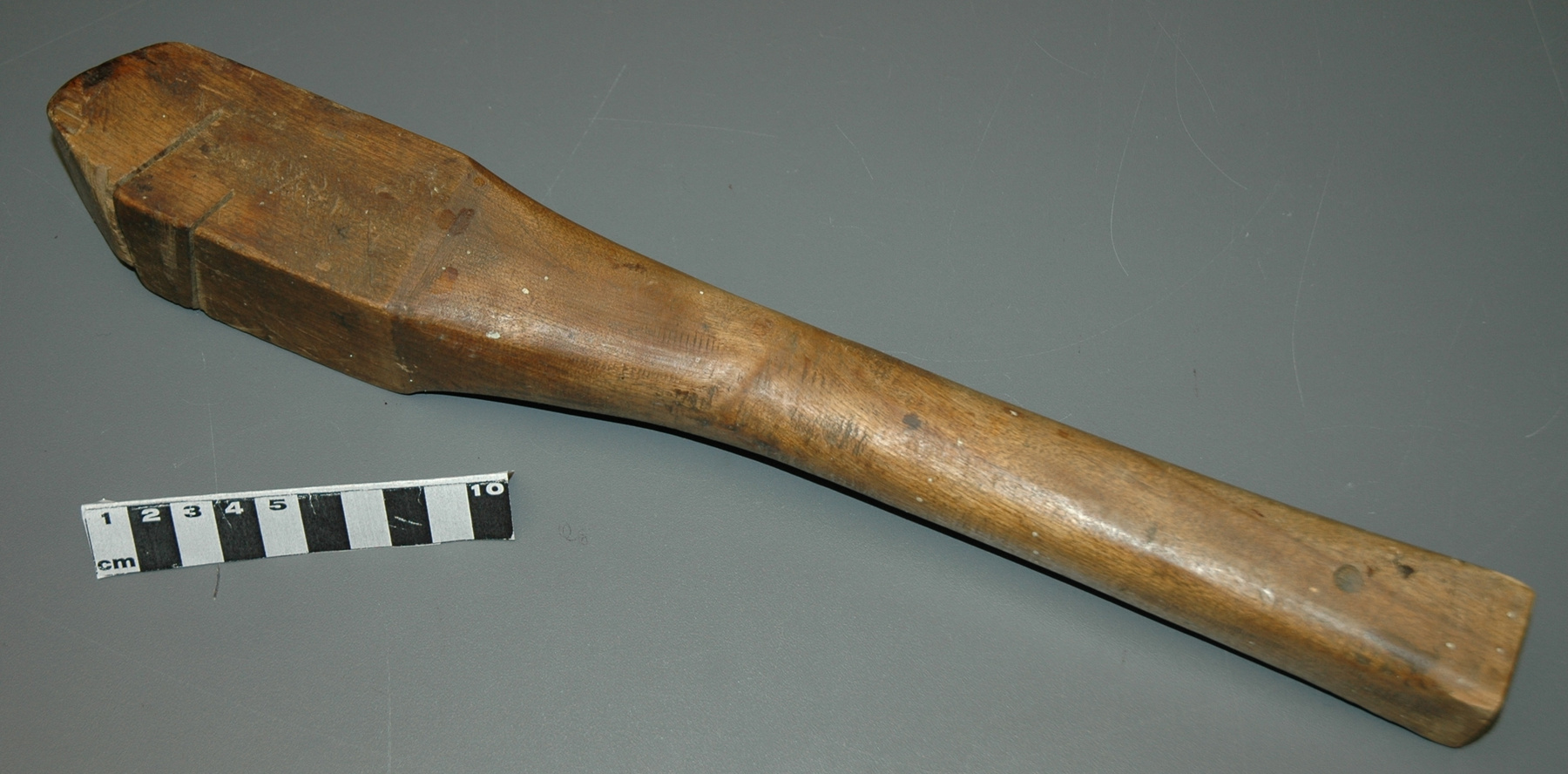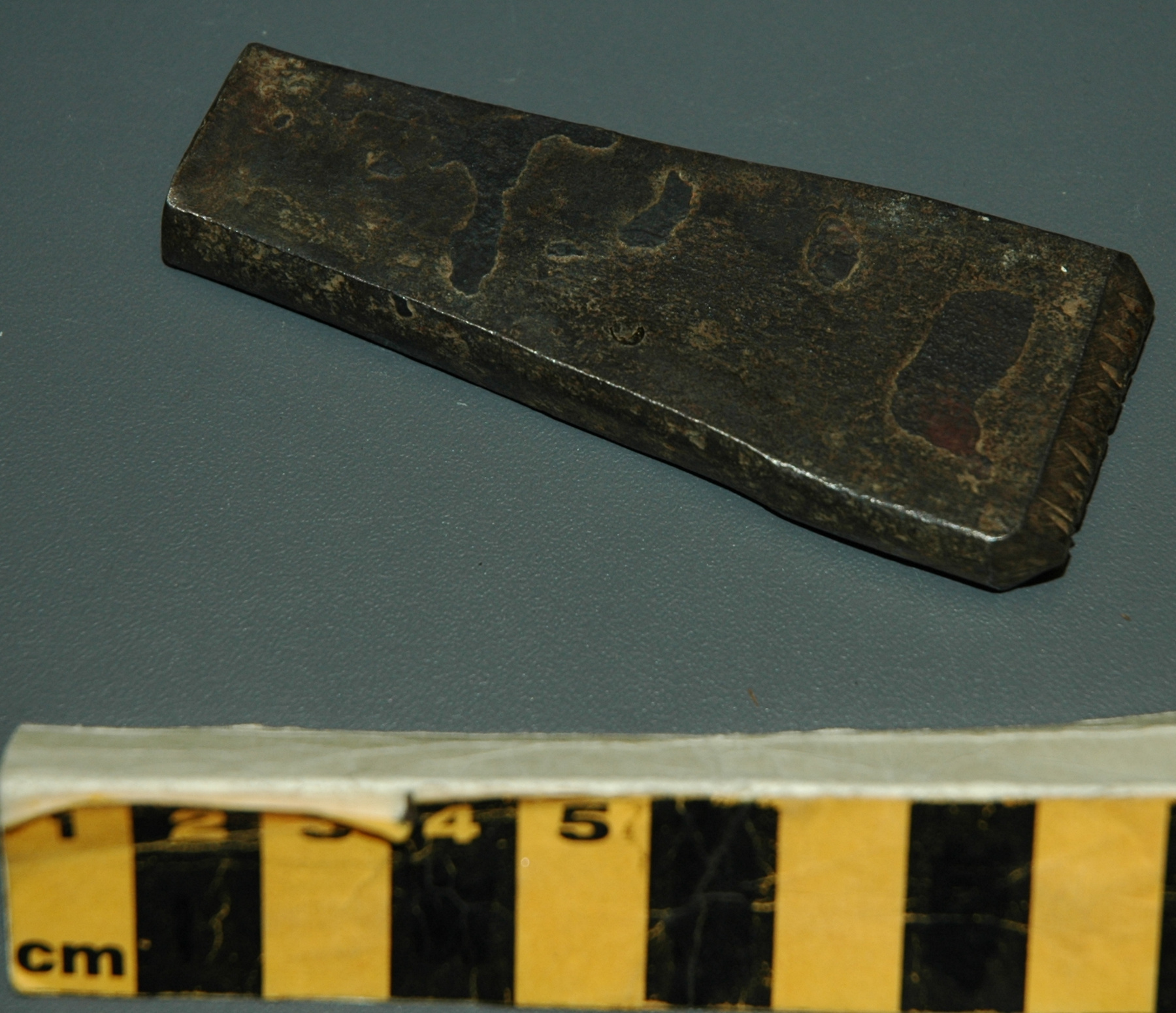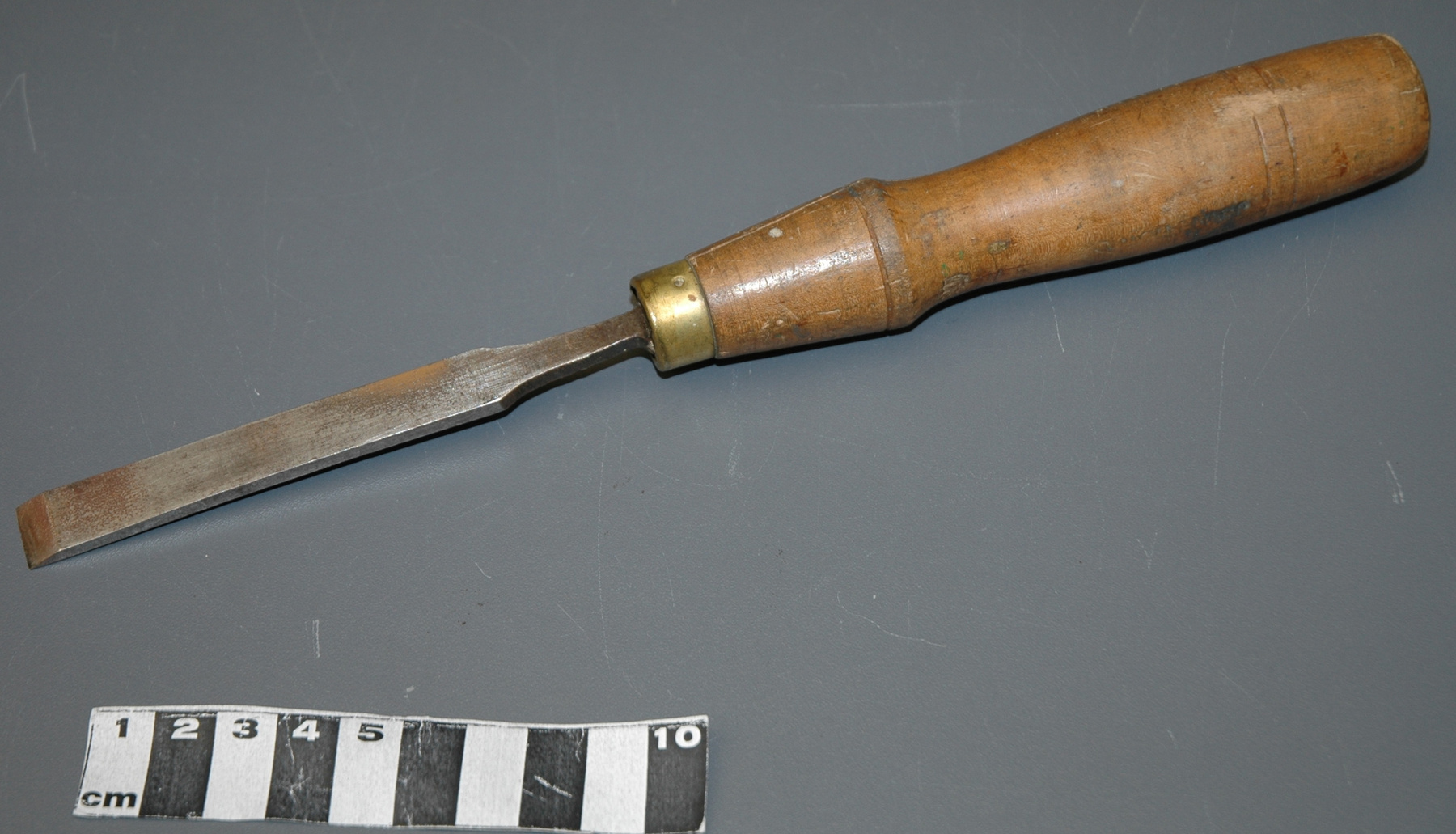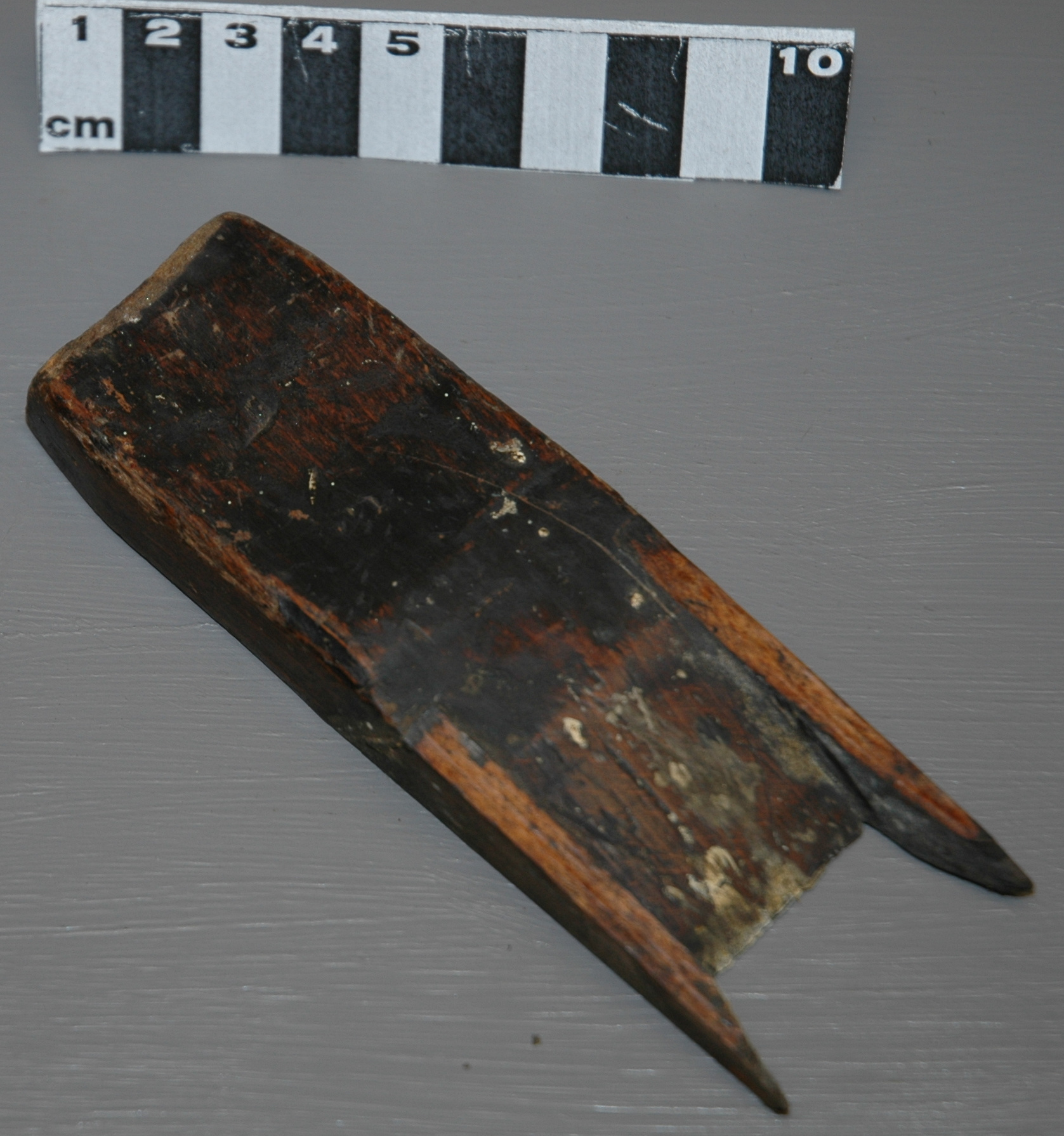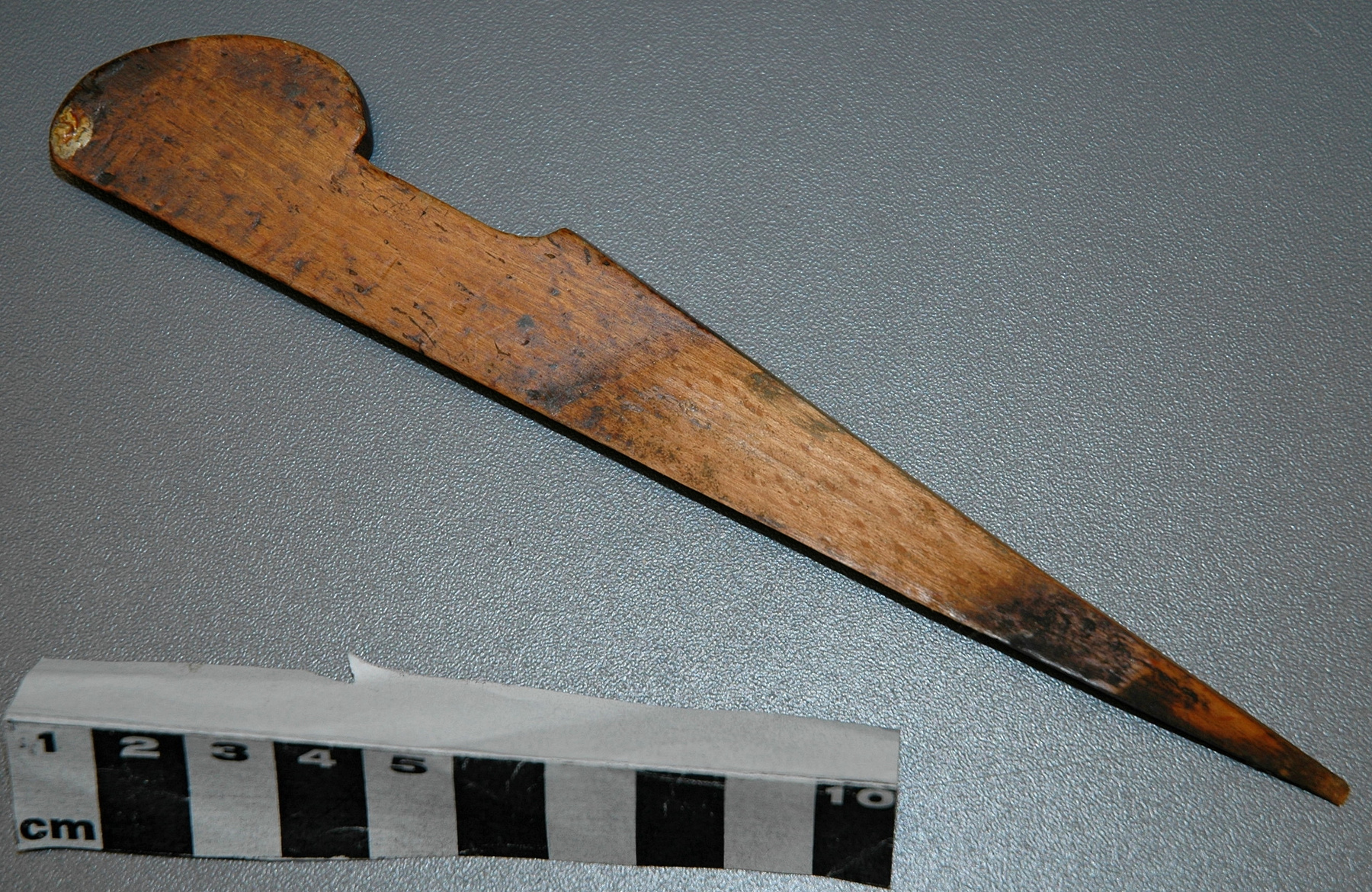Wedge, plane
Utiliser cette image
Puis-je réutiliser cette image sans autorisation? Oui
Les images sur le portail de la collection d’Ingenium ont la licence Creative Commons suivante :
Copyright Ingenium / CC BY-NC-ND (Attribution-NonCommercial 4.0 International (CC BY-NC 4.0)
ATTRIBUER CETTE IMAGE
Ingenium,
2004.1643.002
Permalien:
Ingenium diffuse cette image sous le cadre de licence Creative Commons et encourage son téléchargement et sa réutilisation à des fins non commerciales. Veuillez mentionner Ingenium et citer le numéro de l’artefact.
TÉLÉCHARGER L’IMAGEACHETER CETTE IMAGE
Cette image peut être utilisée gratuitement pour des fins non commerciales.
Pour un usage commercial, veuillez consulter nos frais de reproduction et communiquer avec nous pour acheter l’image.
- TYPE D’OBJET
- WOOD/MOULDING/BEAD, SIDE
- DATE
- 1839–1875
- NUMÉRO DE L’ARTEFACT
- 2004.1643.002
- FABRICANT
- Cox & Luckman
- MODÈLE
- 1/2
- EMPLACEMENT
- Inconnu
Plus d’information
Renseignements généraux
- Nº de série
- S/O
- Nº de partie
- 2
- Nombre total de parties
- 3
- Ou
- S/O
- Brevets
- S/O
- Description générale
- wood
Dimensions
Remarque : Cette information reflète la taille générale pour l’entreposage et ne représente pas nécessairement les véritables dimensions de l’objet.
- Longueur
- 2,6 cm
- Largeur
- 1,0 cm
- Hauteur
- 17,3 cm
- Épaisseur
- S/O
- Poids
- S/O
- Diamètre
- S/O
- Volume
- S/O
Lexique
- Groupe
- Technologie industrielle
- Catégorie
- Outils manuels
- Sous-catégorie
- S/O
Fabricant
- Ou
- Cox Luckman
- Pays
- Inconnu
- État/province
- Inconnu
- Ville
- Inconnu
Contexte
- Pays
- Canada
- État/province
- Ontario
- Période
- Presumably used c. late 1890s- late 1940s; possibly also used earlier.
- Canada
-
Part of a collection of hand tools belonging to James Anthony (1883-1966), an English born and trained carpenter who came to Canada c. 1910 and worked in and around Ottawa, ON. Following the 1916 fire which destroyed the Parliament buildings and damaged the Library, Mr. Anthony was hired as a foreman with the restoration crews. Until 1920, he was involved in the rebuilding of the Peace Tower and the installation of new windows at the Library of Parliament. He later worked with various builders in the Ottawa area, retiring in the late1940s. After his death in 1966 the tools were given to his son Jack, who in turn donated them to CSTMC. [Ref. 1] Markings on plane include name of former owner Thomas Minors (b. 1853), a carpenter in Truro, Cornwall [England]. He is listed at a Union St. address in the 1891 Census of Cornwall. - Fonction
-
Used to secure cutting iron within plane body. - Technique
-
Quirk or side bead moulding was often used at the joint between boards as in match boarding. A side bead plane produced a narrow groove at the back of the bead. Like other narrow planes, bead planes become worn and can lose their shape and consequently the accuracy of their cuts. For that reason, boxwood strips are usually inserted in the sole to reinforce the area containing the quirk and fence. Sometimes a wide beechwood strip is fitted to the side of the stock, to allow for wear on the shoulder. [Ref. 3] Manufacturing dates based on the name of the manufacturer, which changed in 1876 to Cox, Luckman & Son. - Notes sur la région
-
Inconnu
Détails
- Marques
- None evident.
- Manque
- None
- Fini
- Medium brown wood.
- Décoration
- S/O
FAIRE RÉFÉRENCE À CET OBJET
Si vous souhaitez publier de l’information sur cet objet de collection, veuillez indiquer ce qui suit :
Cox & Luckman, Wedge, plane, vers 1839–1875, Numéro de l'artefact 2004.1643, Ingenium - Musées des sciences et de l'innovation du Canada, http://collection.ingeniumcanada.org/fr/item/2004.1643.002/
RÉTROACTION
Envoyer une question ou un commentaire sur cet artefact.
Plus comme ceci
